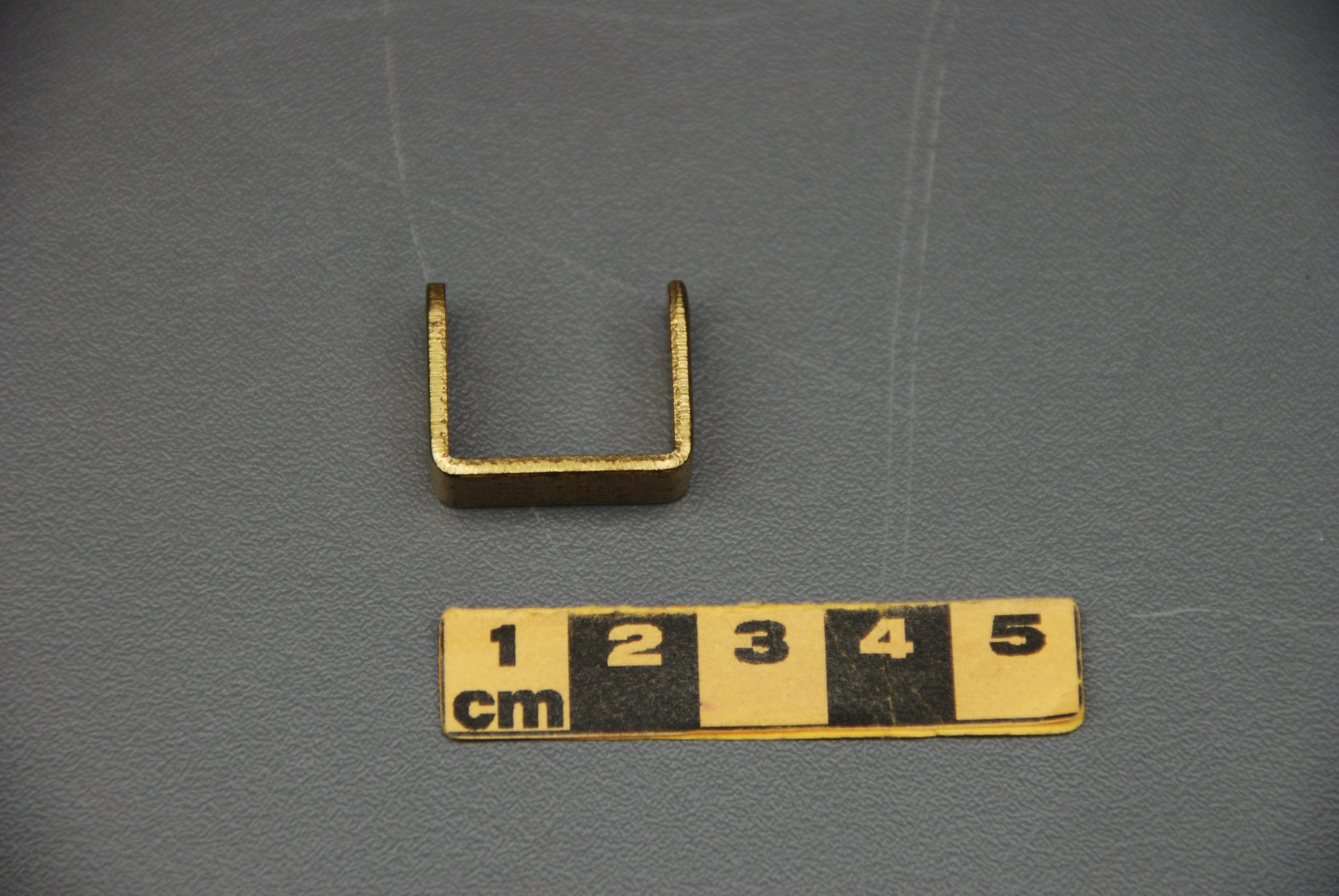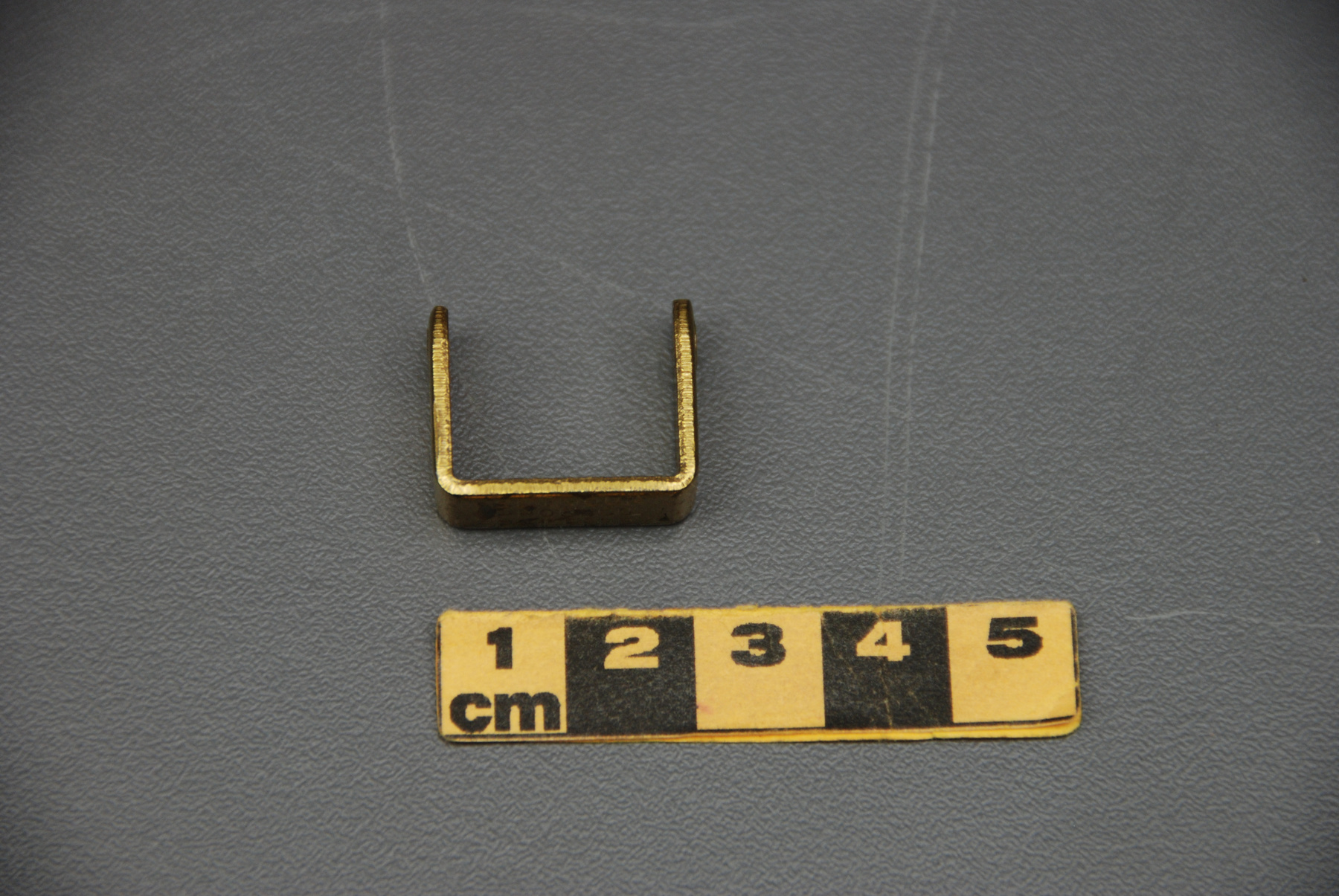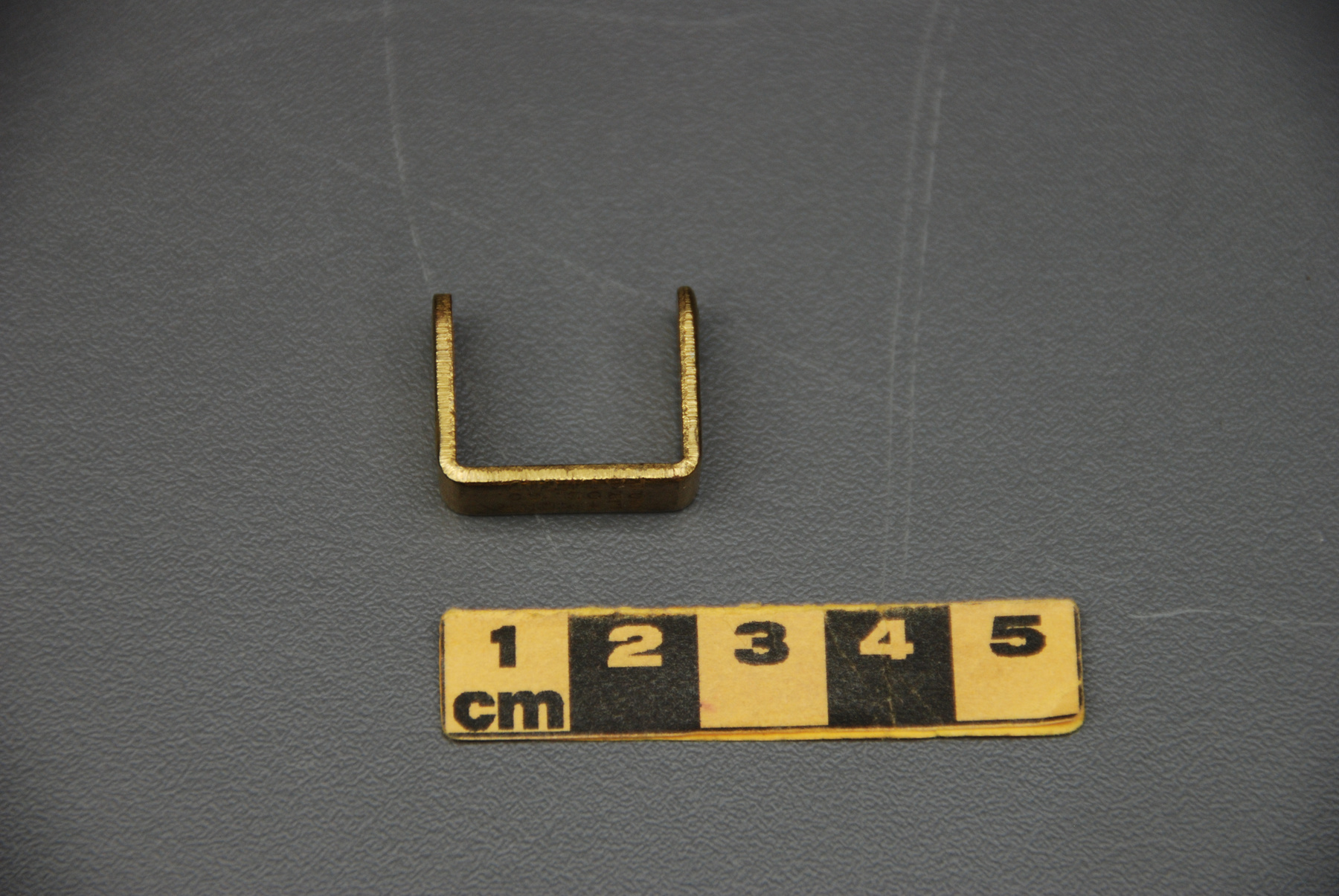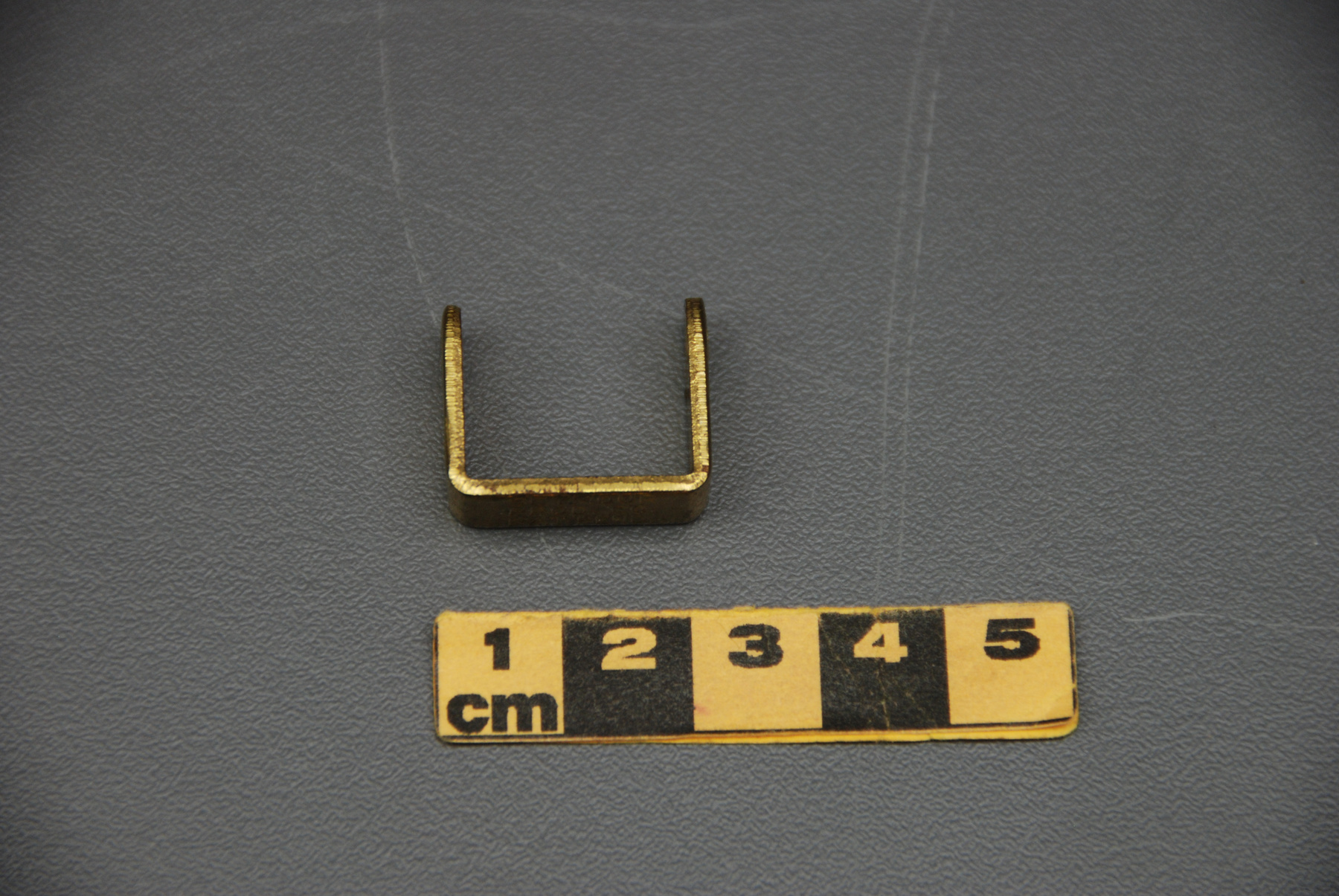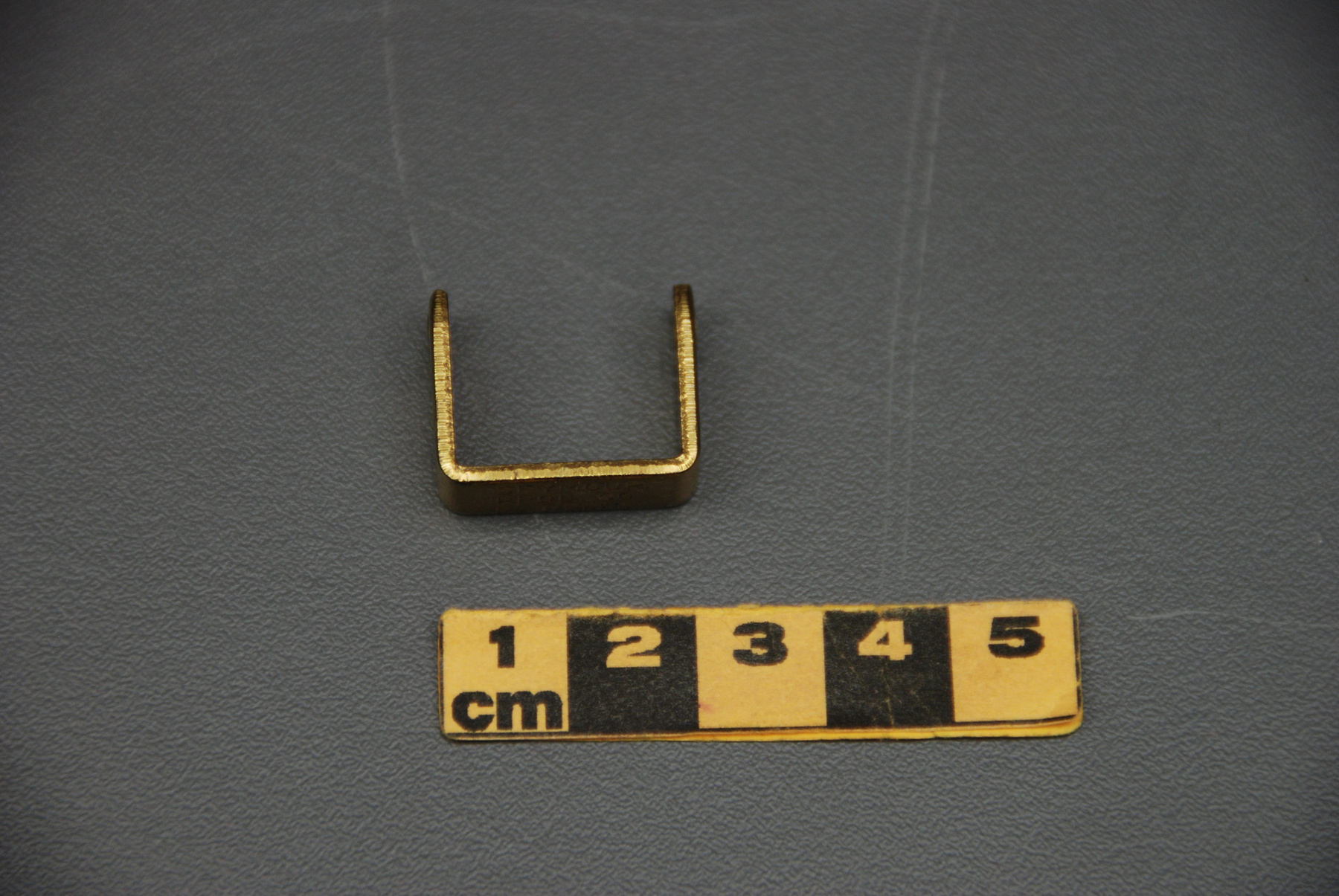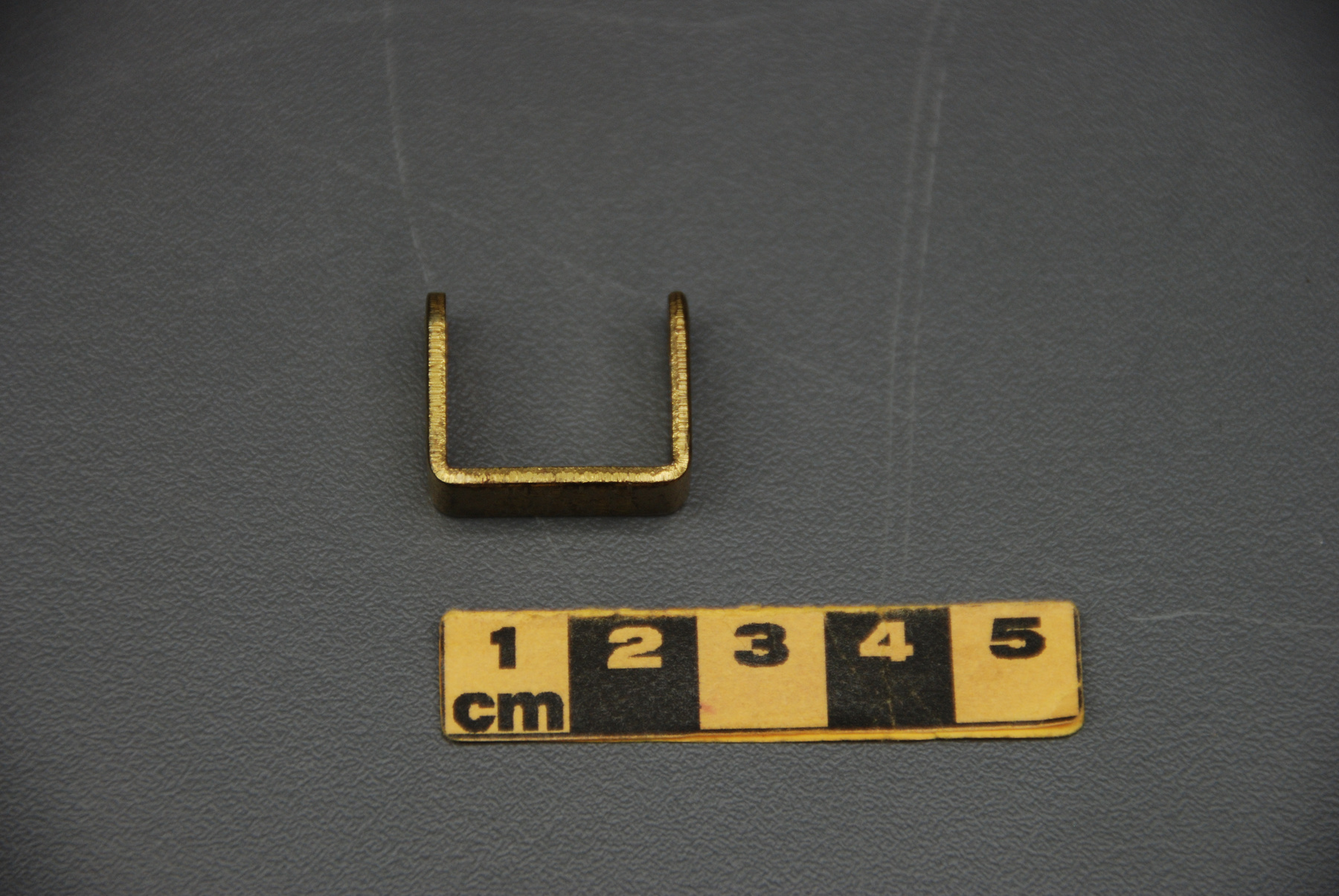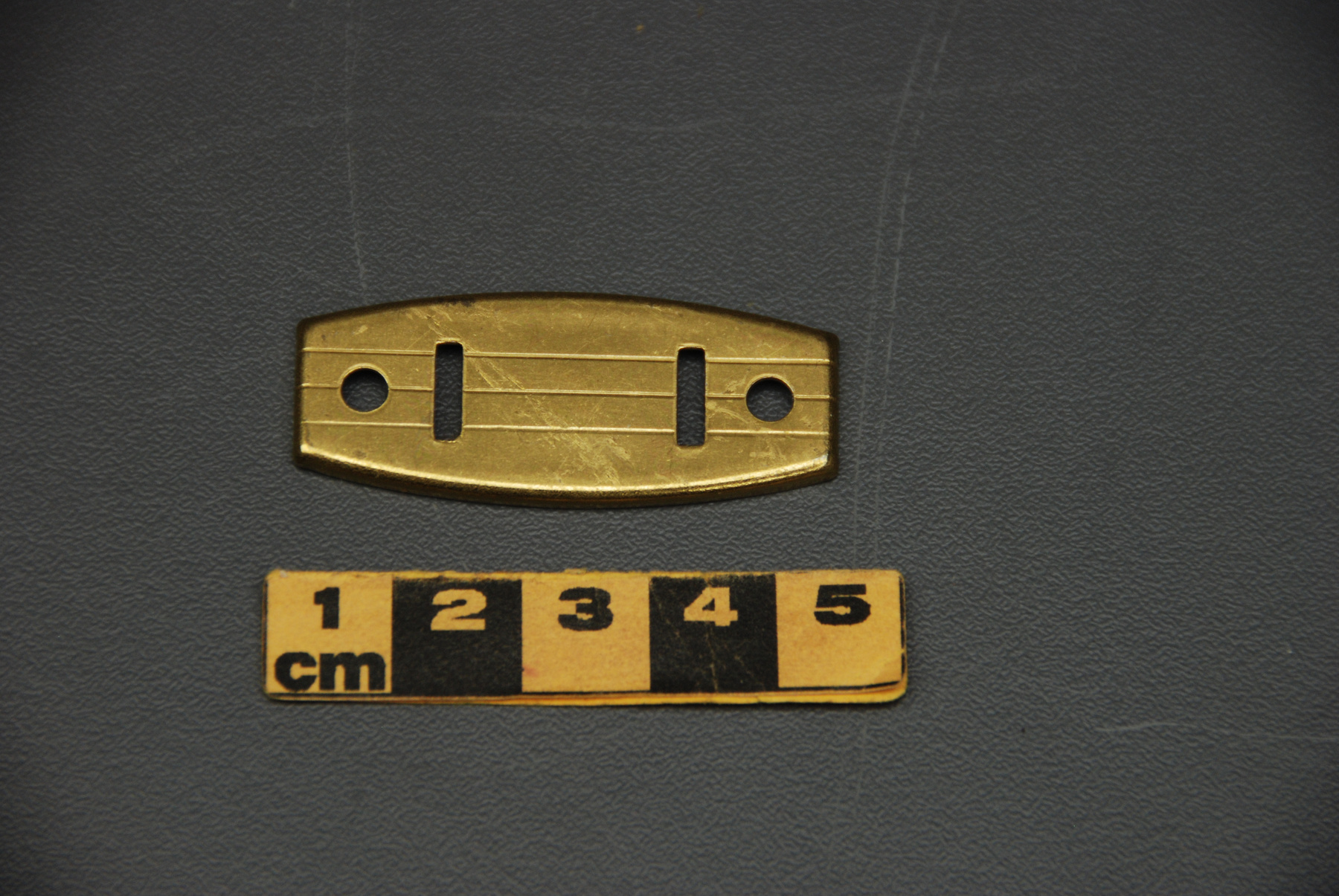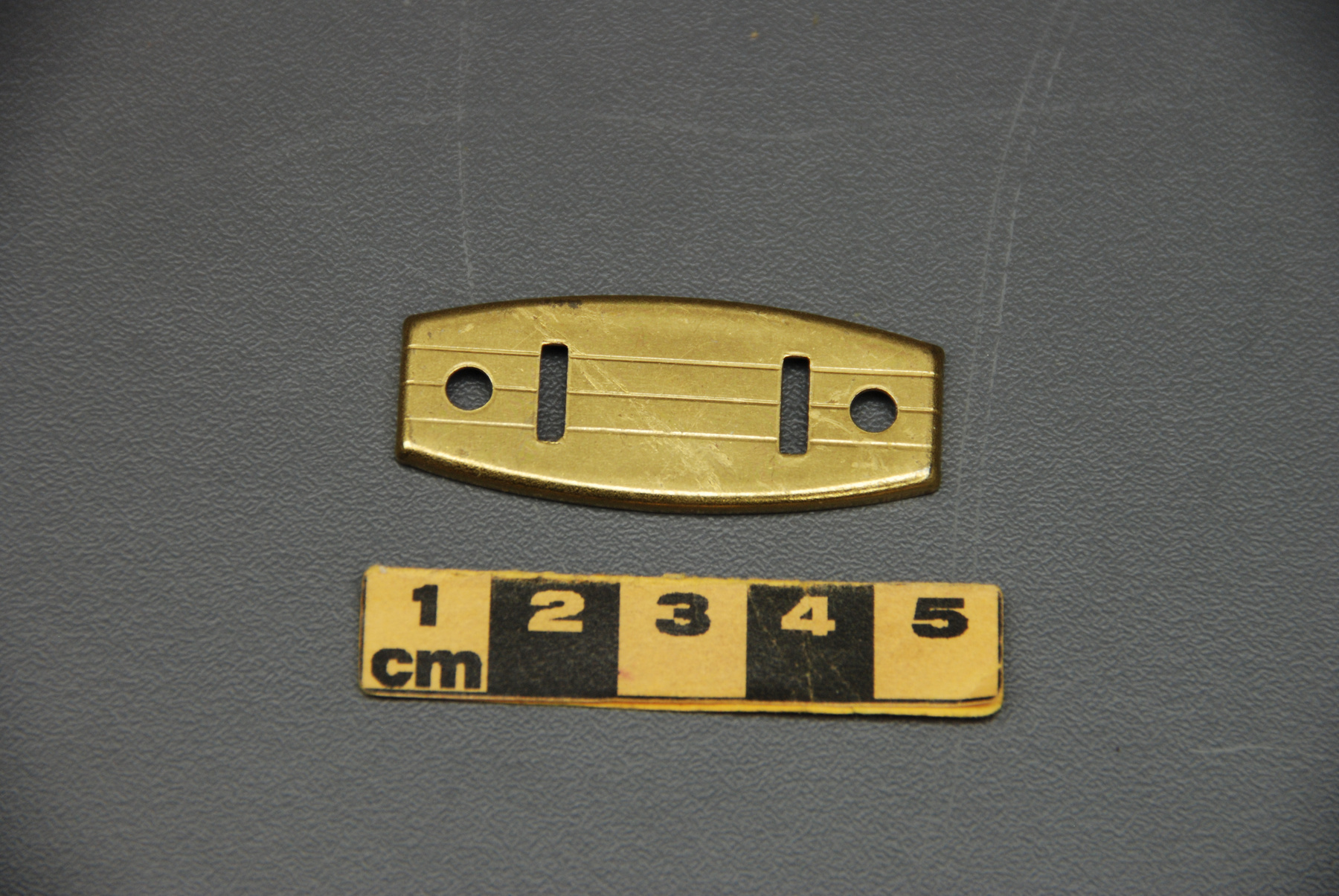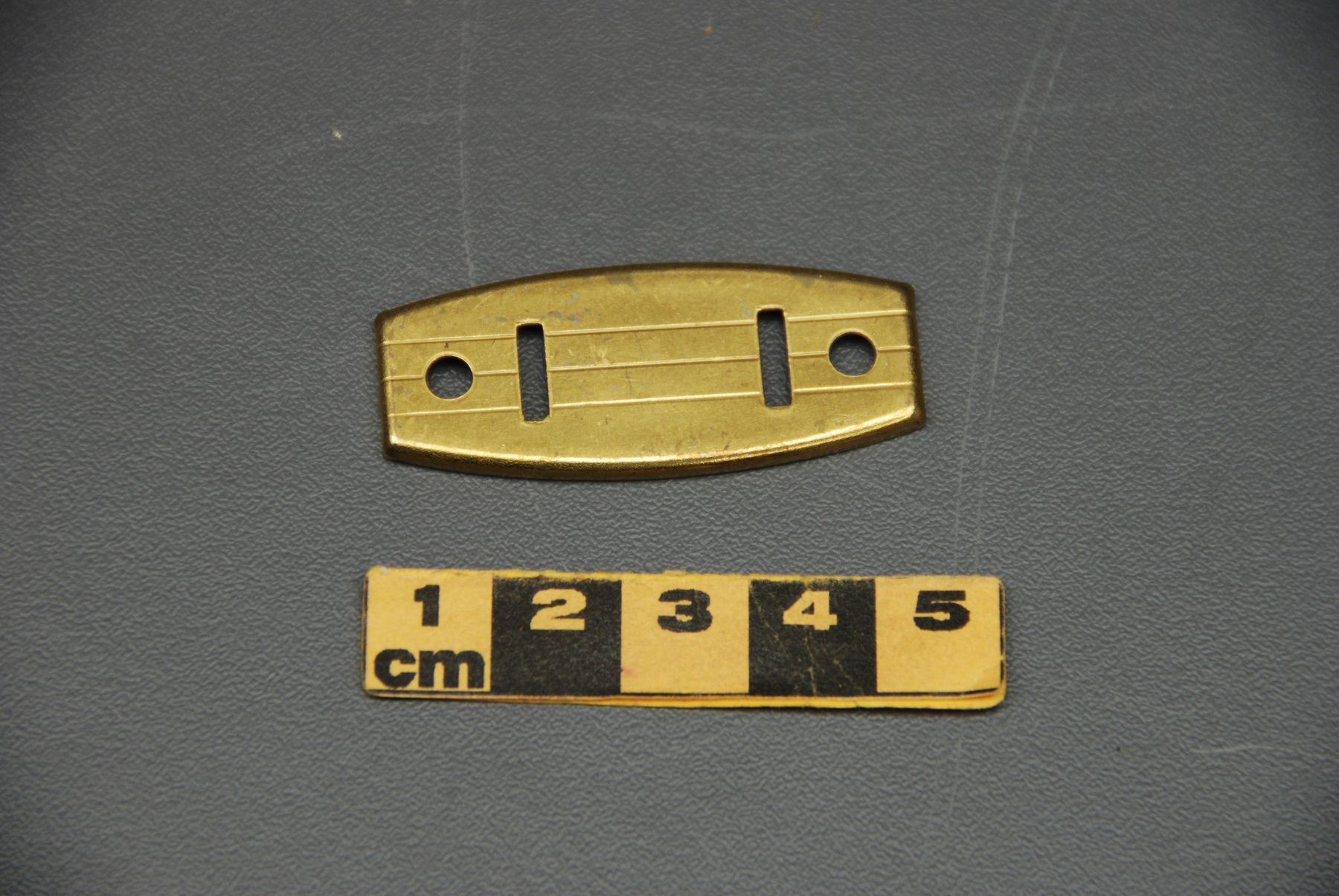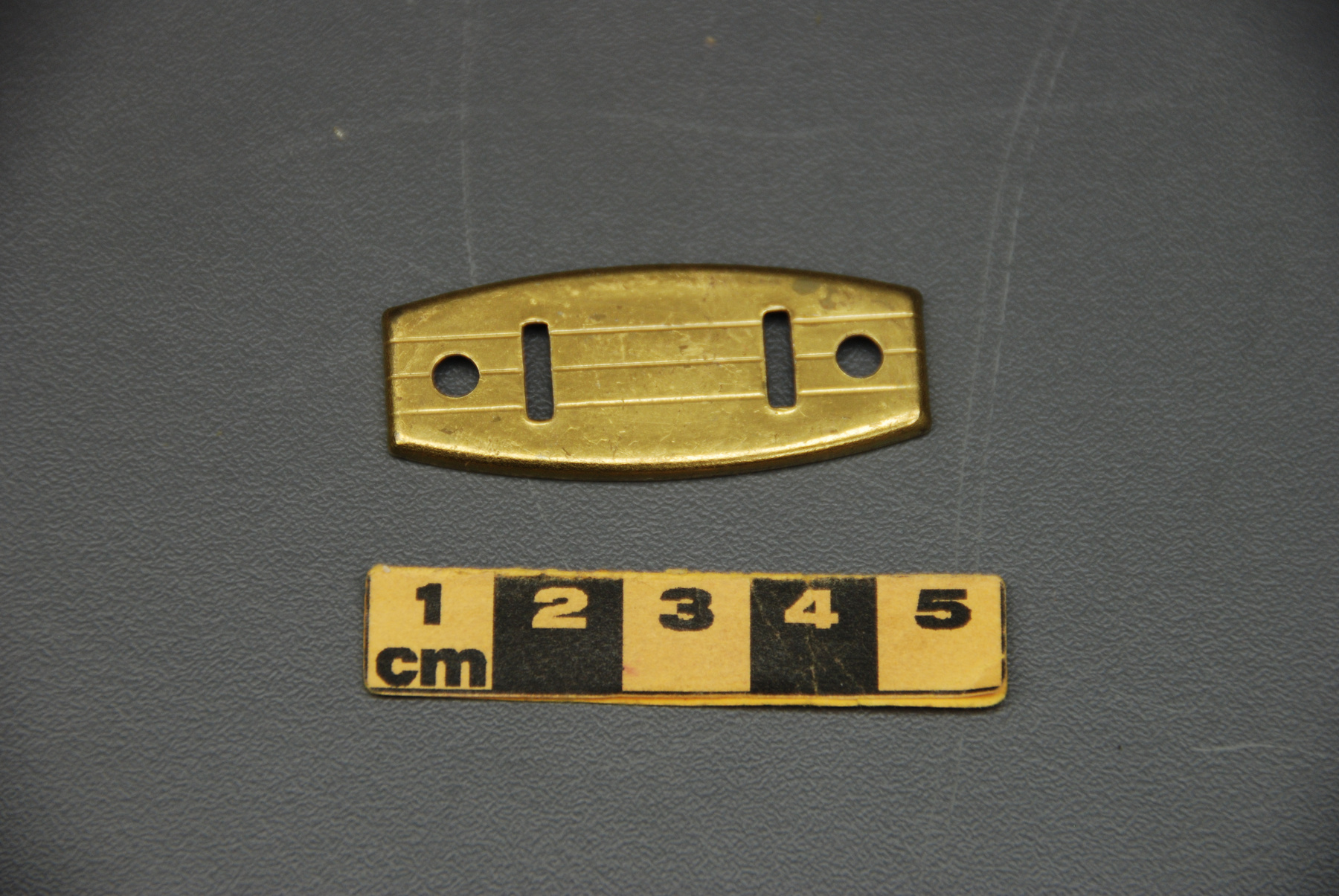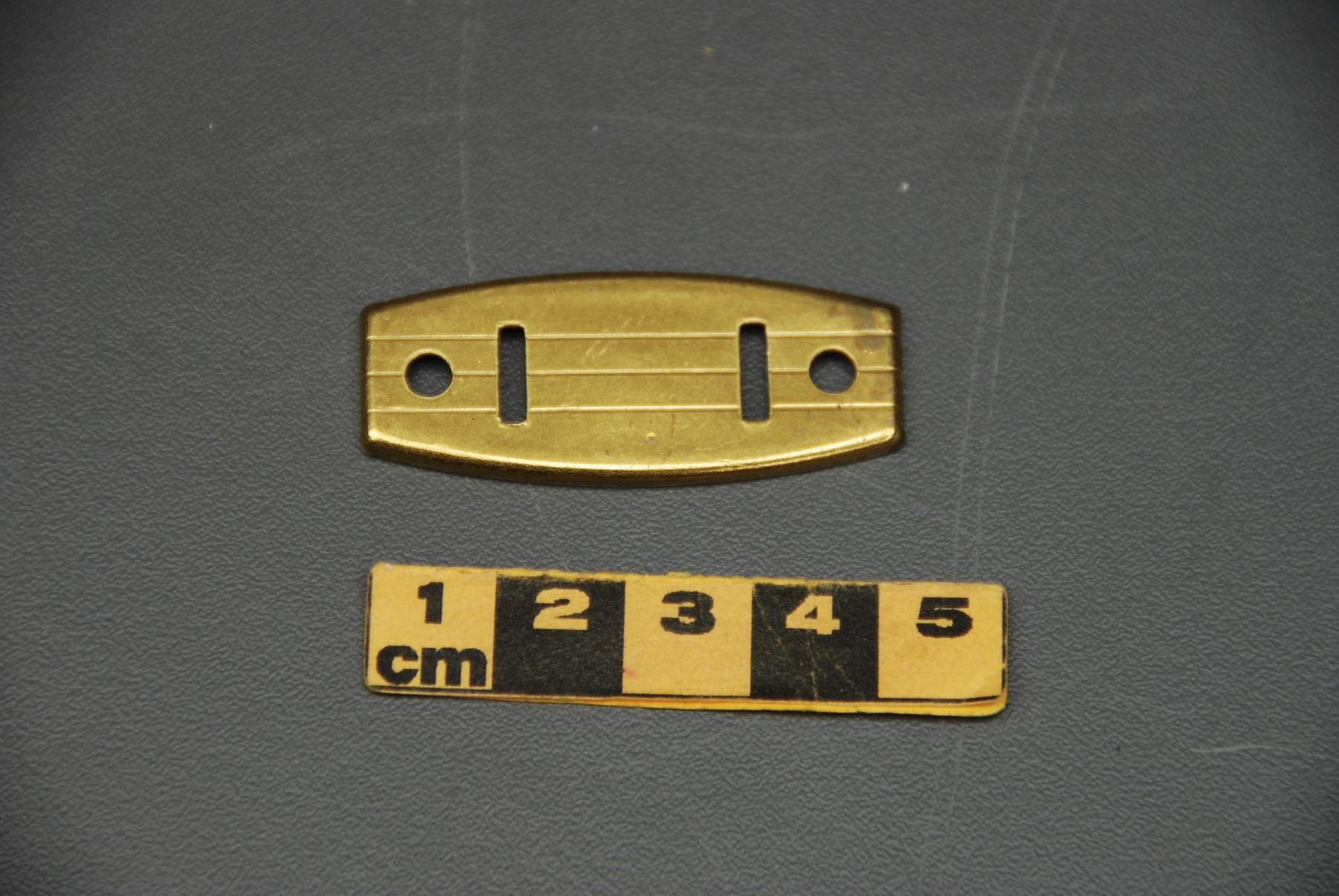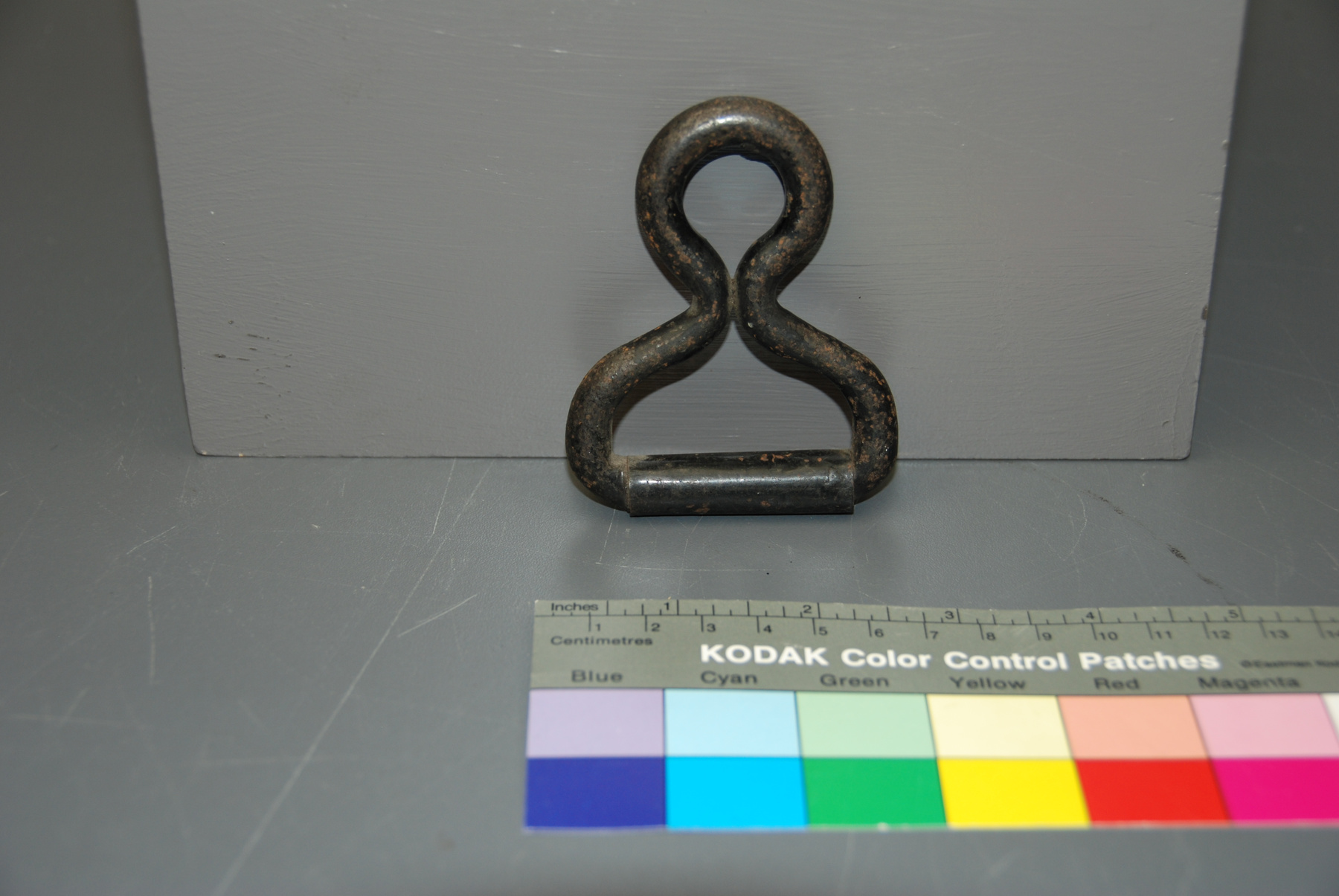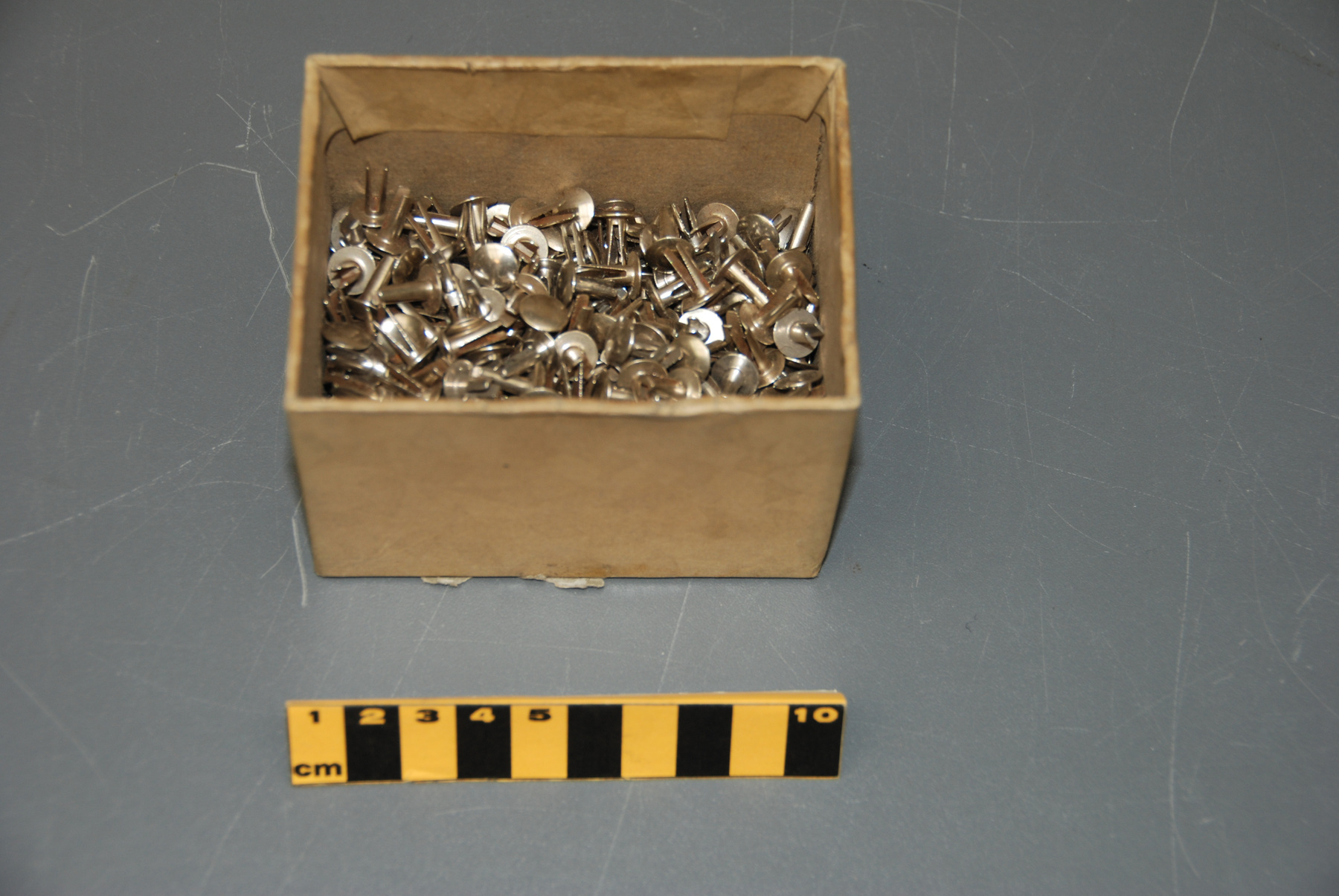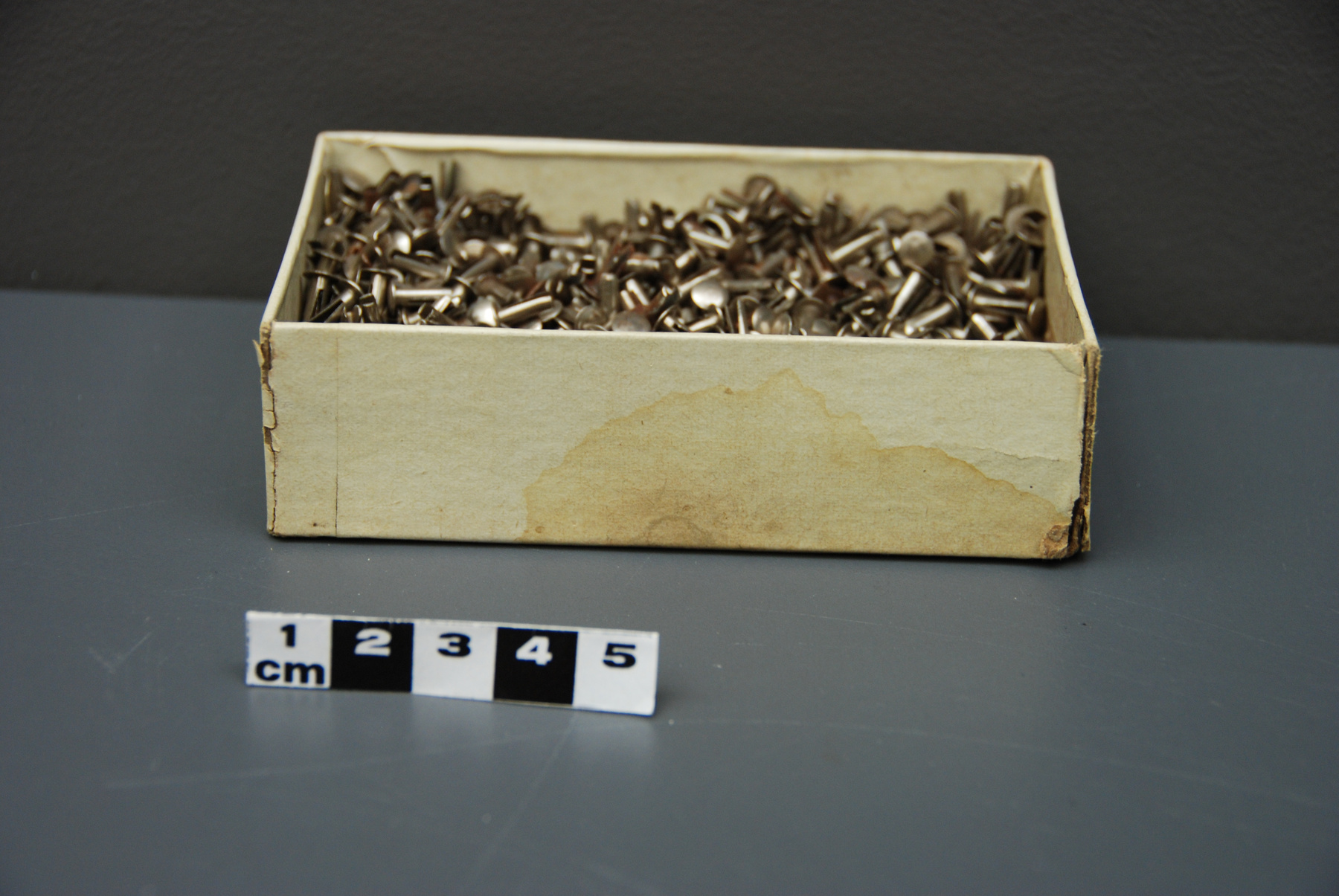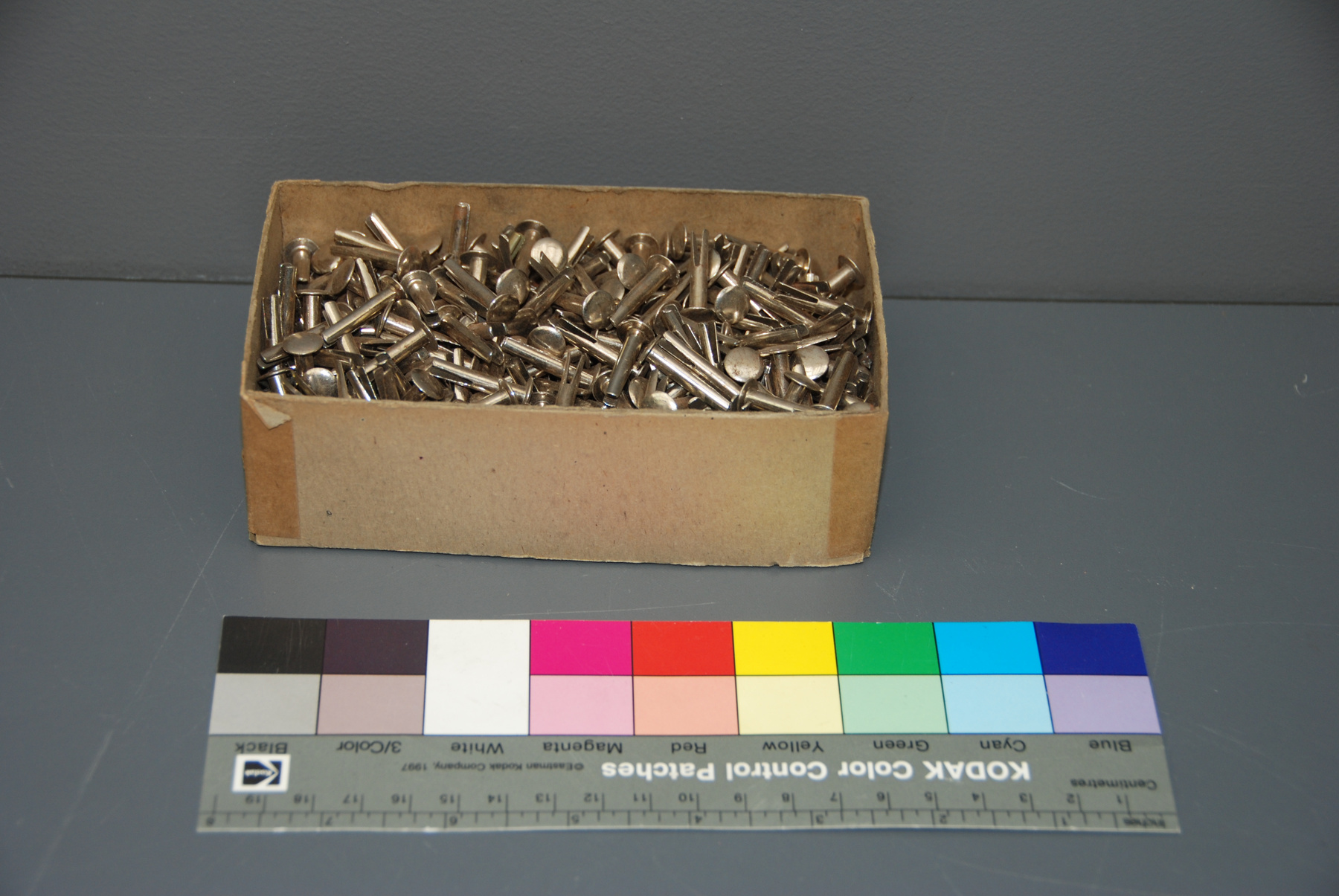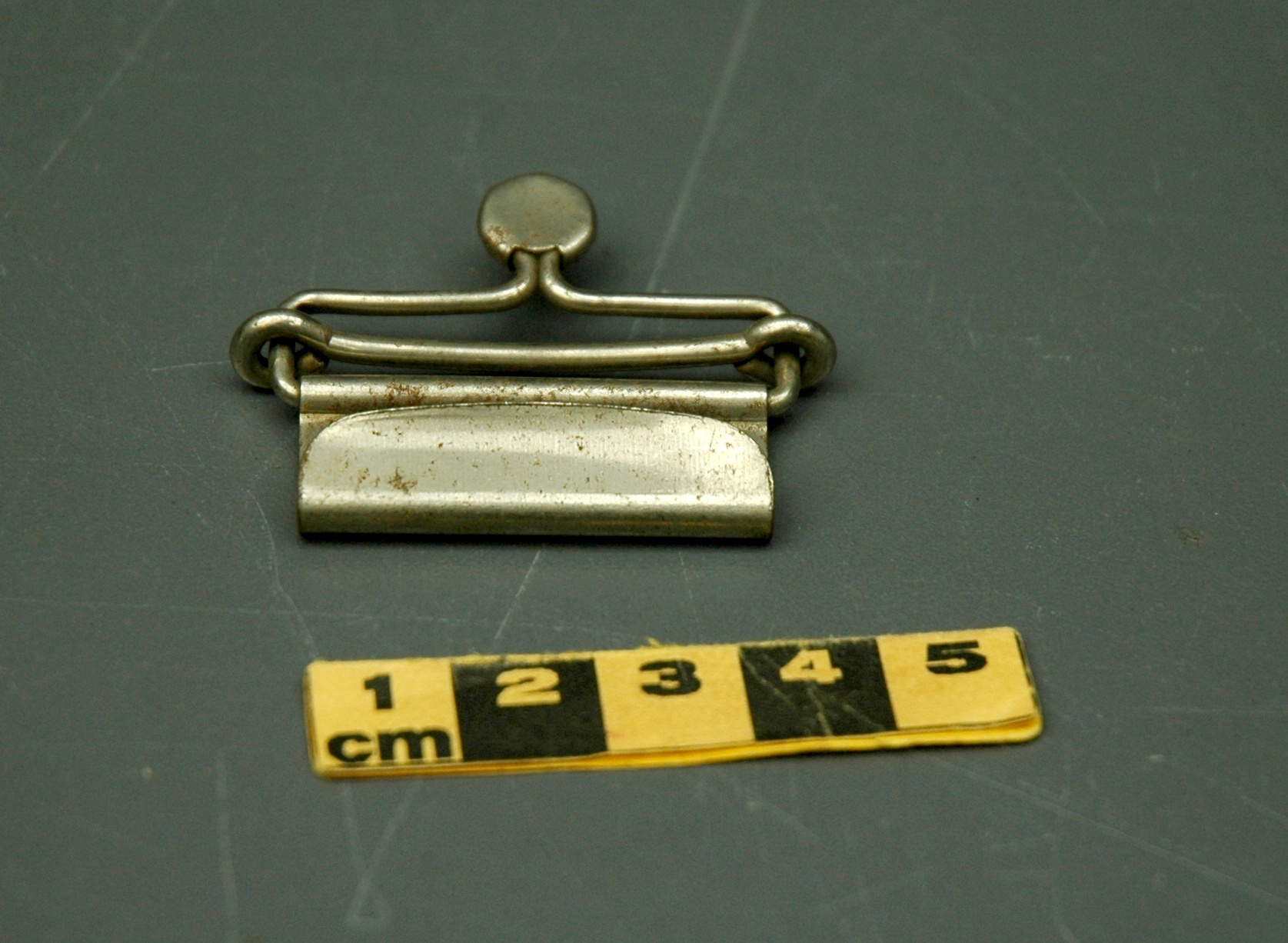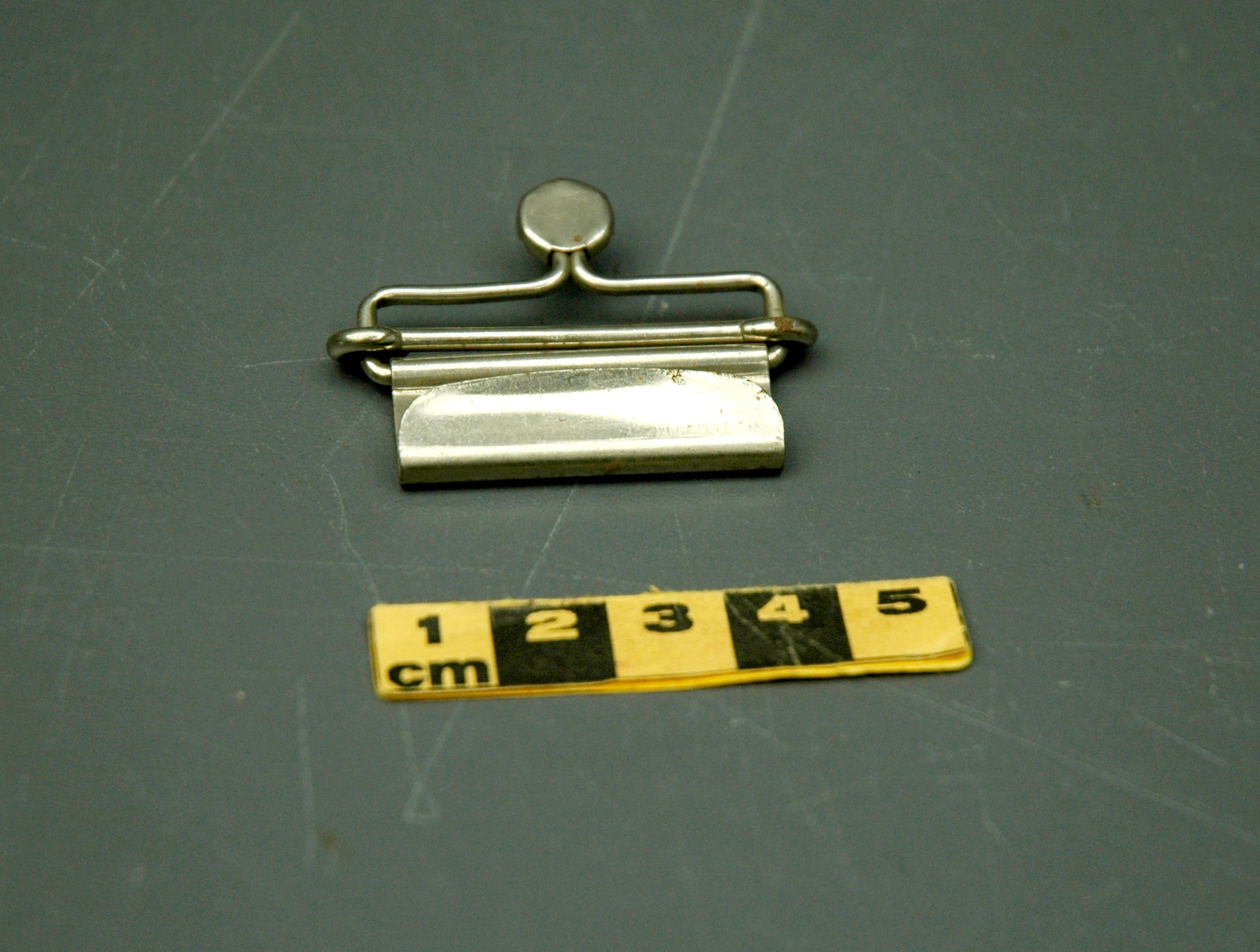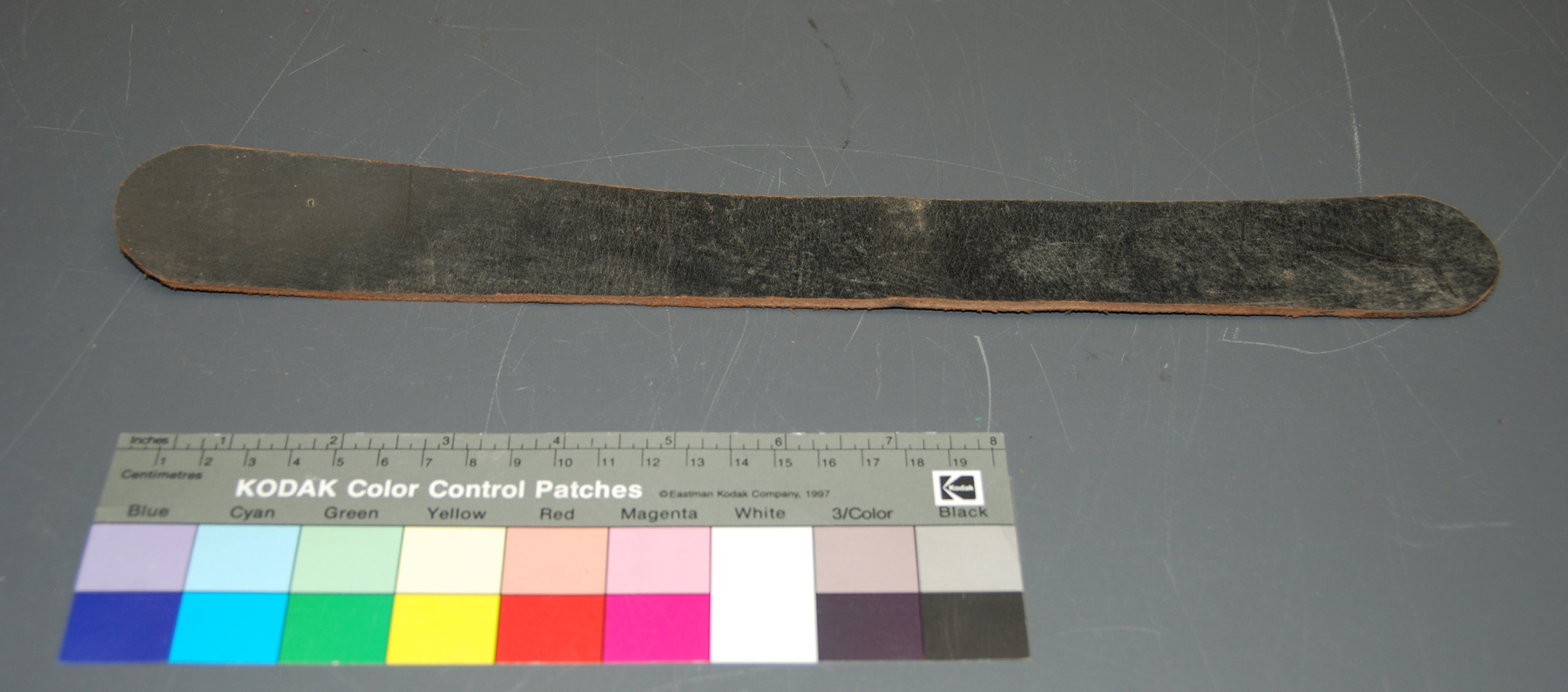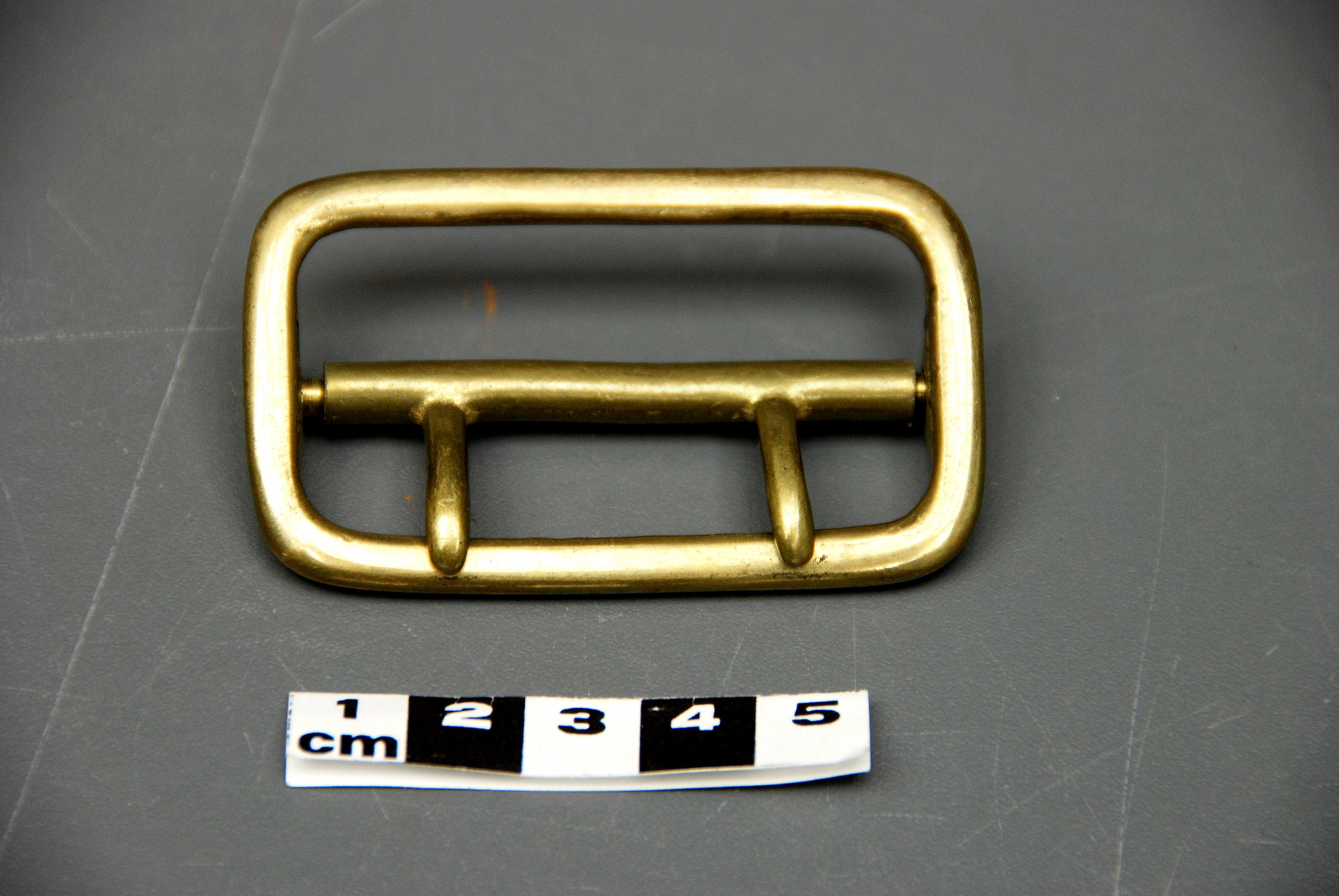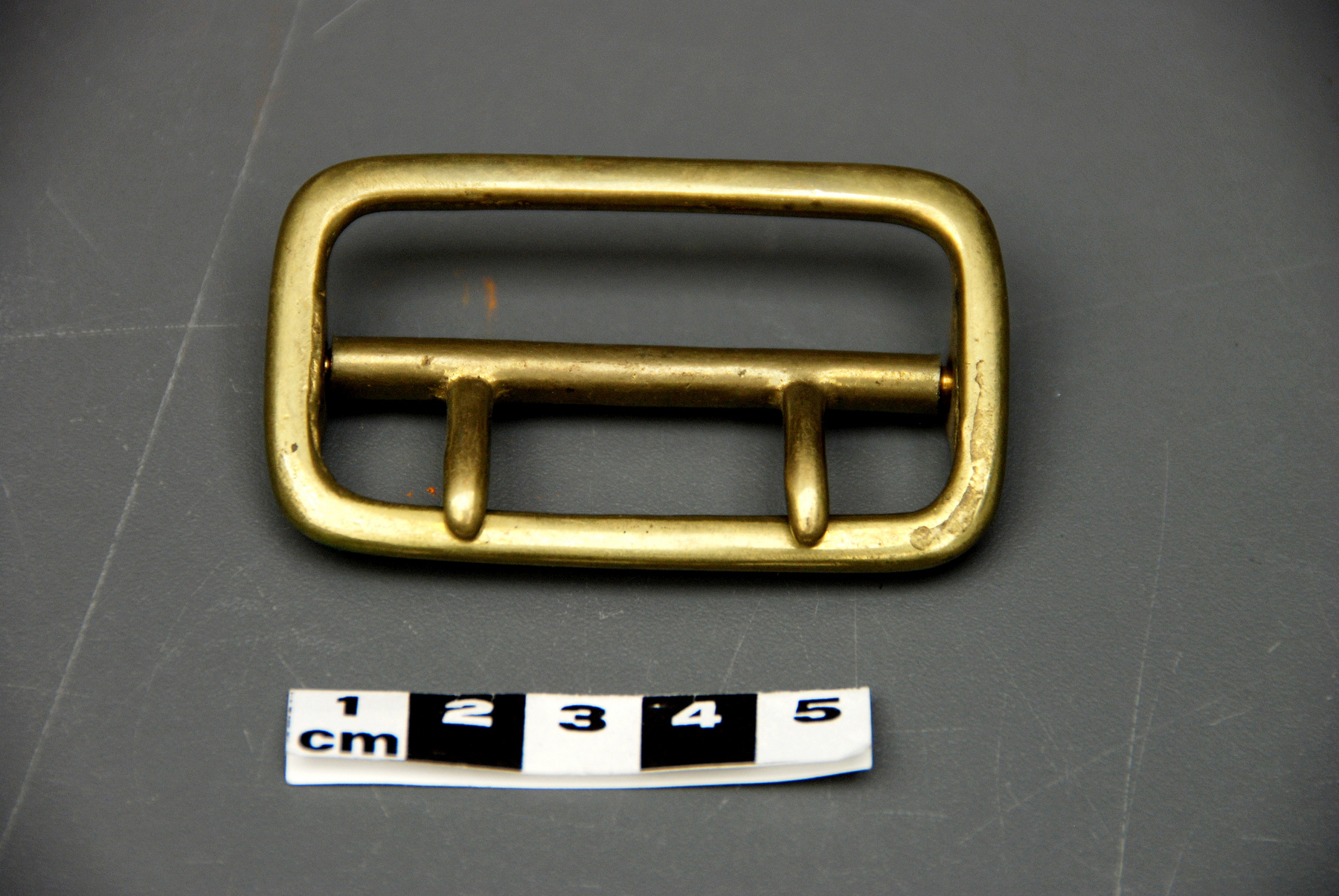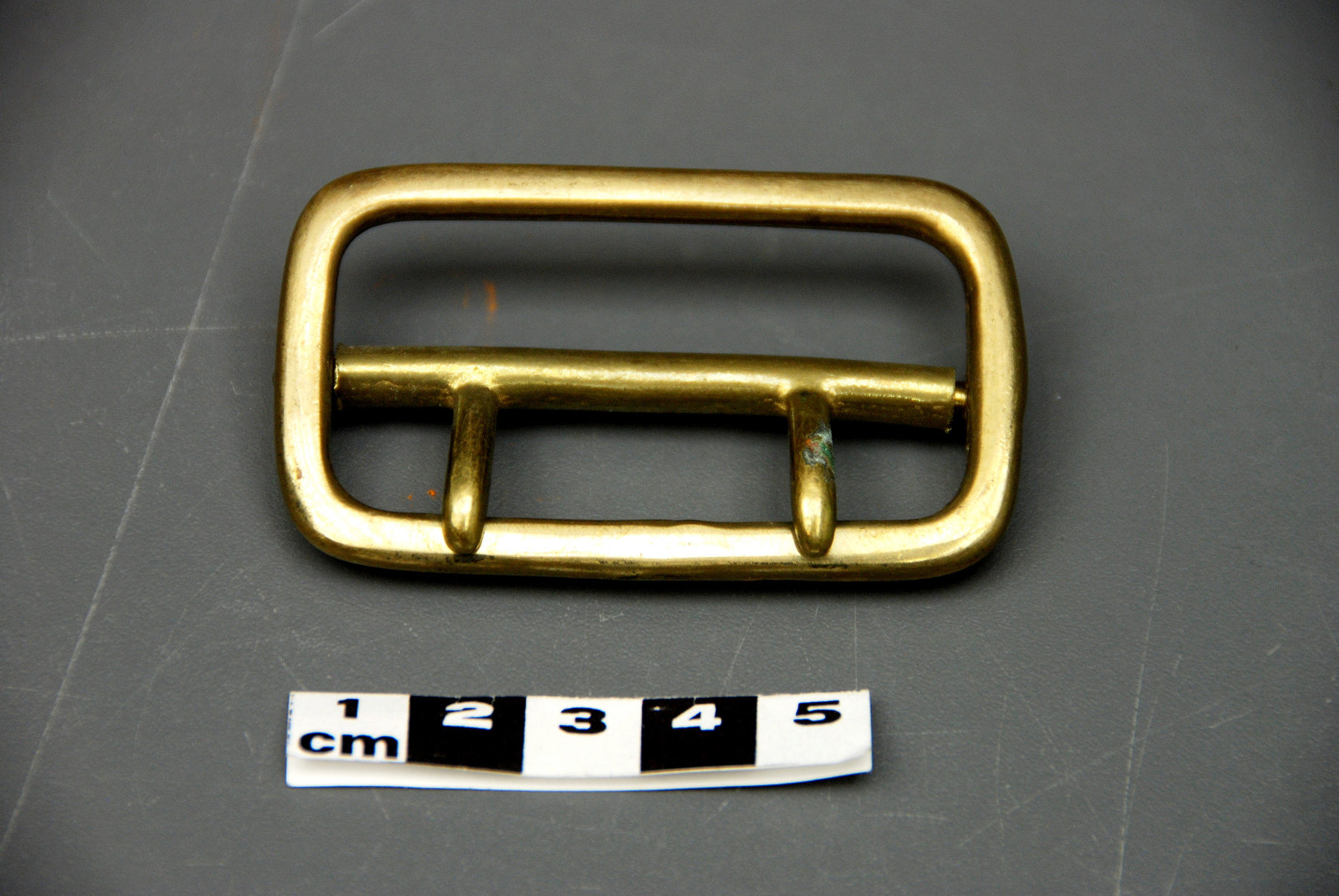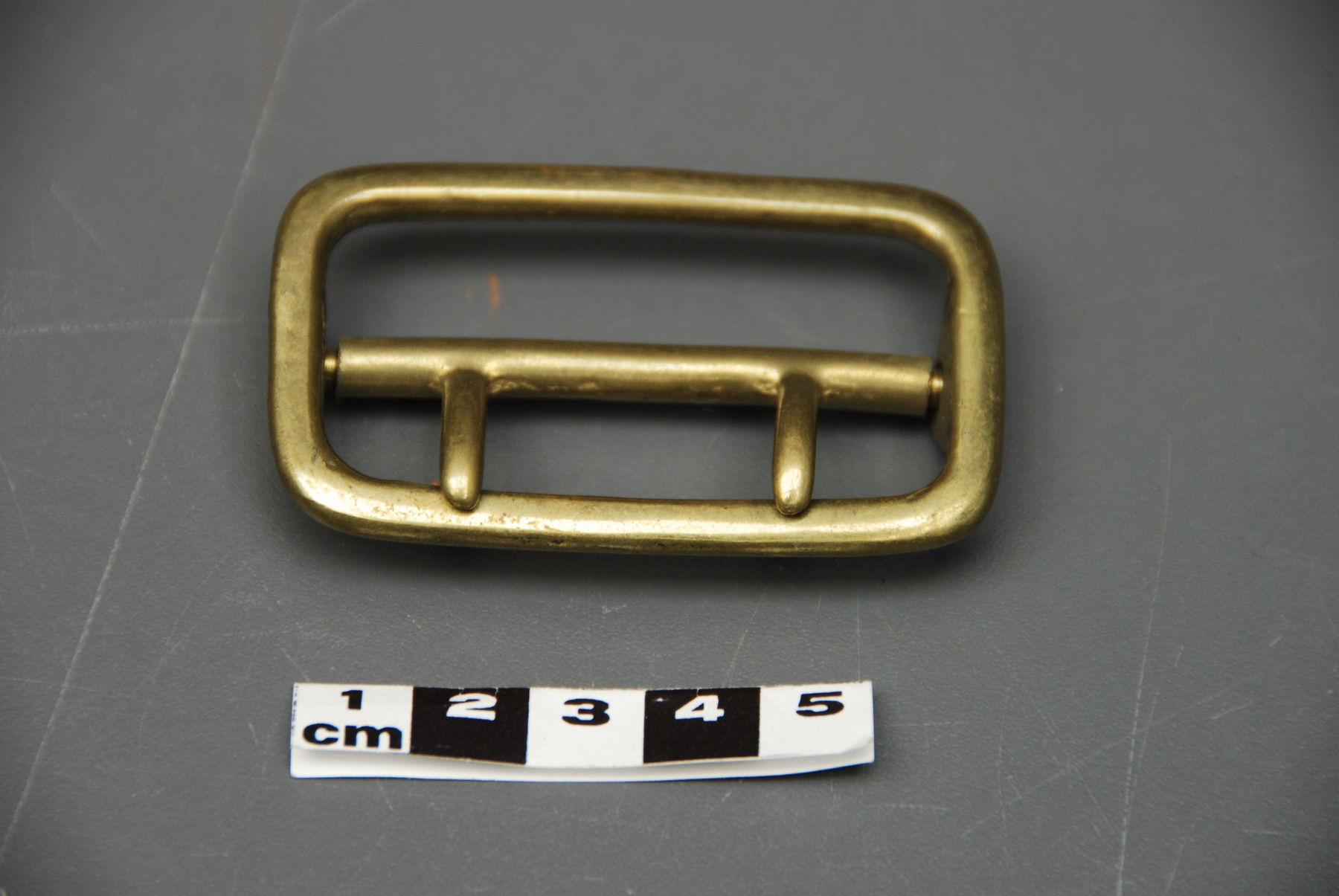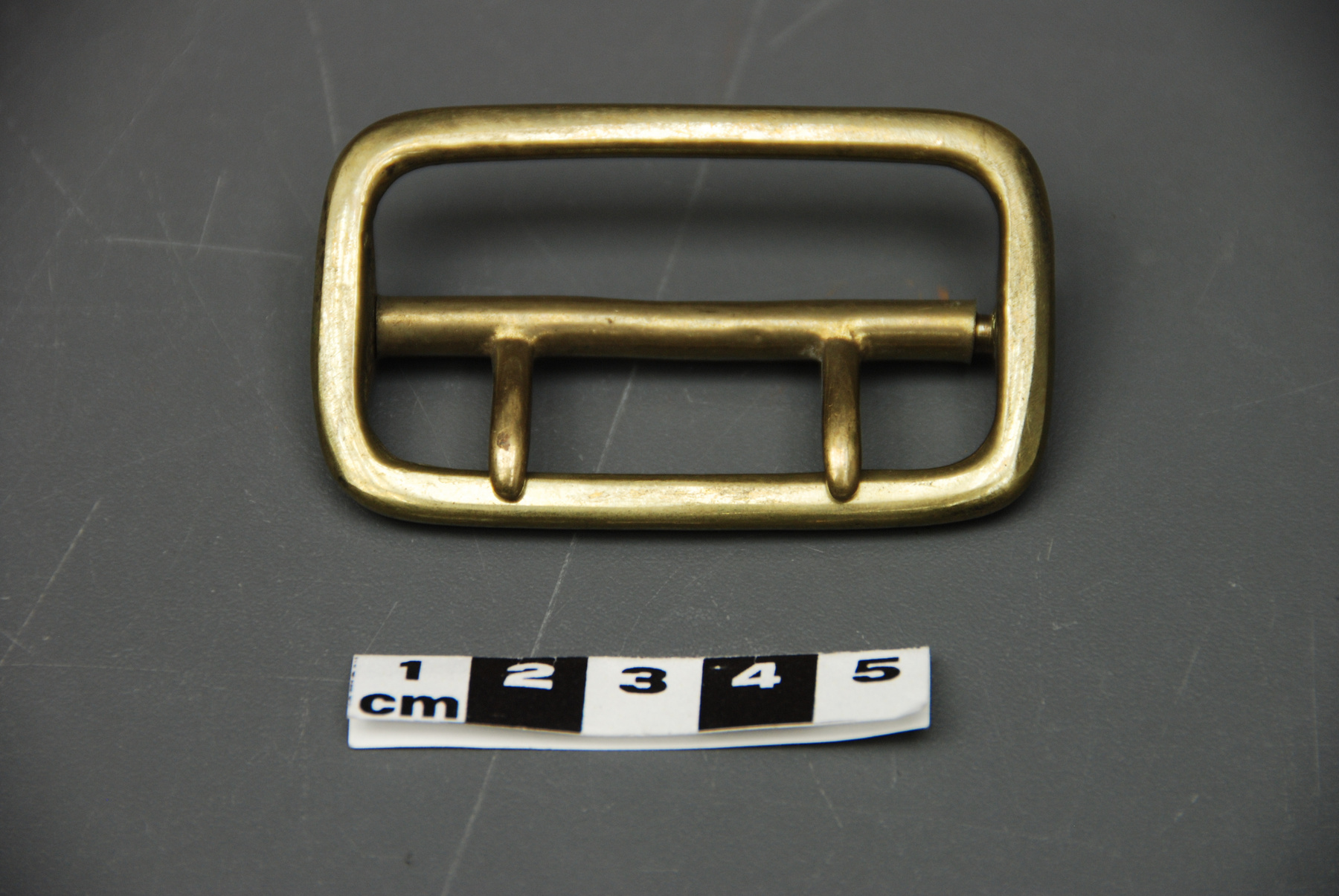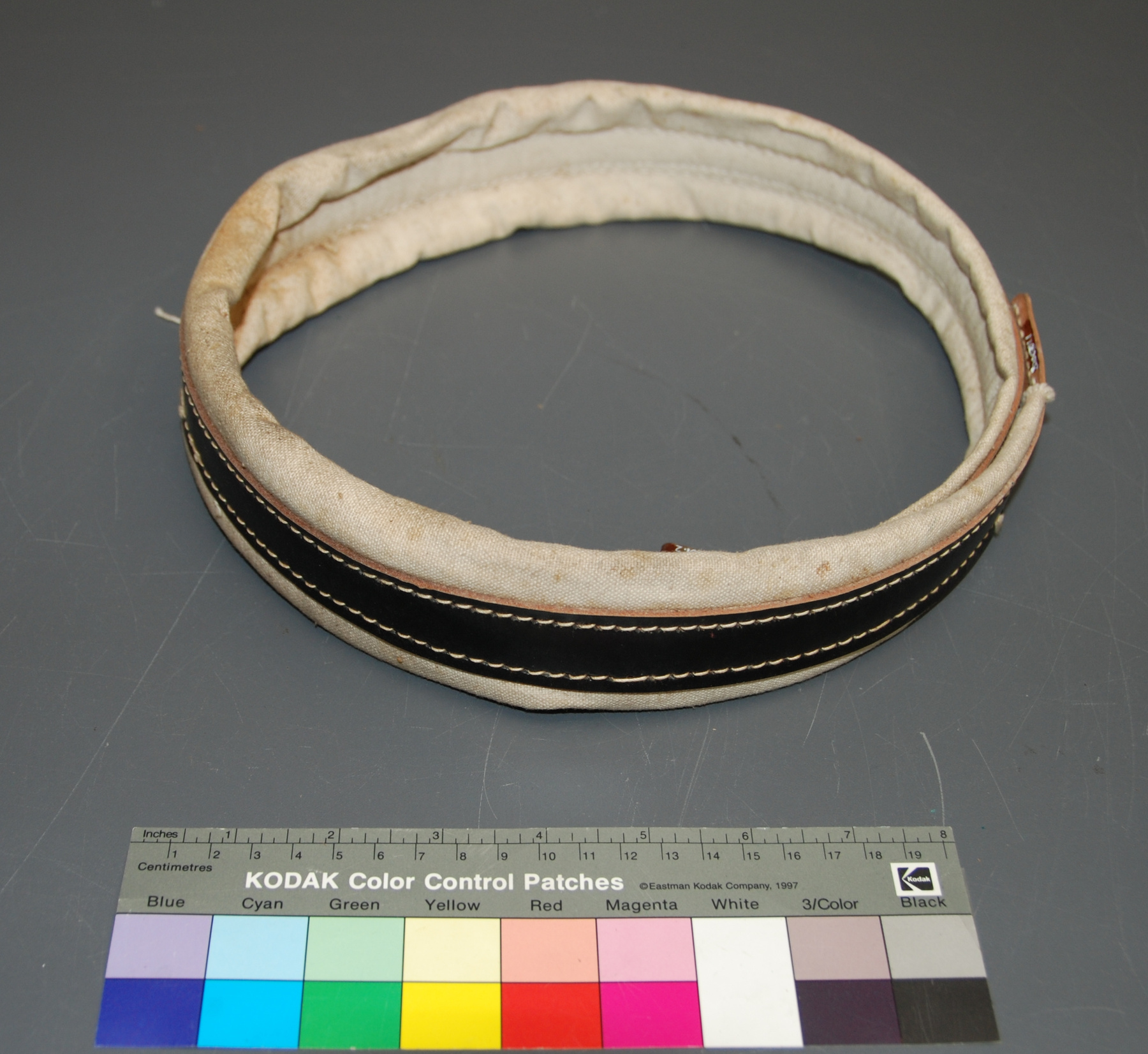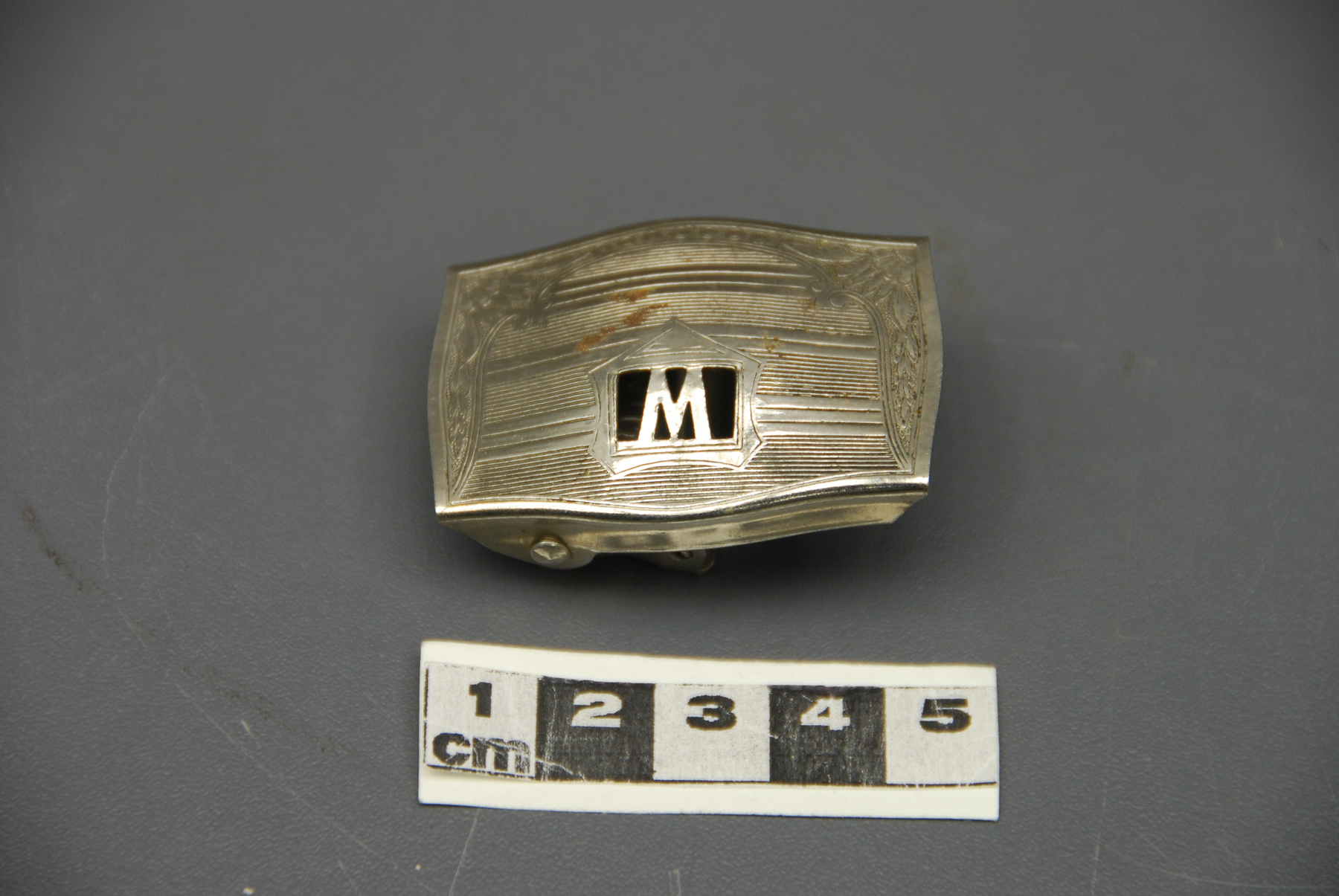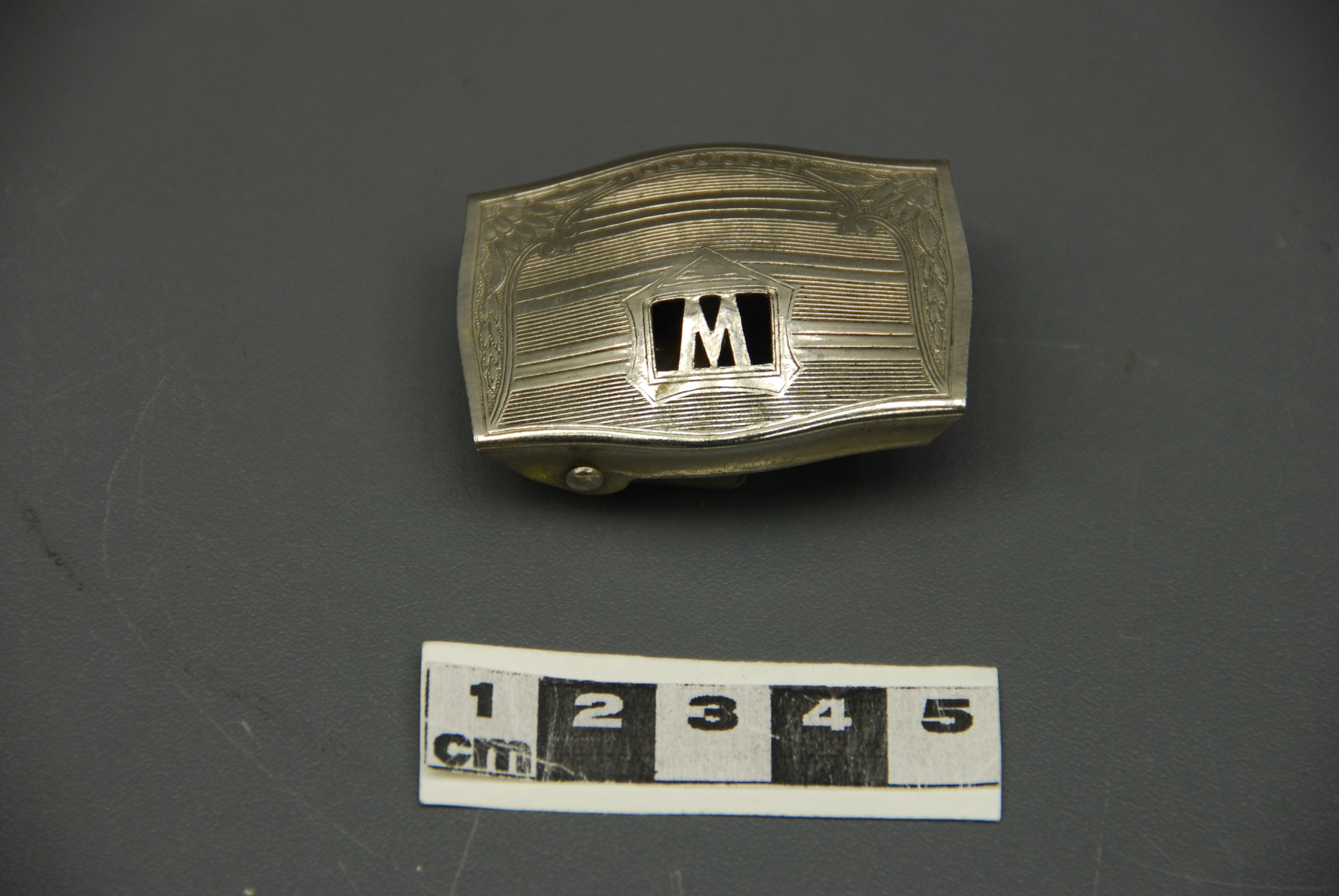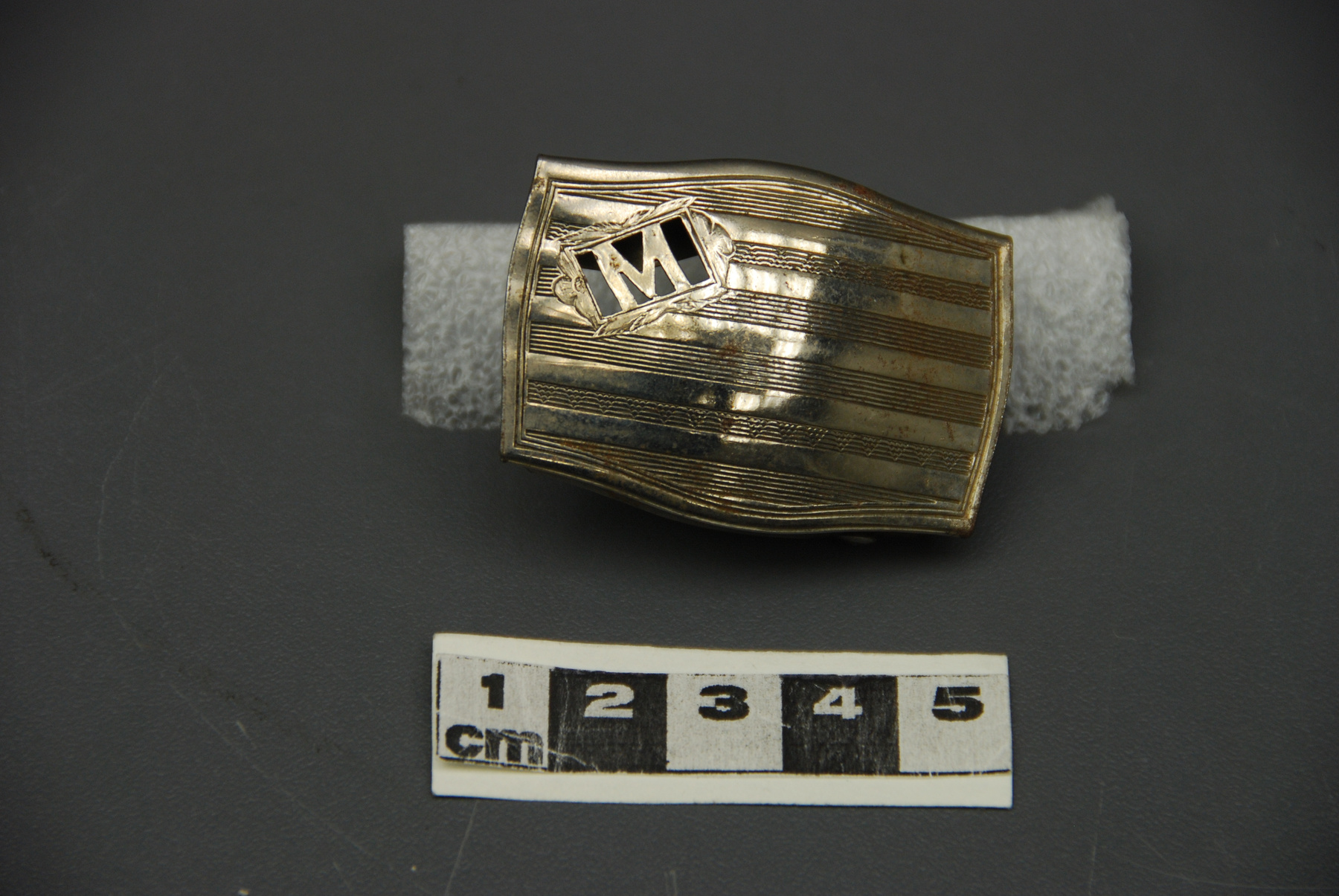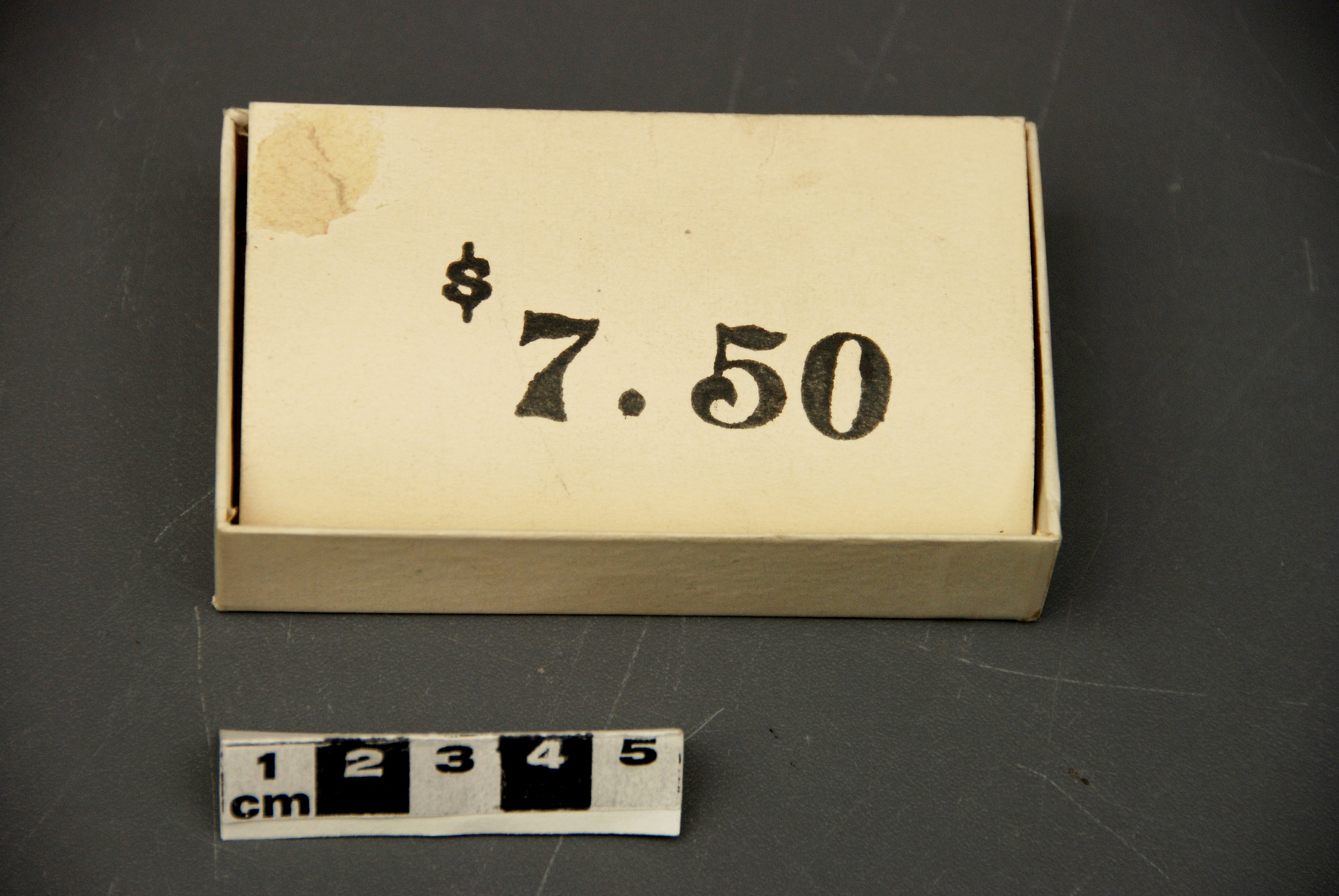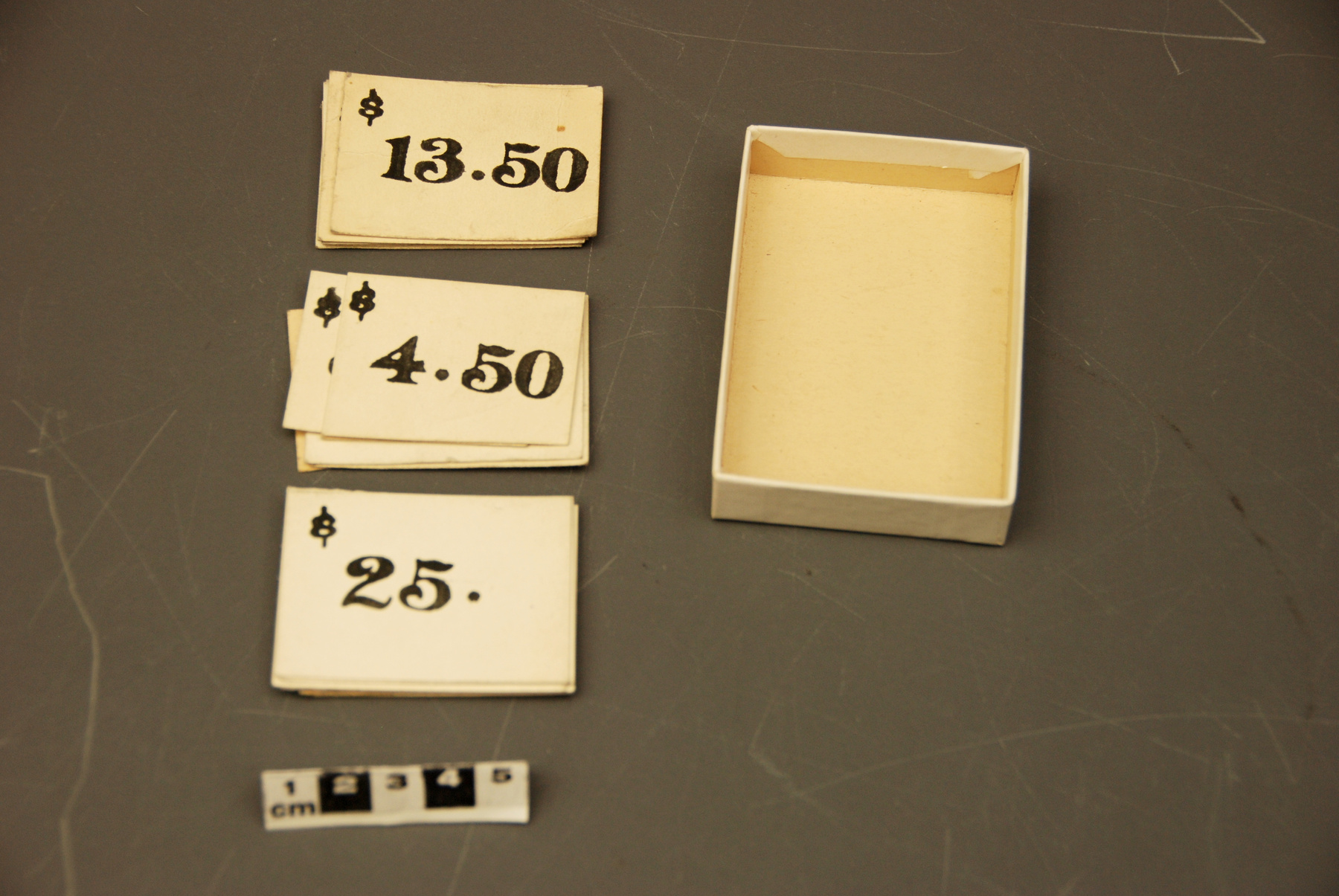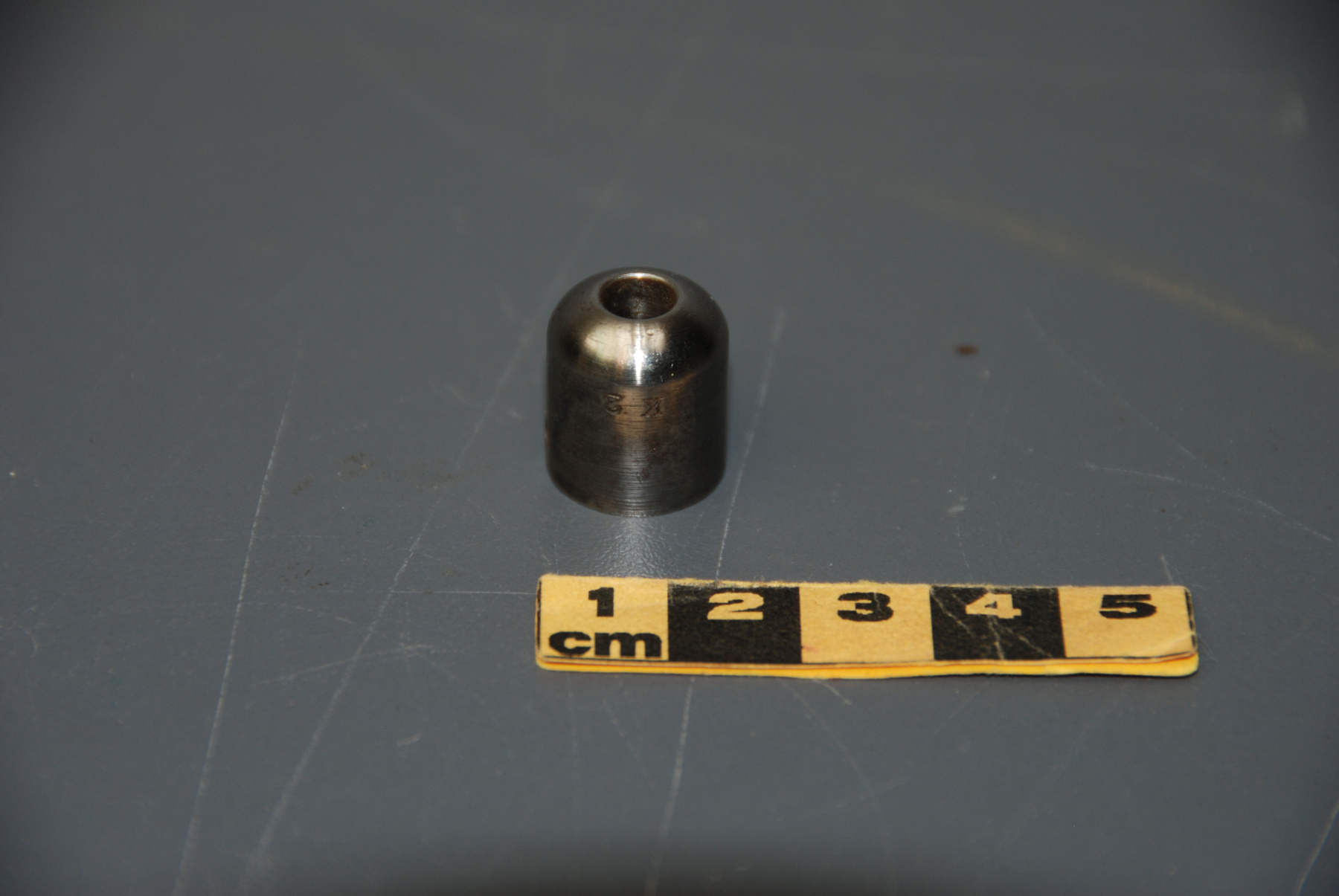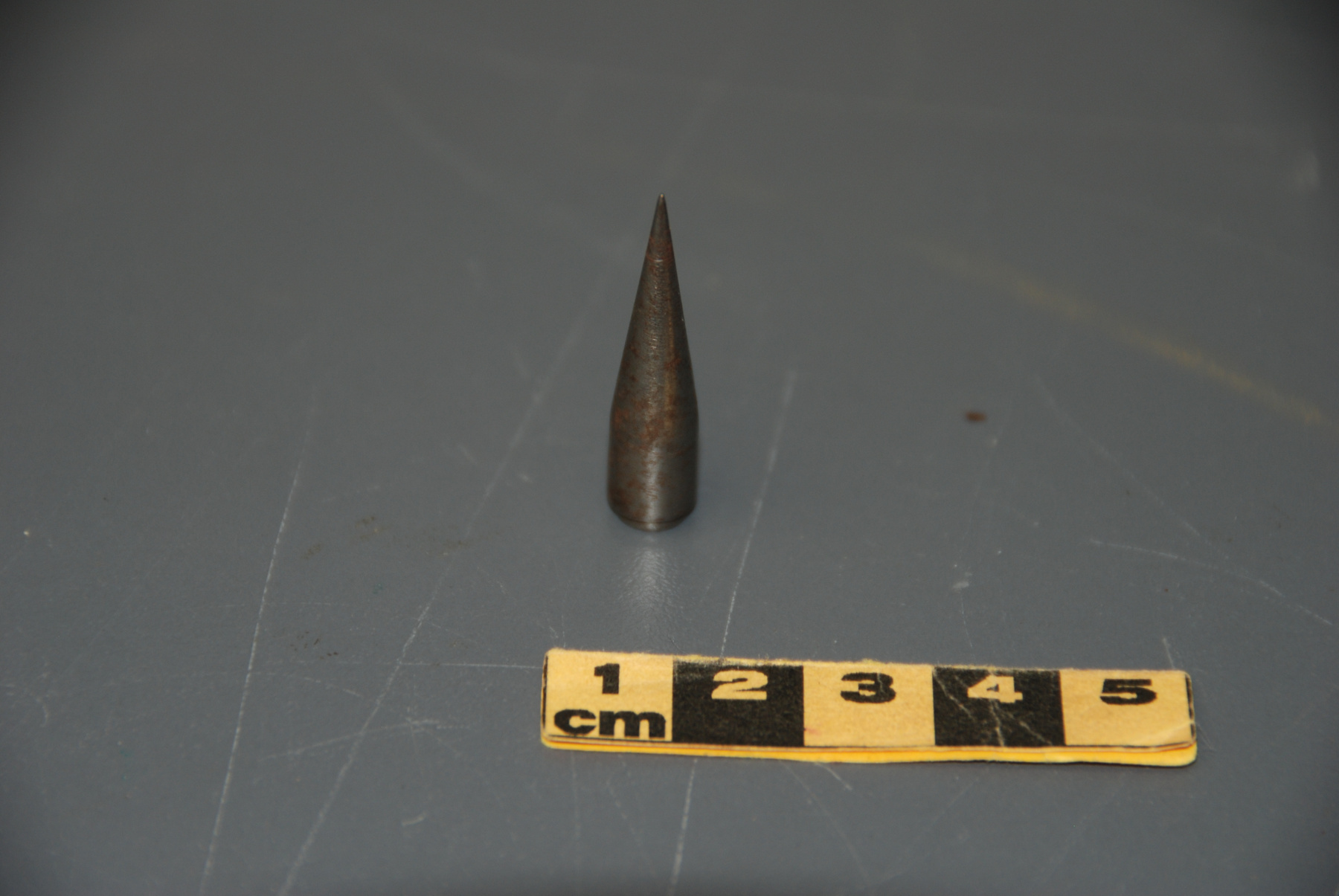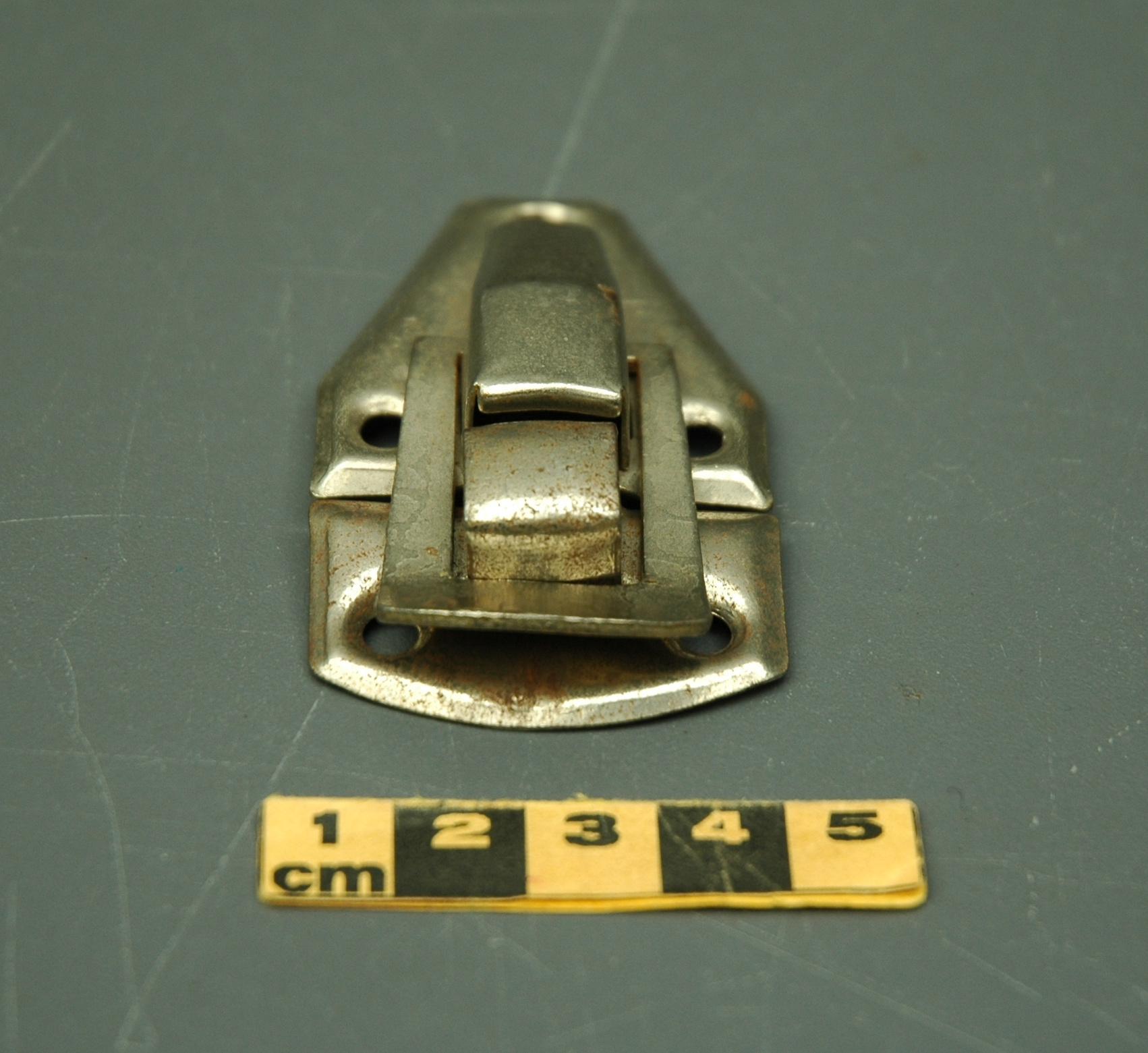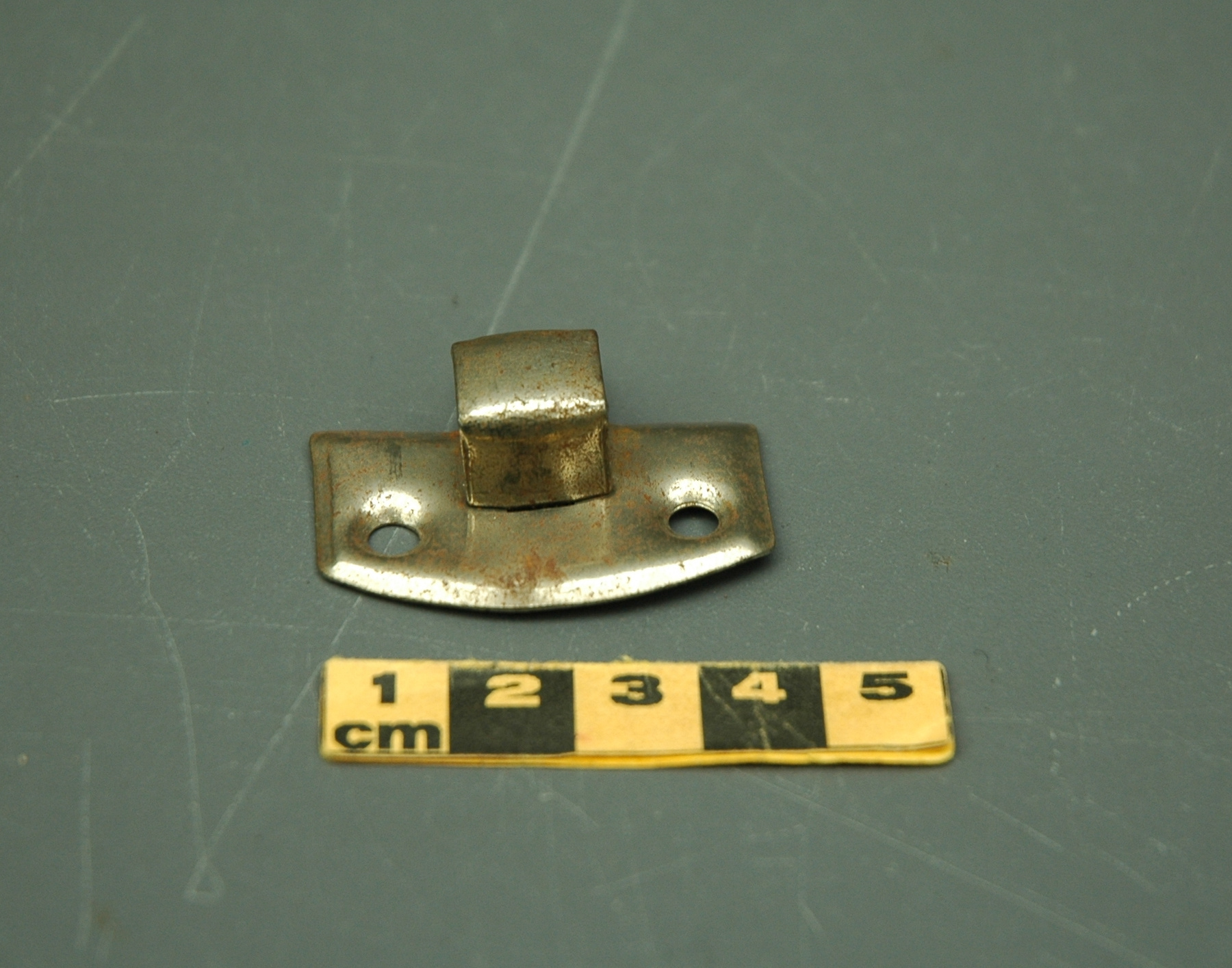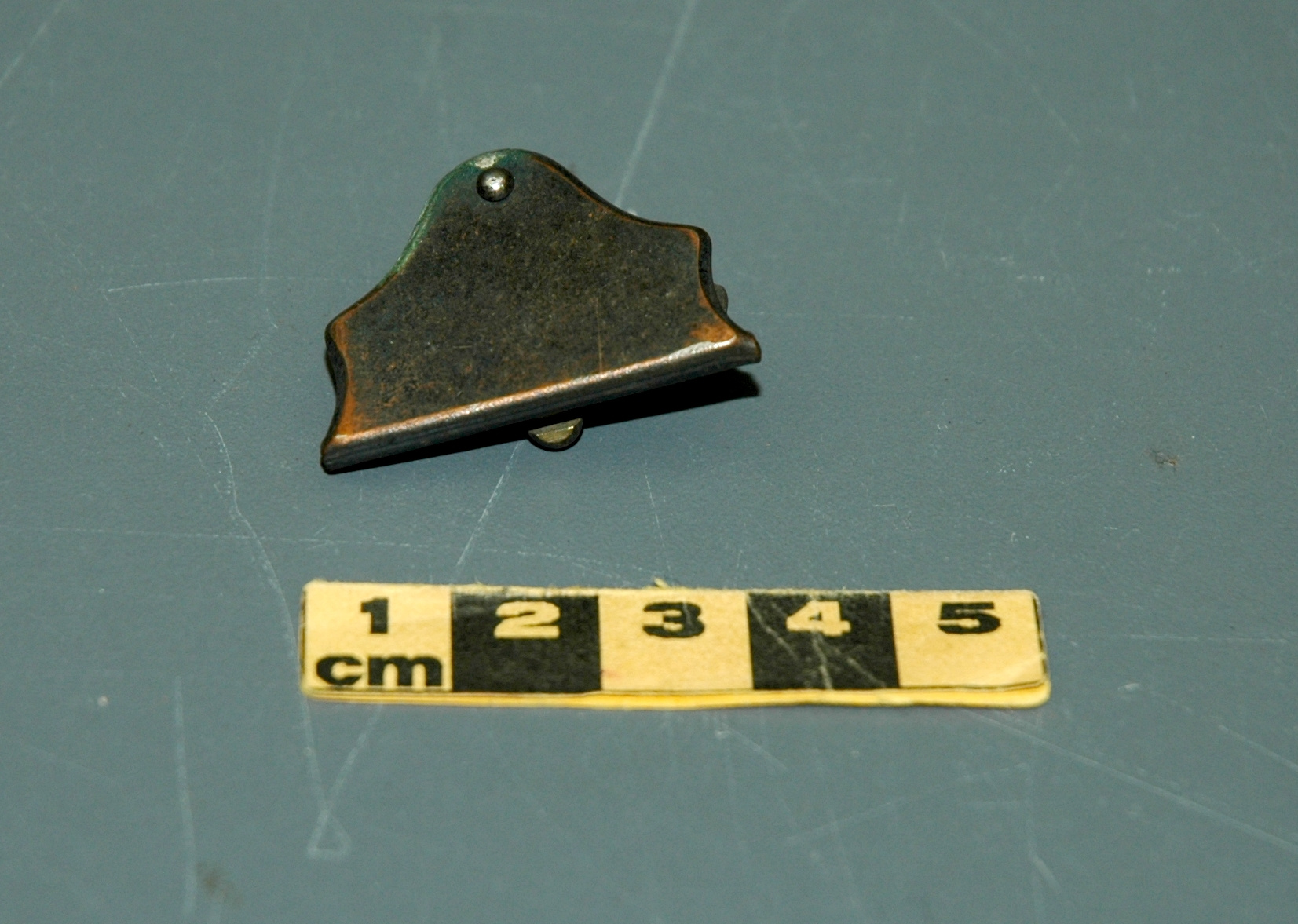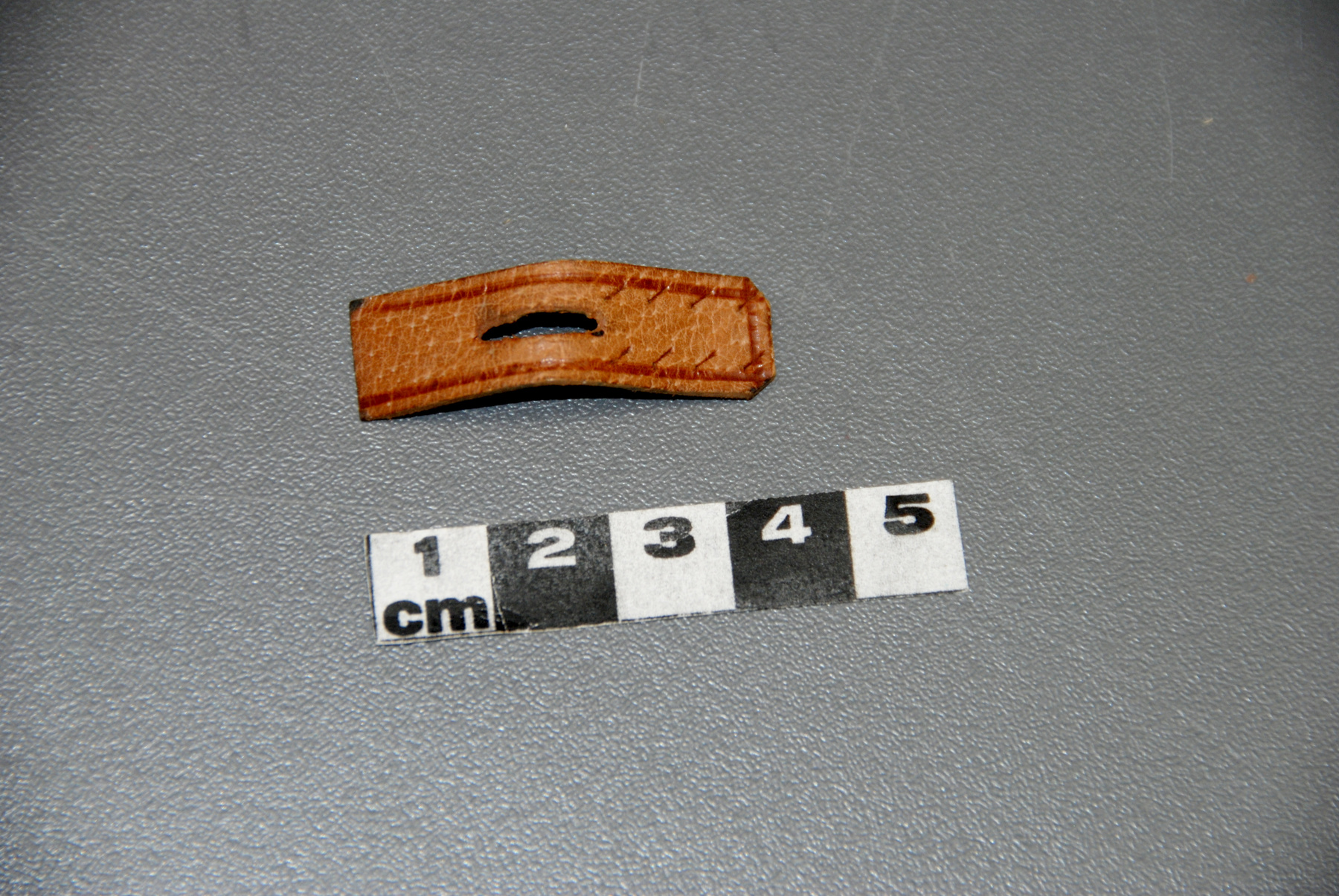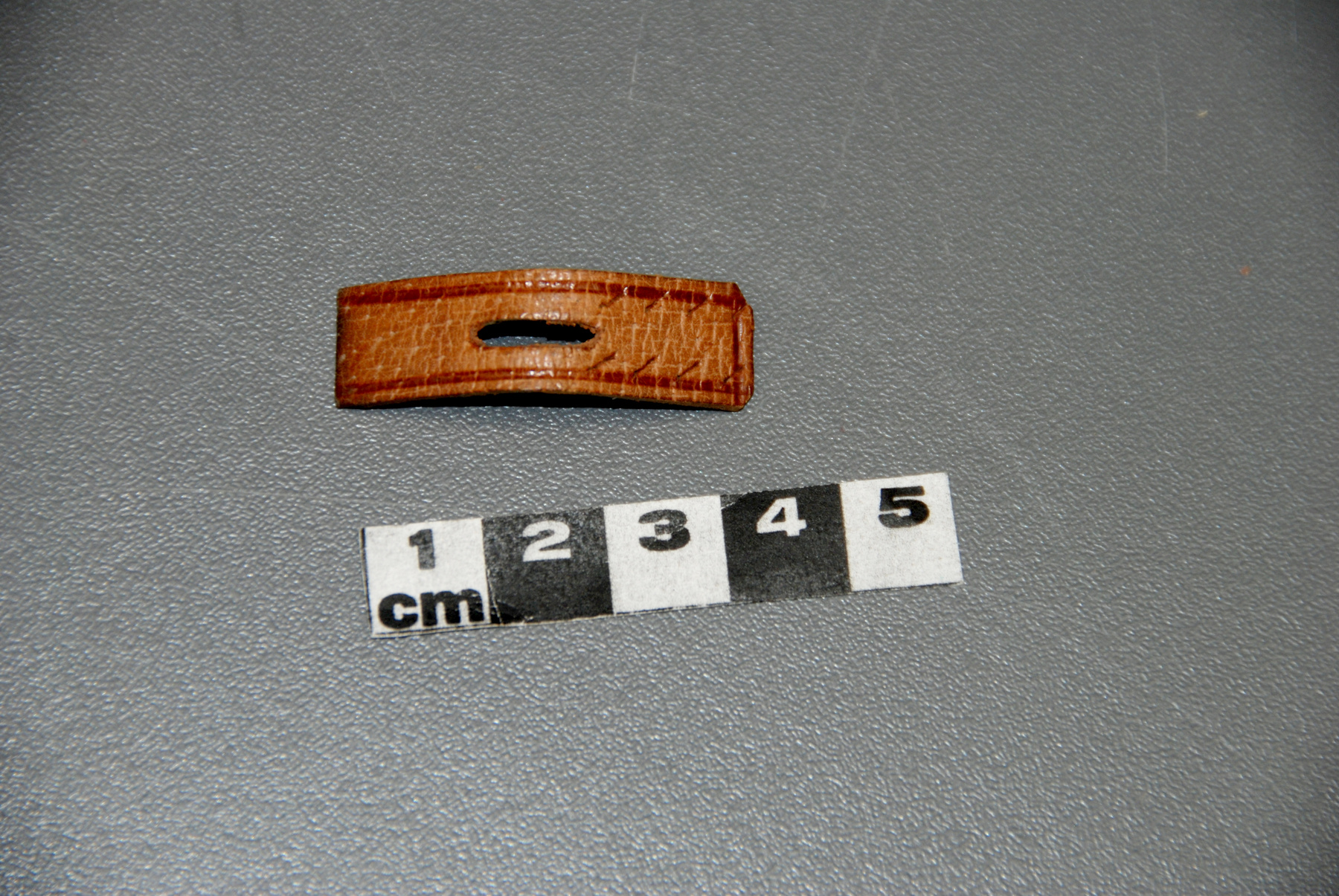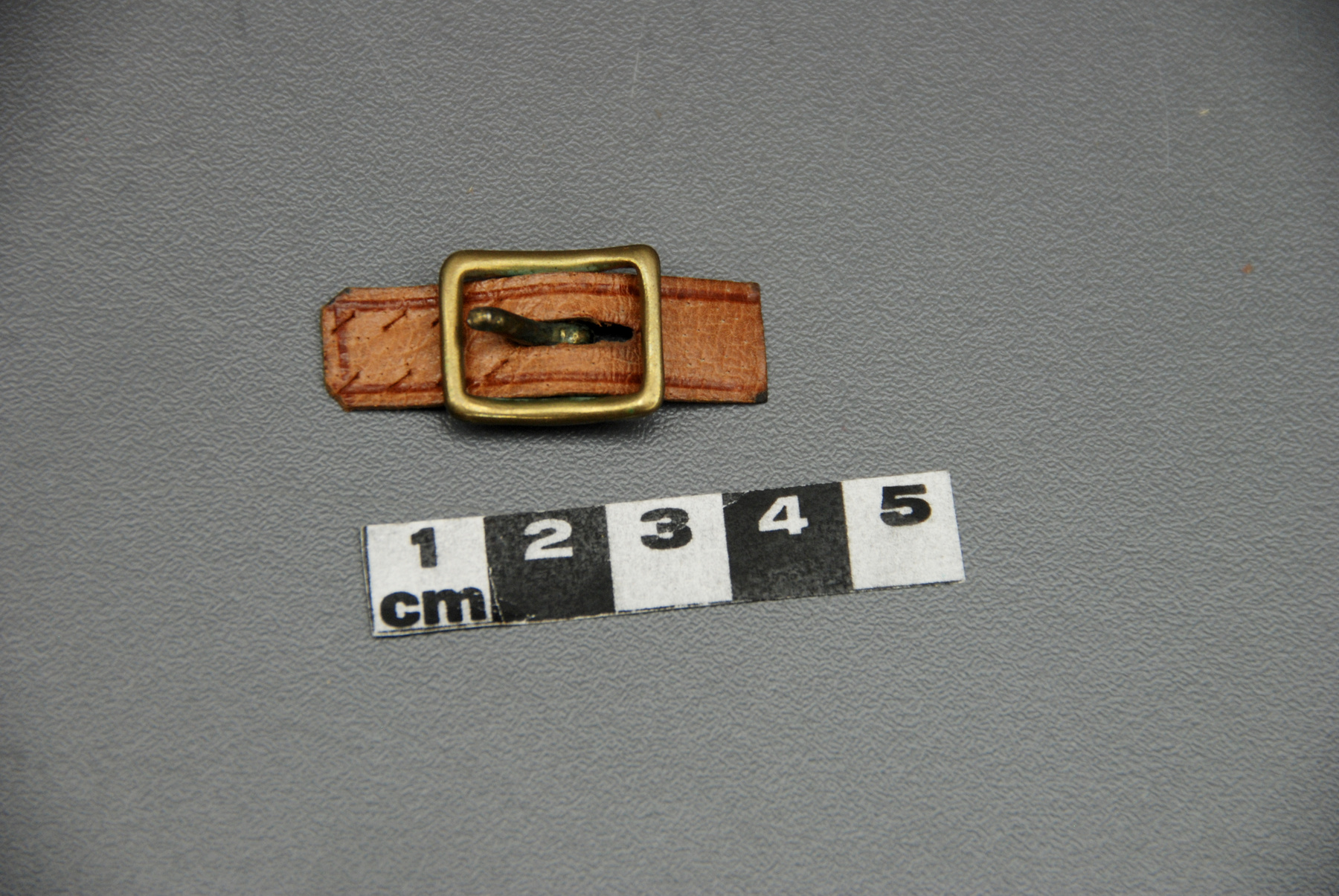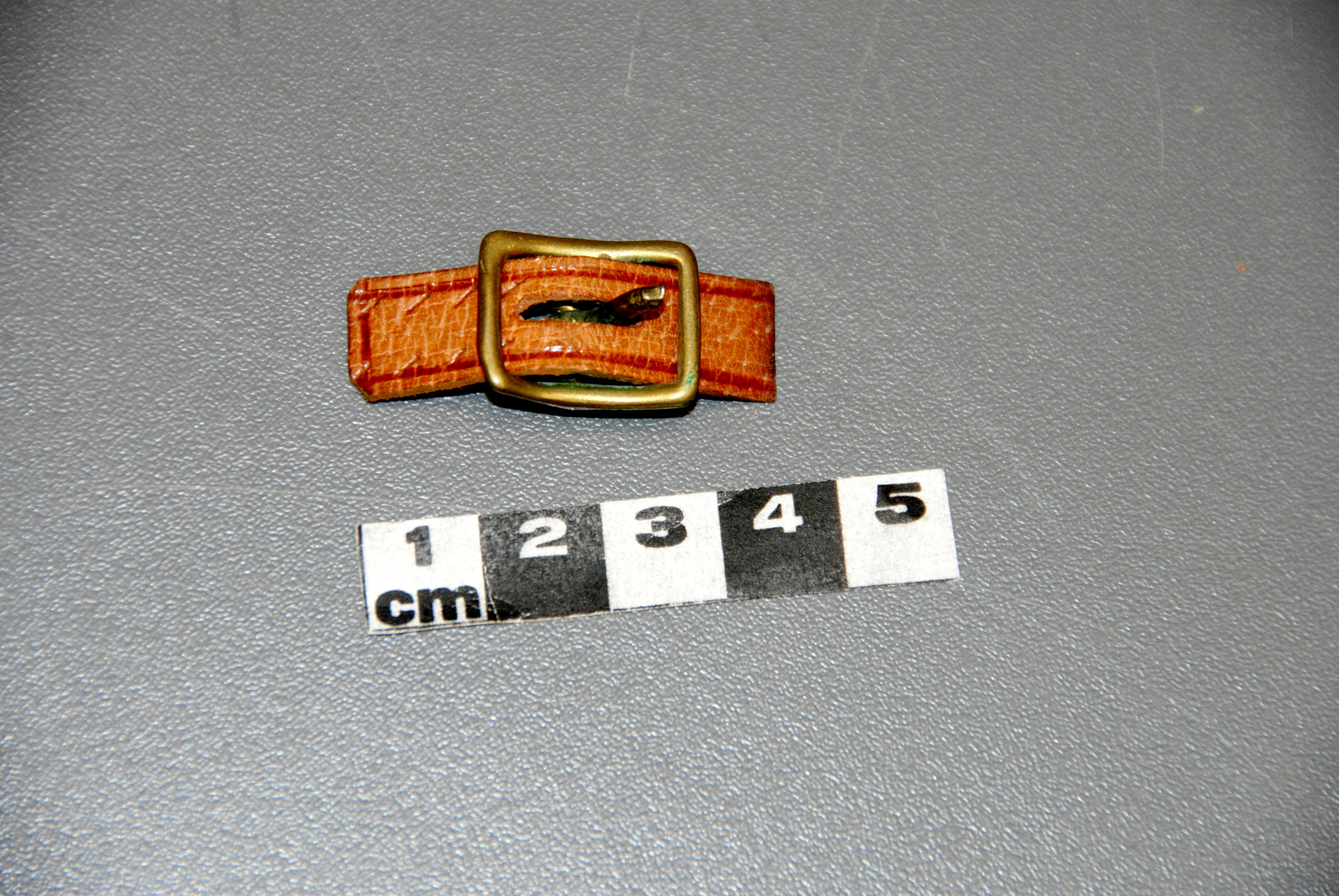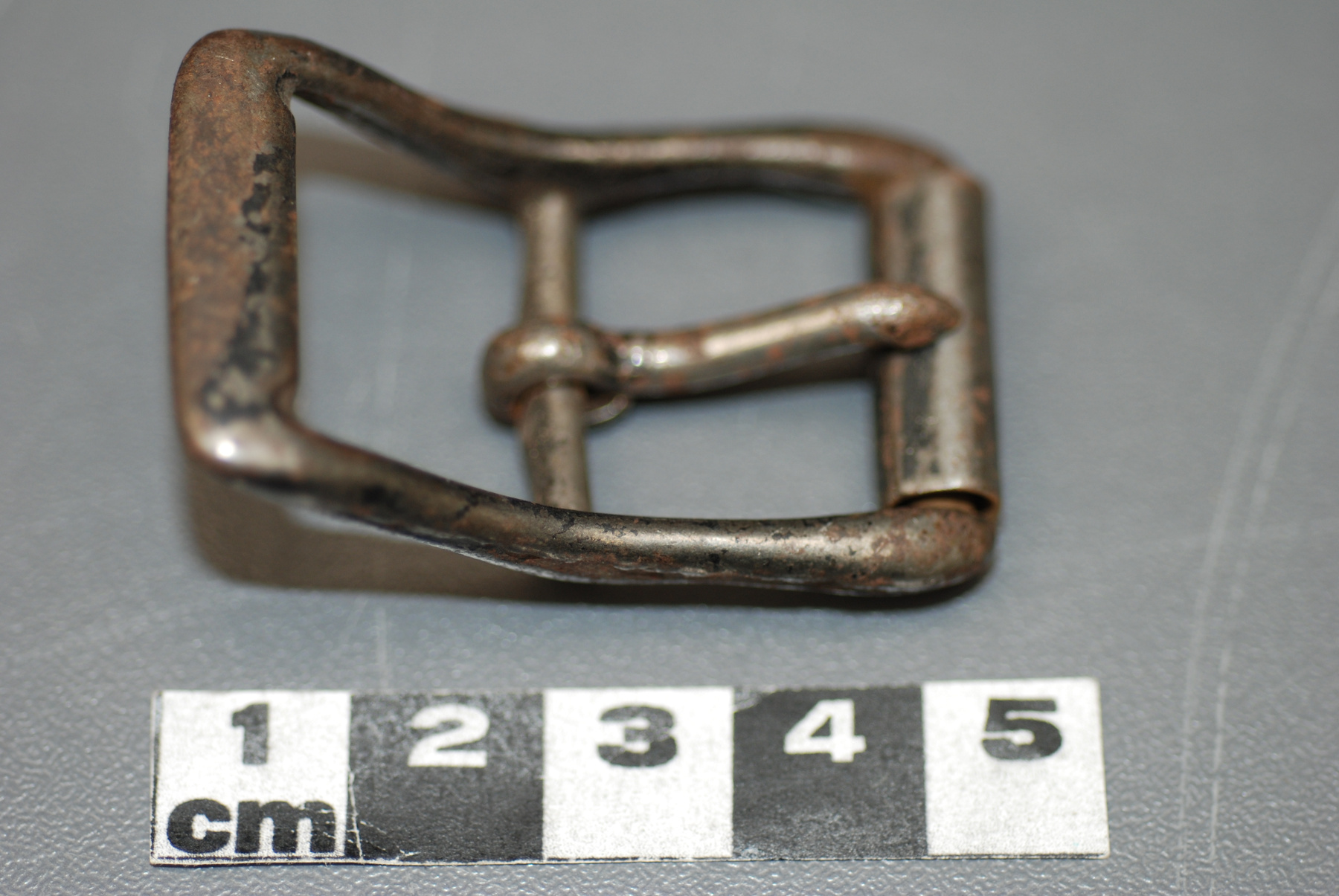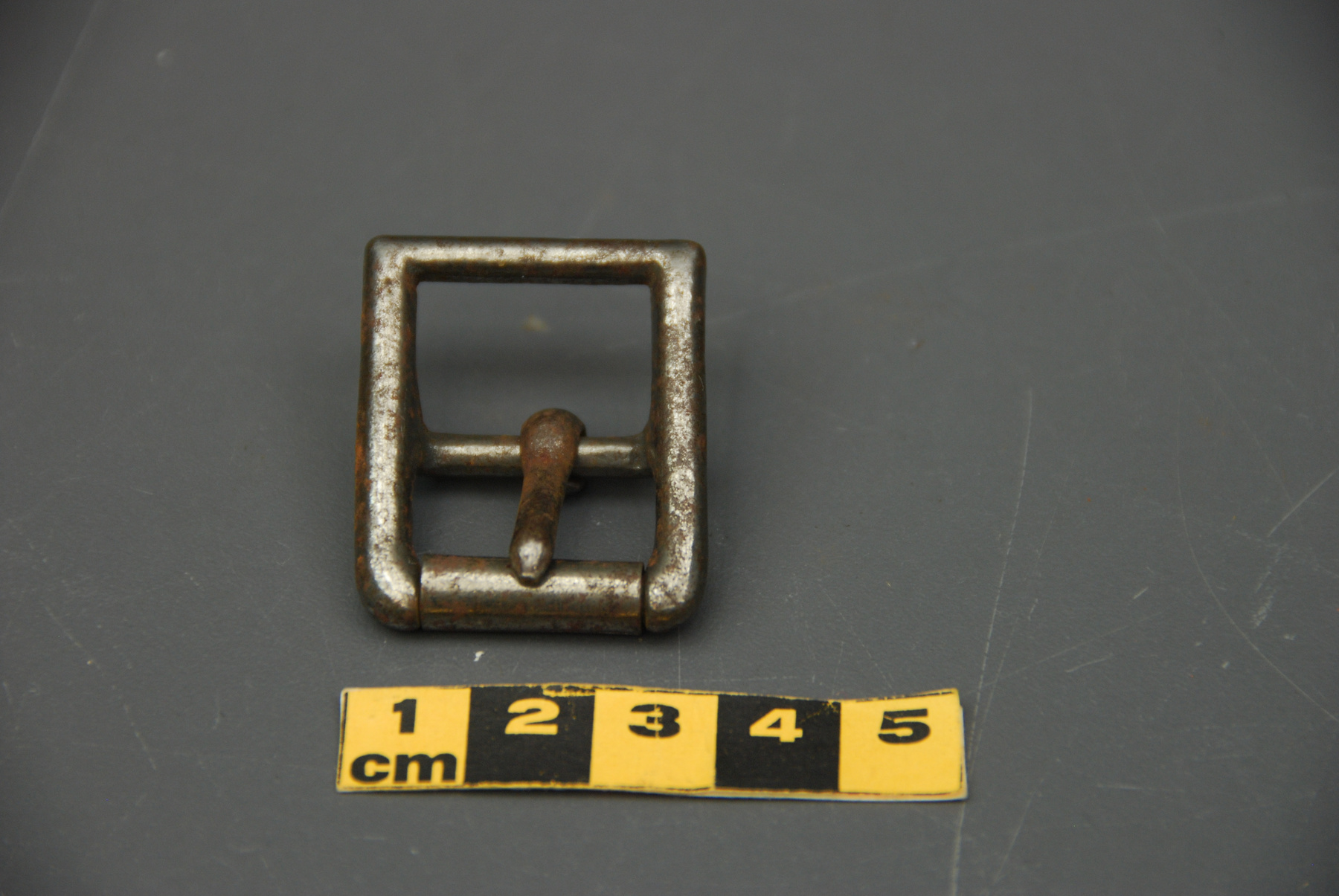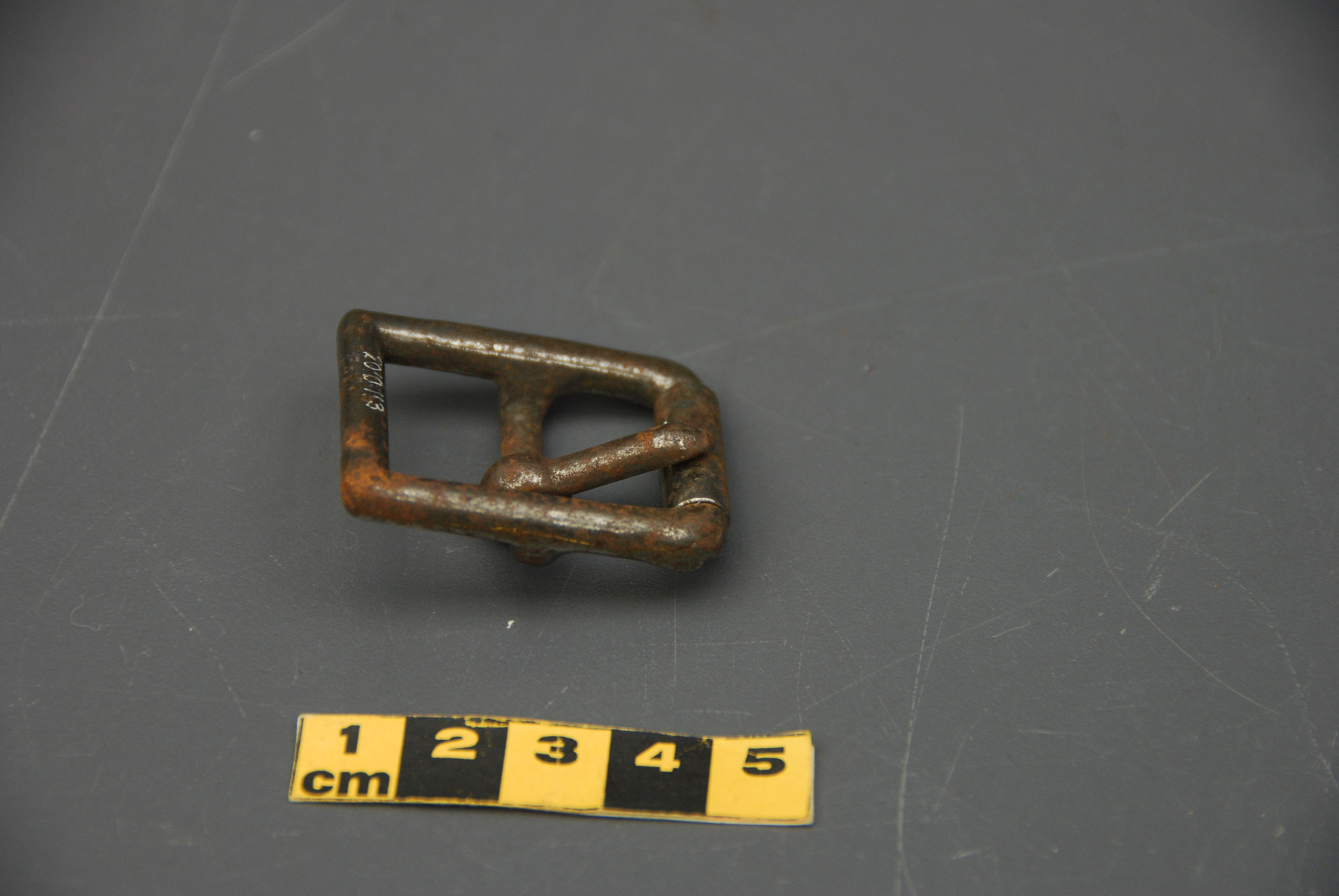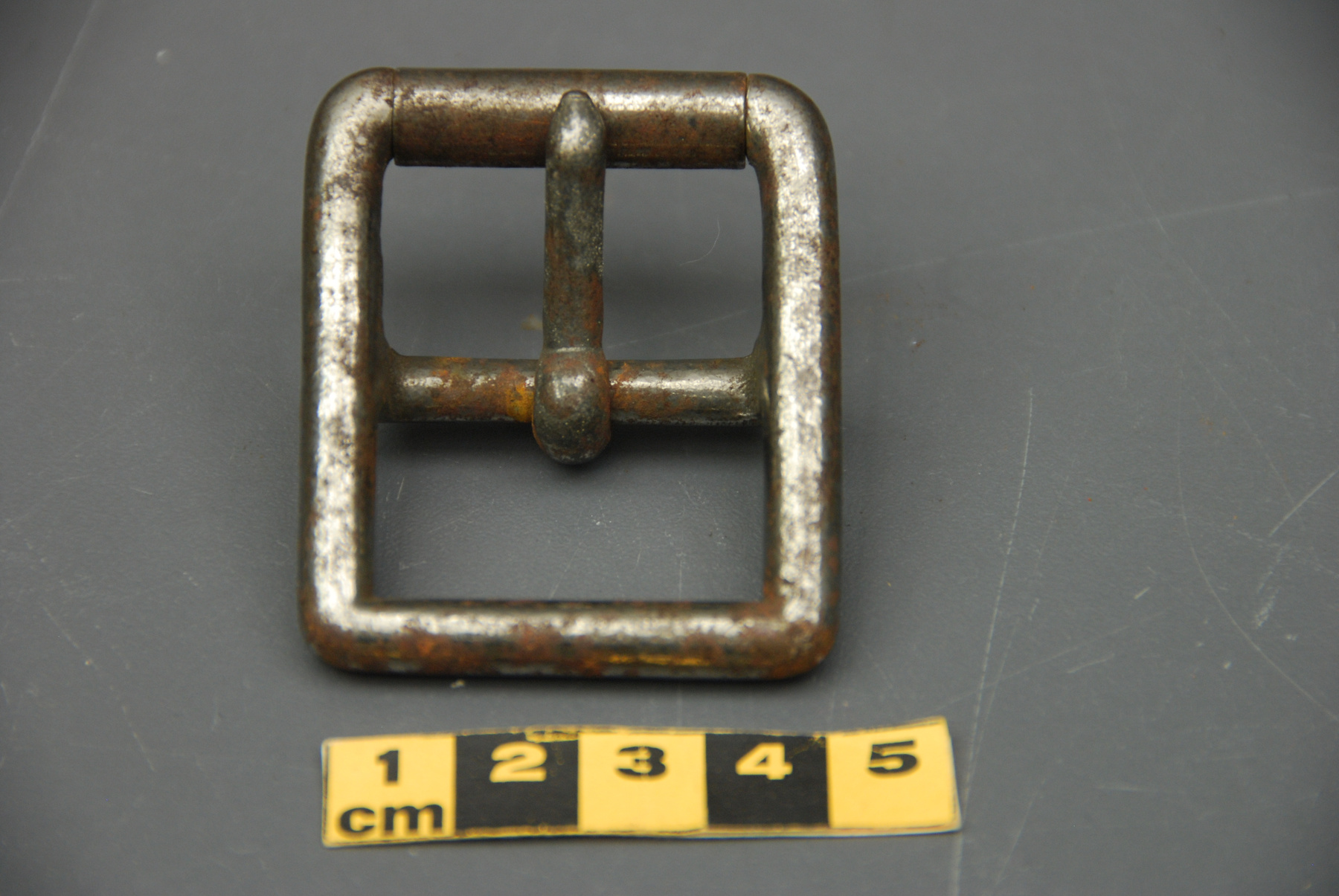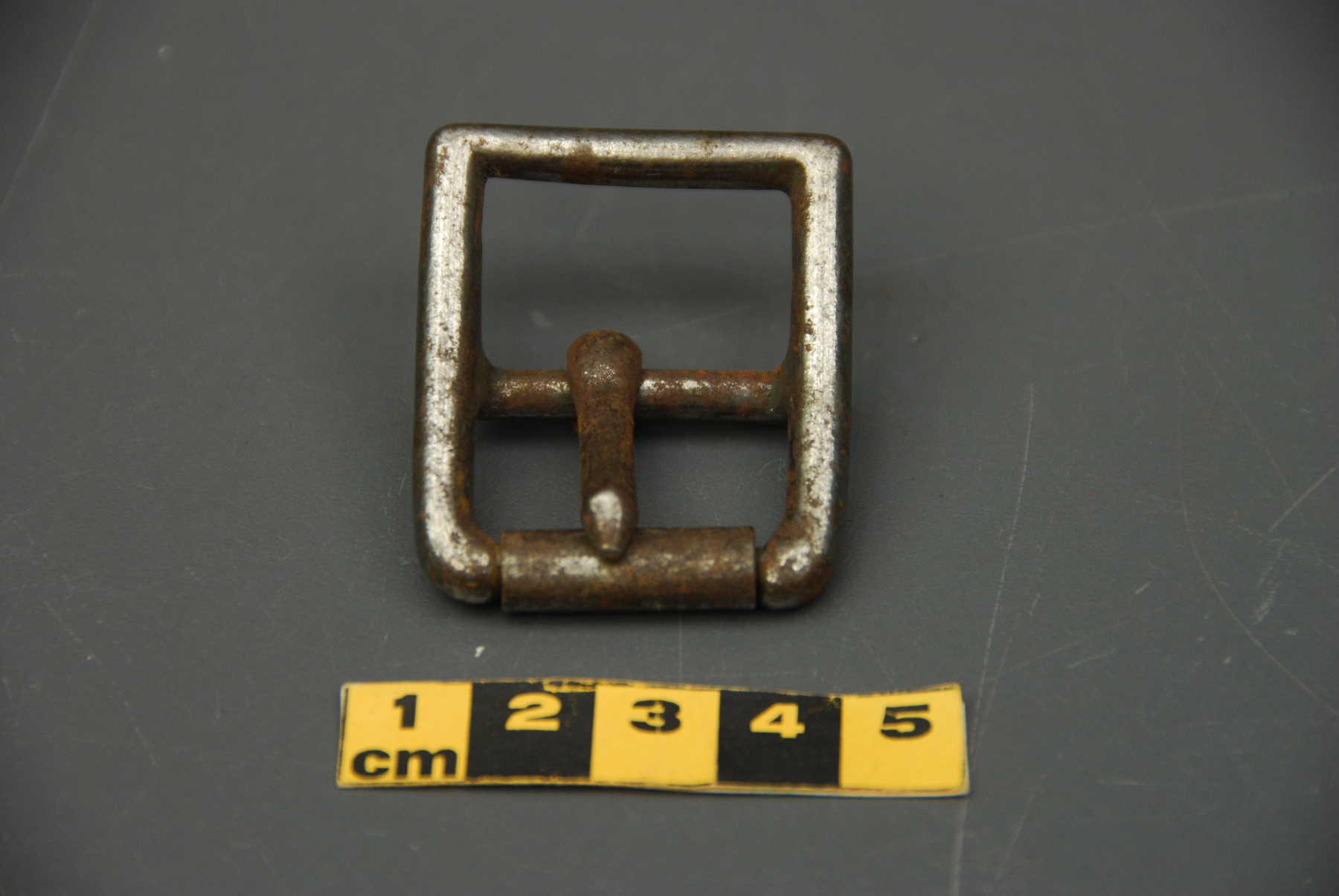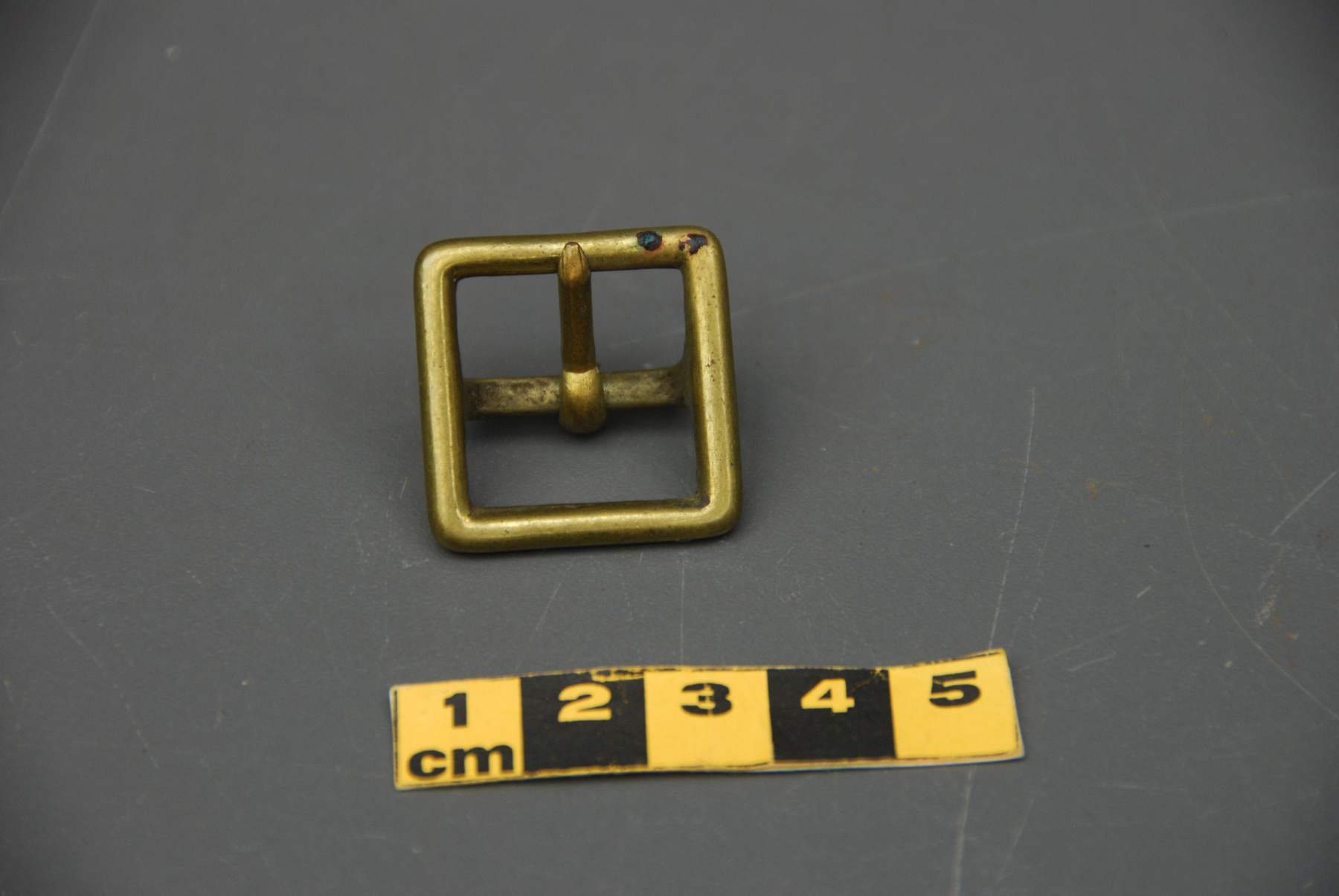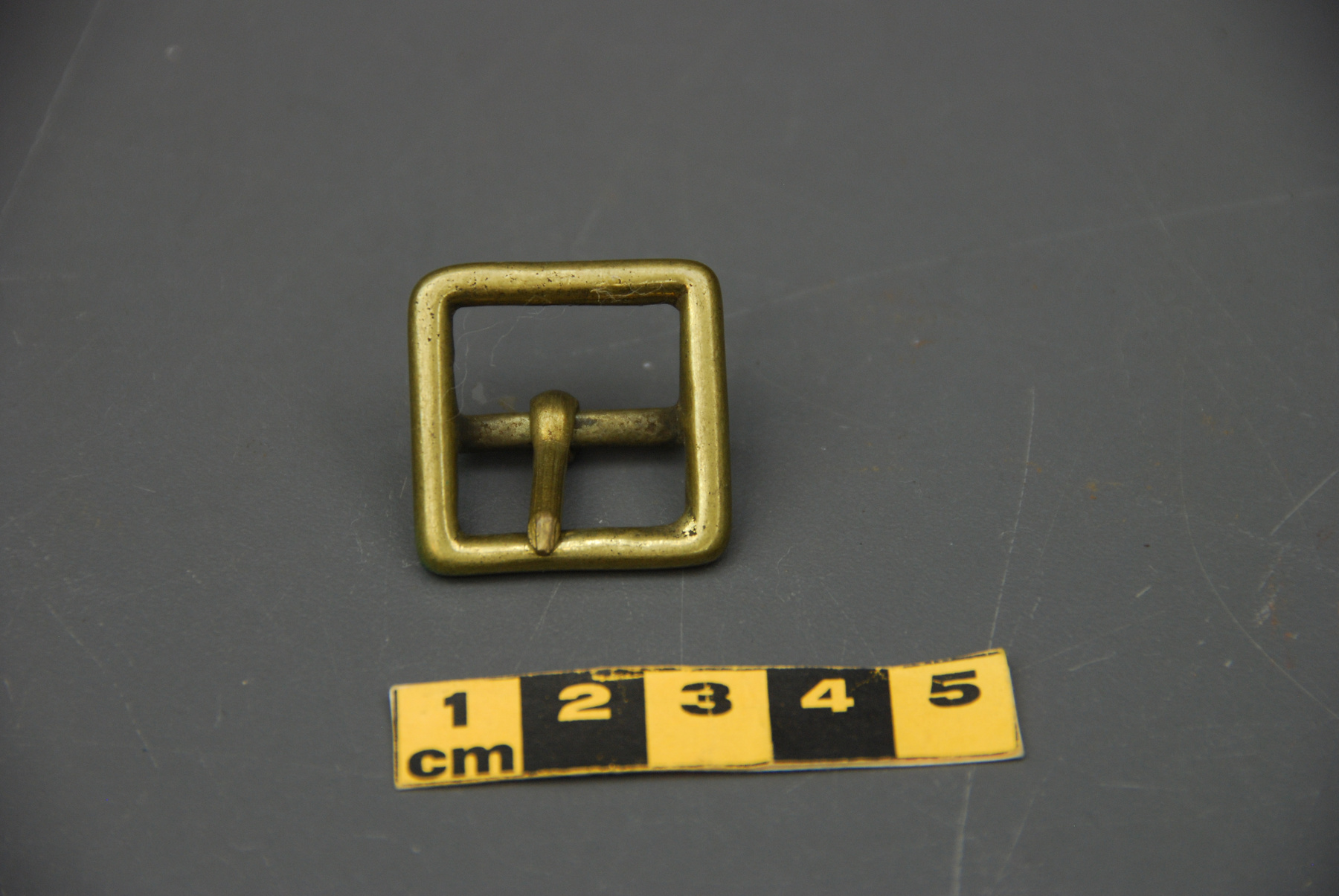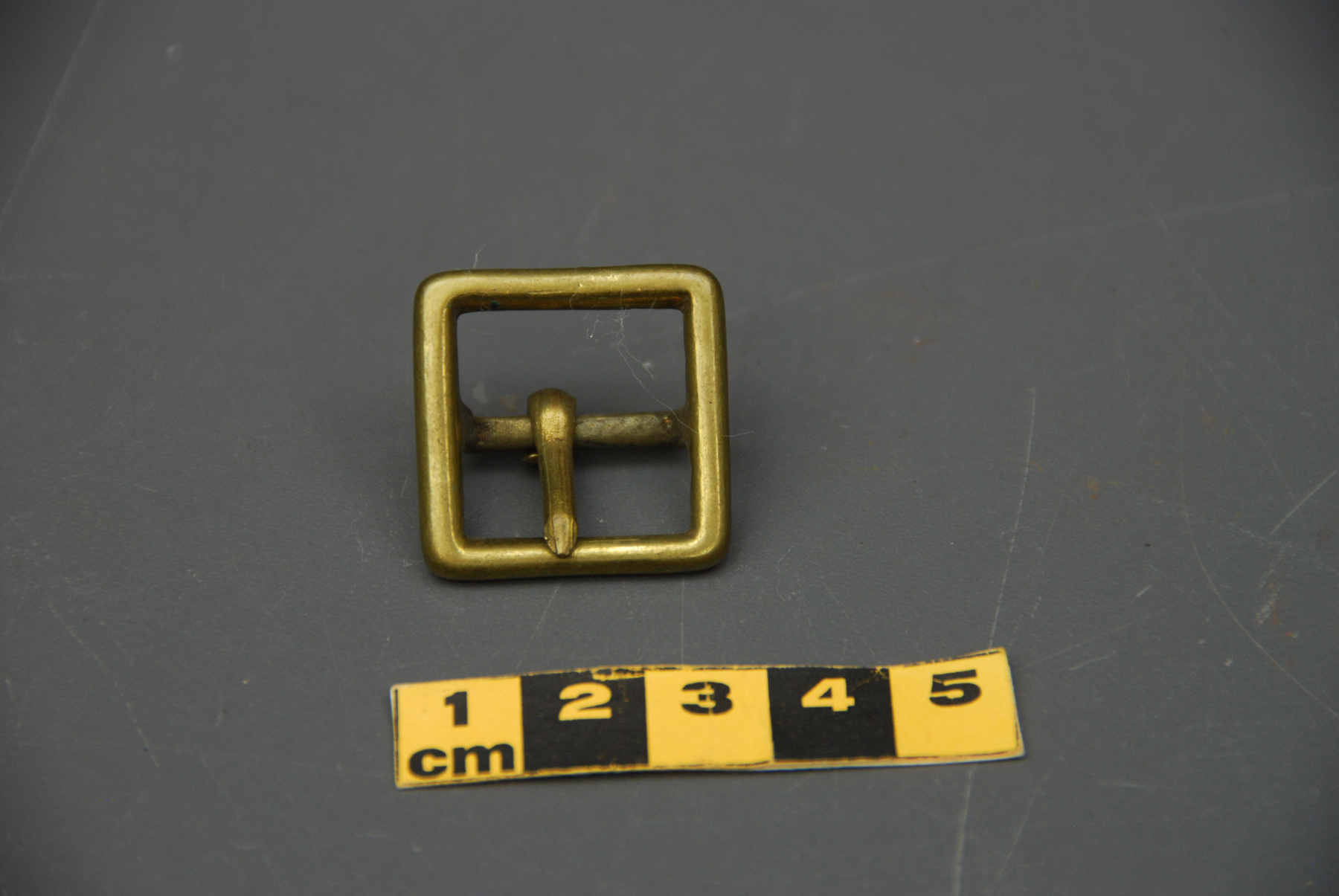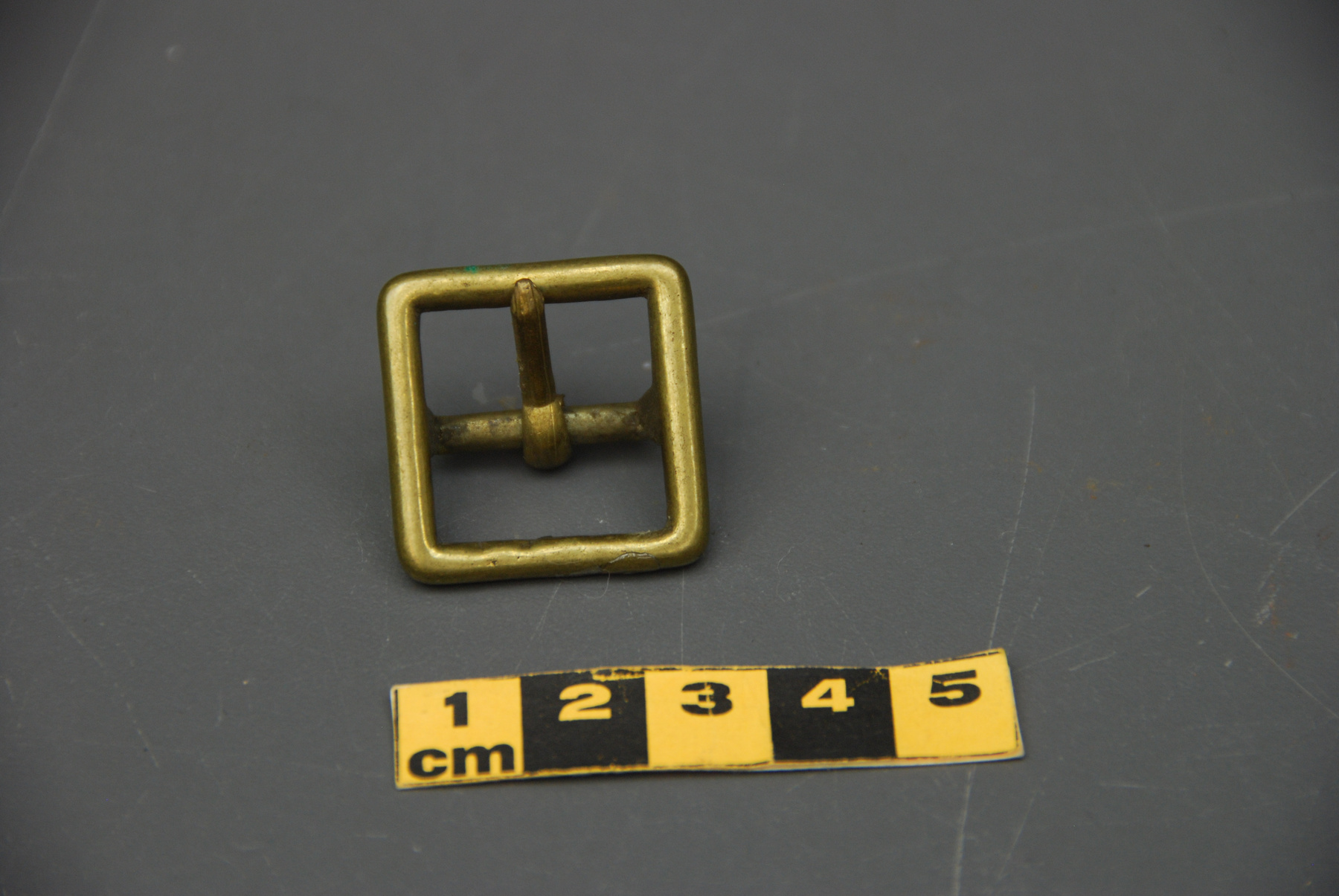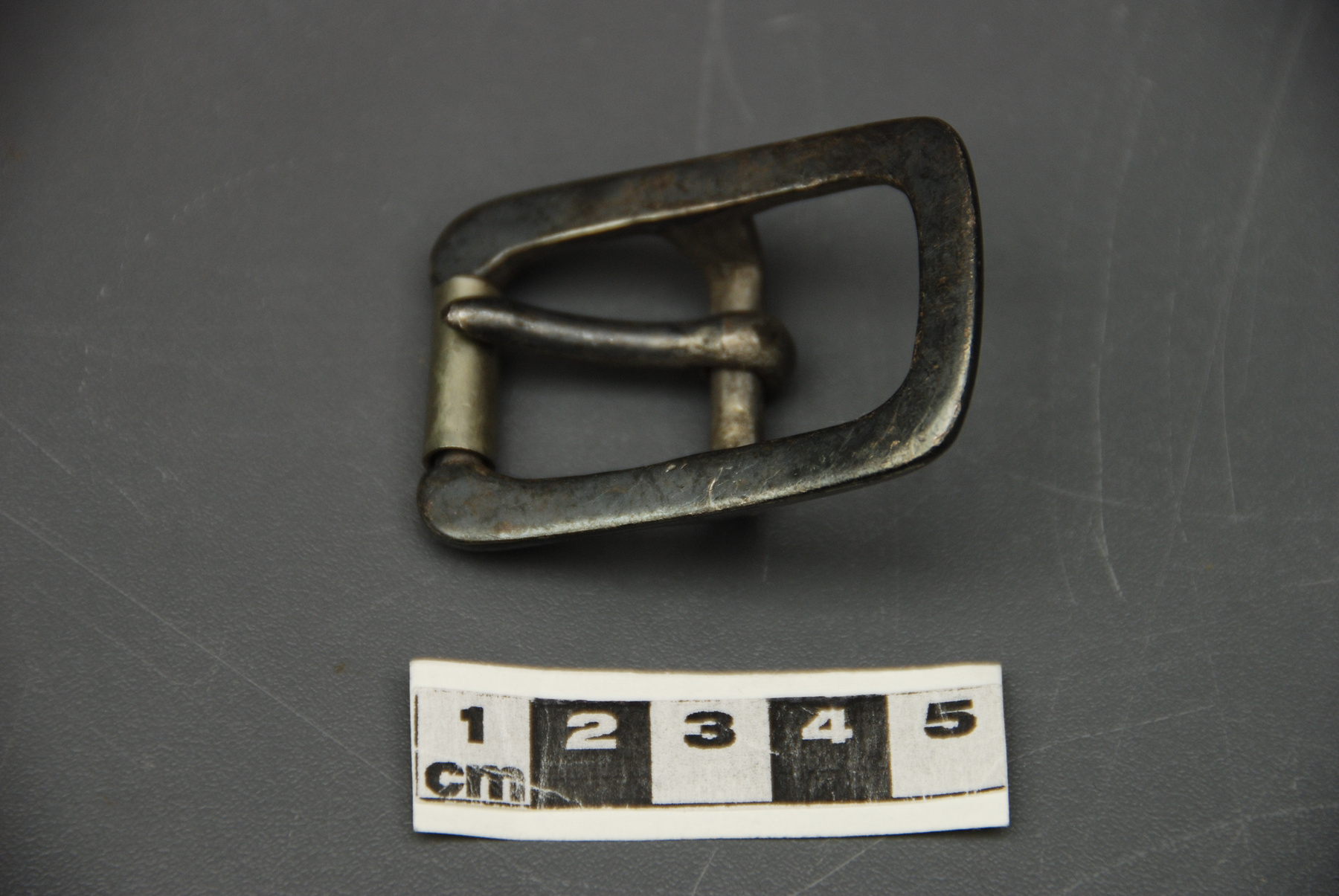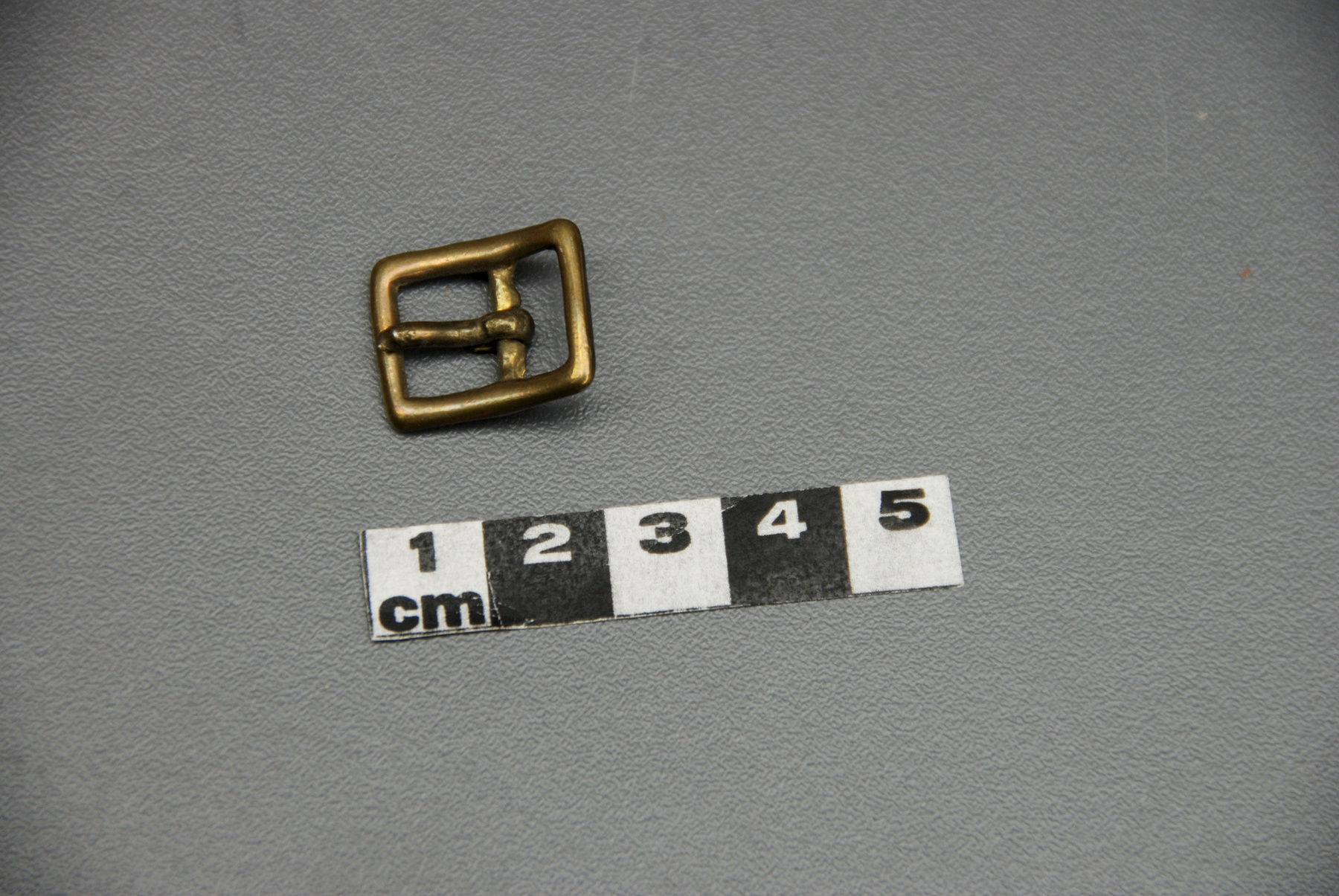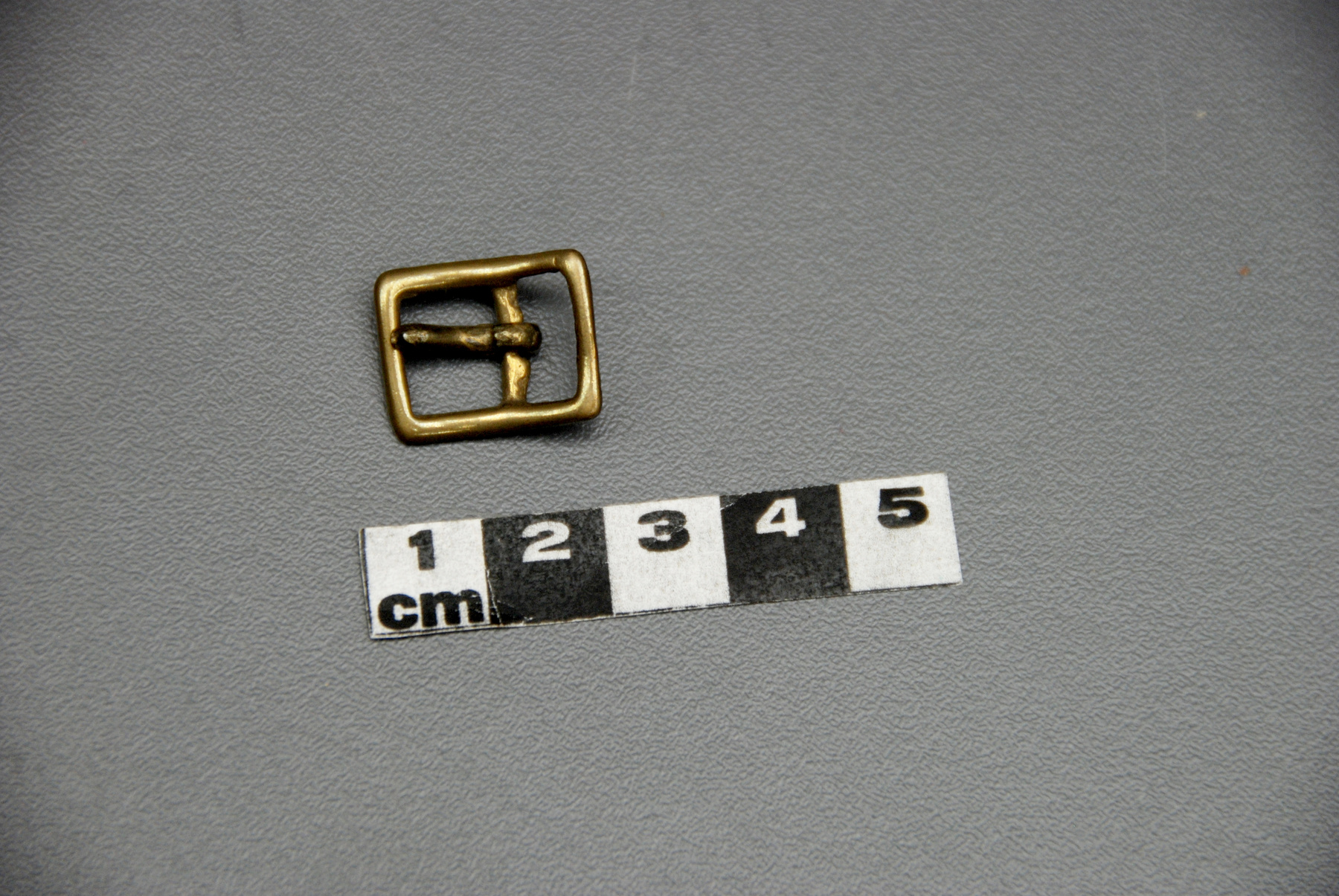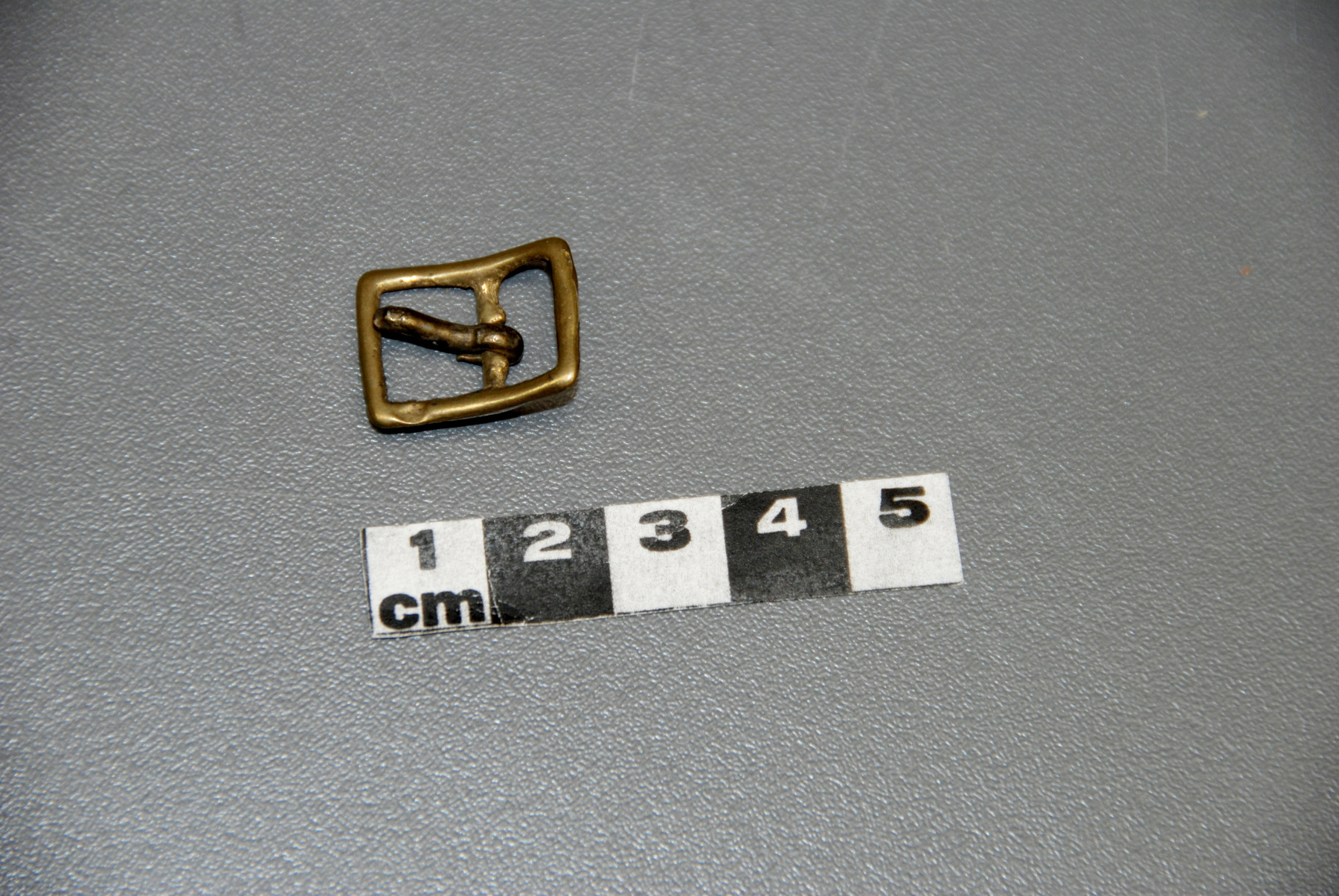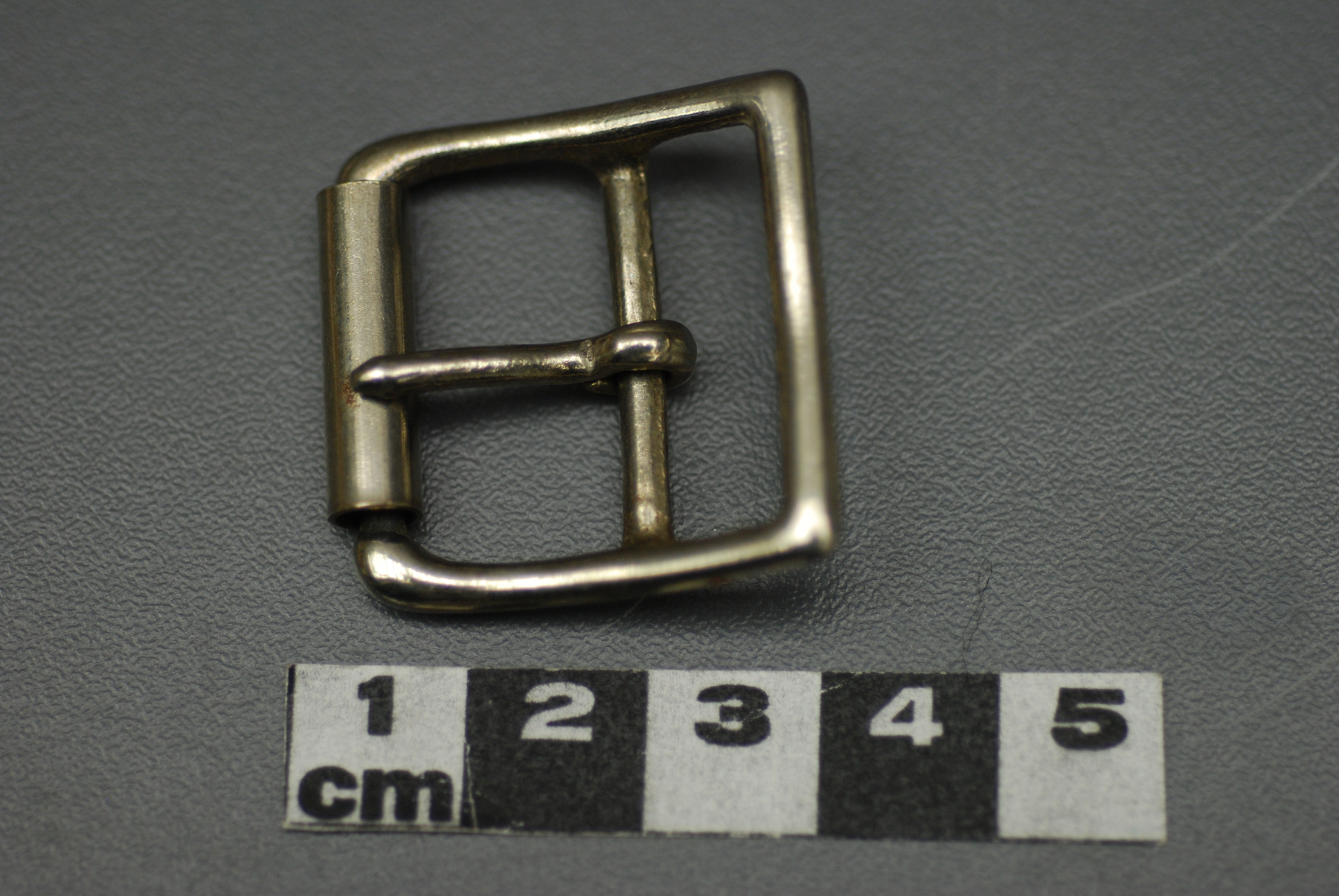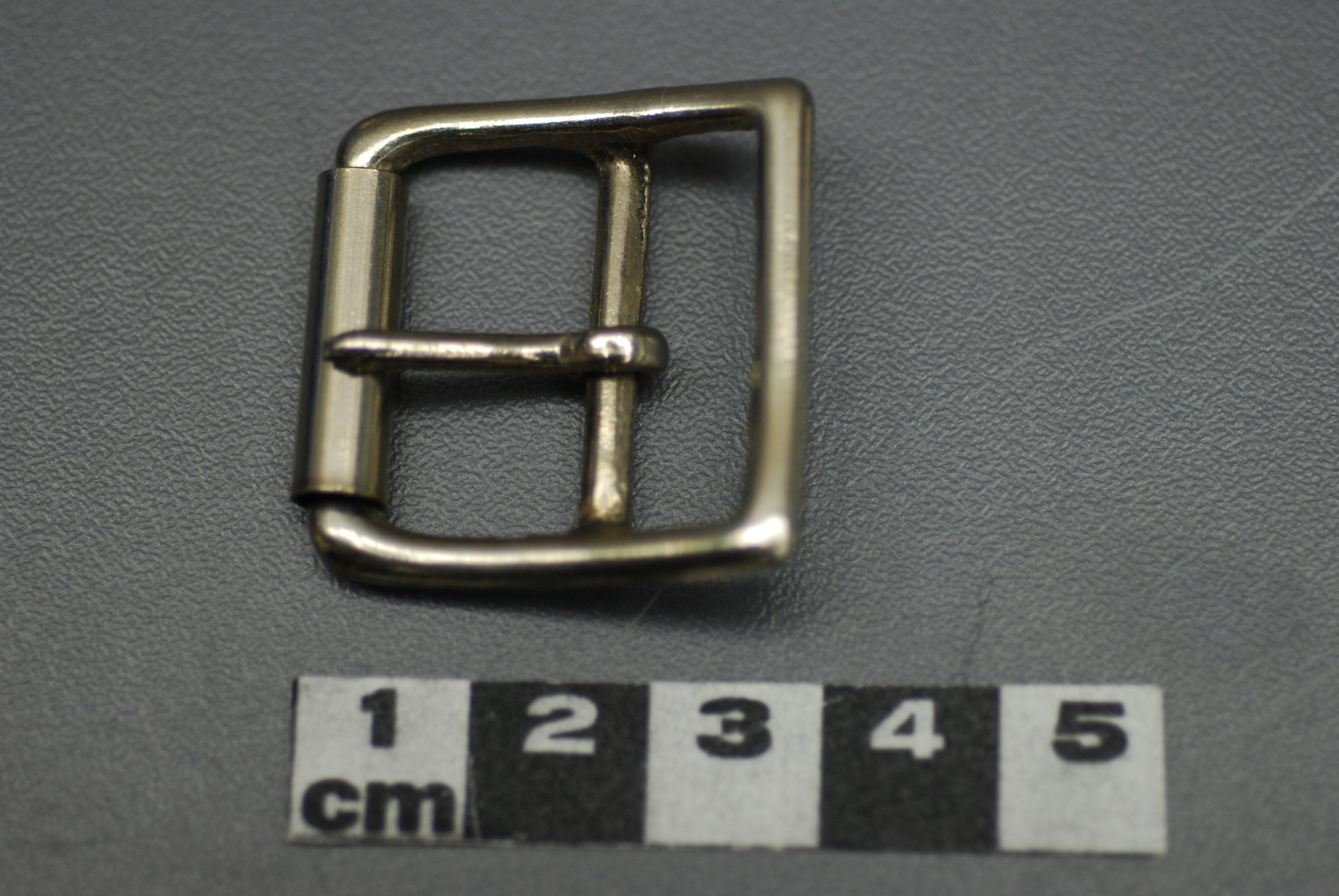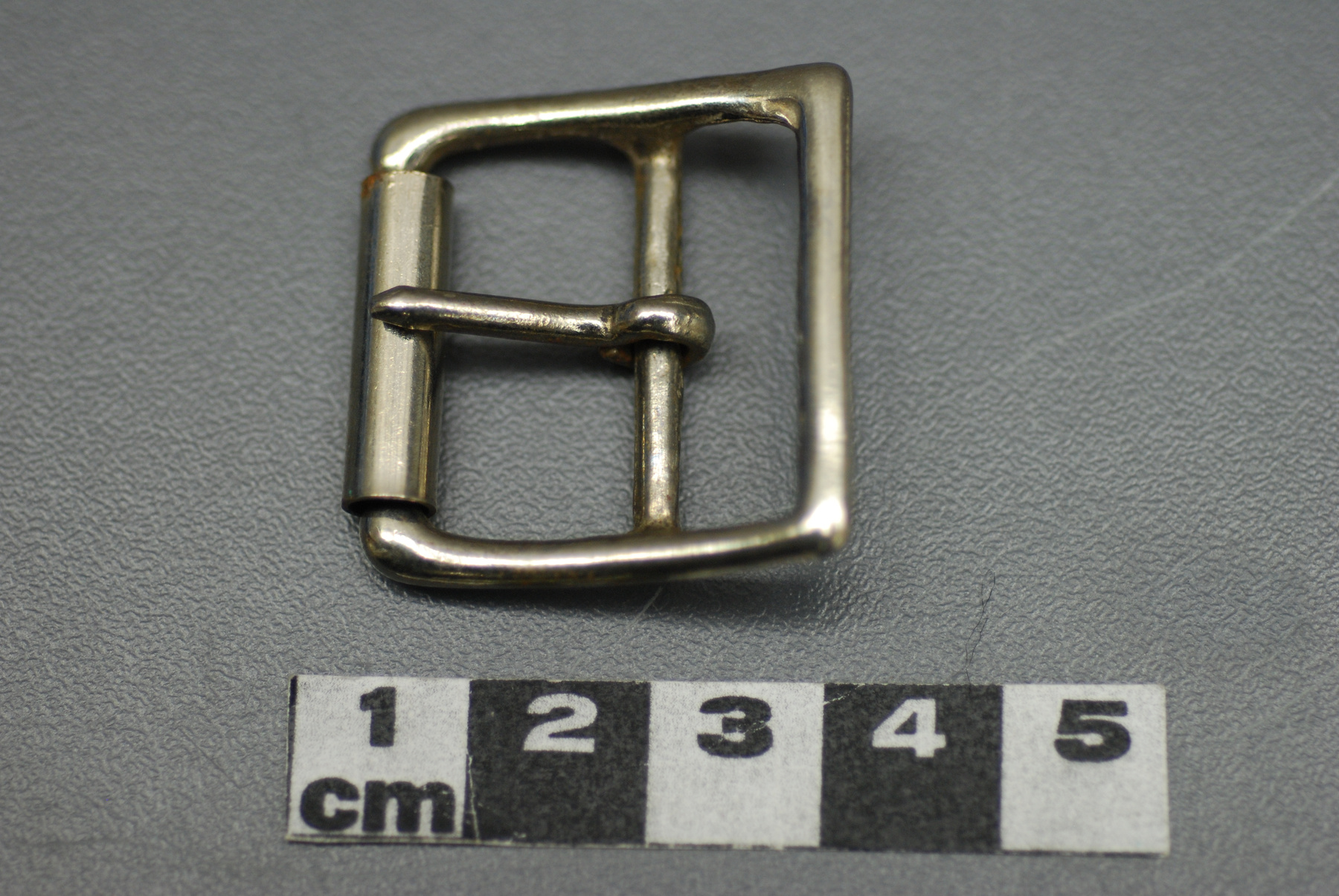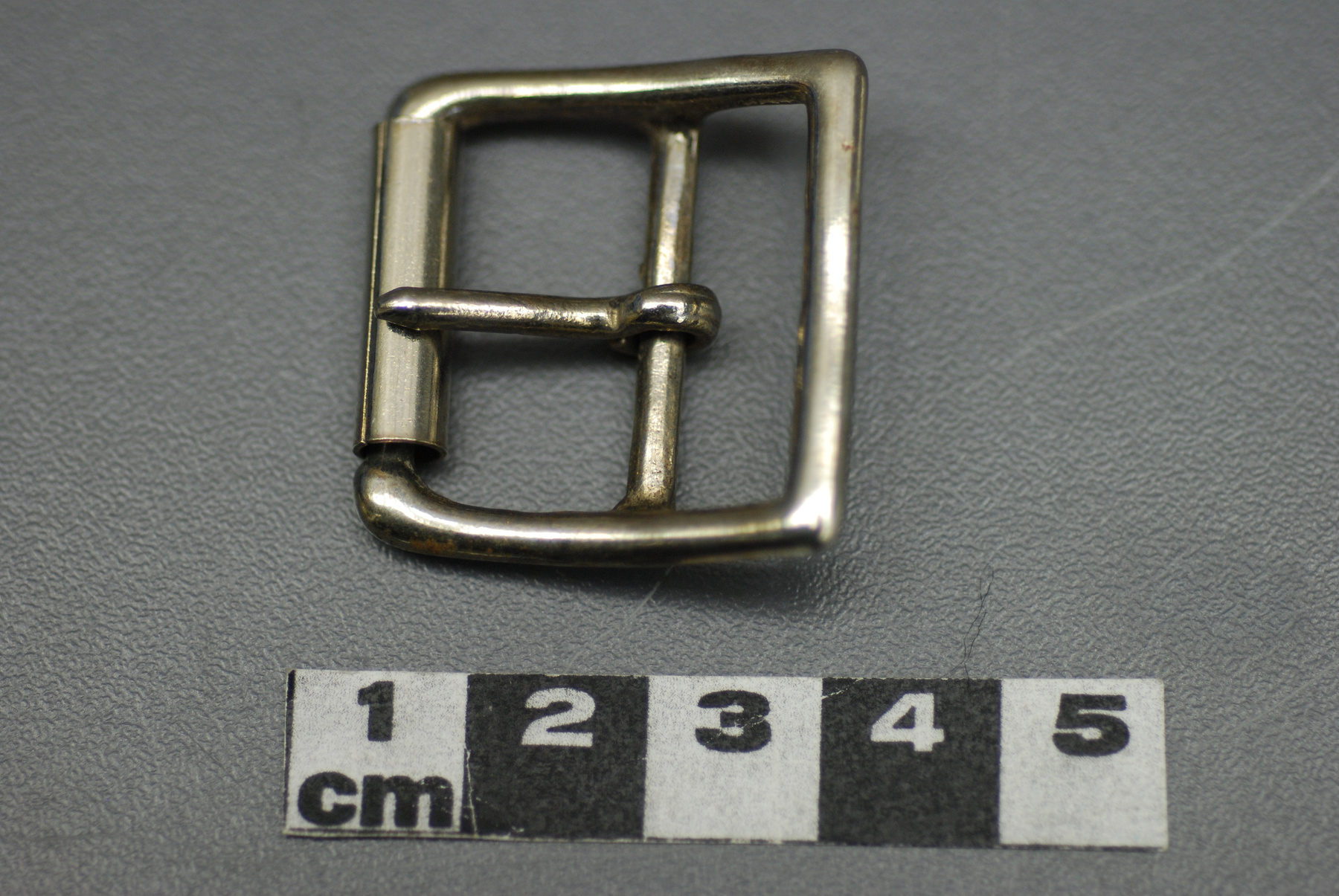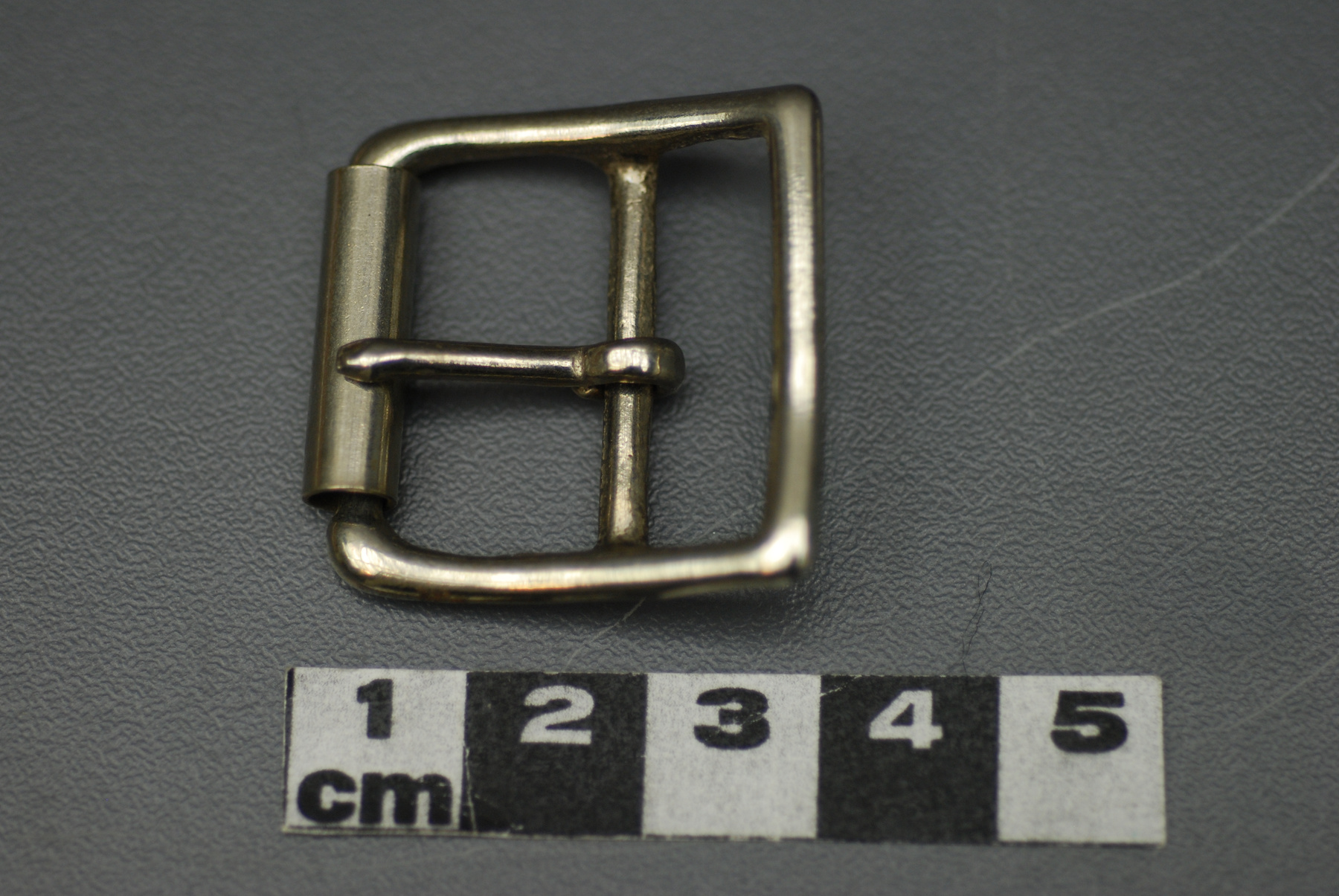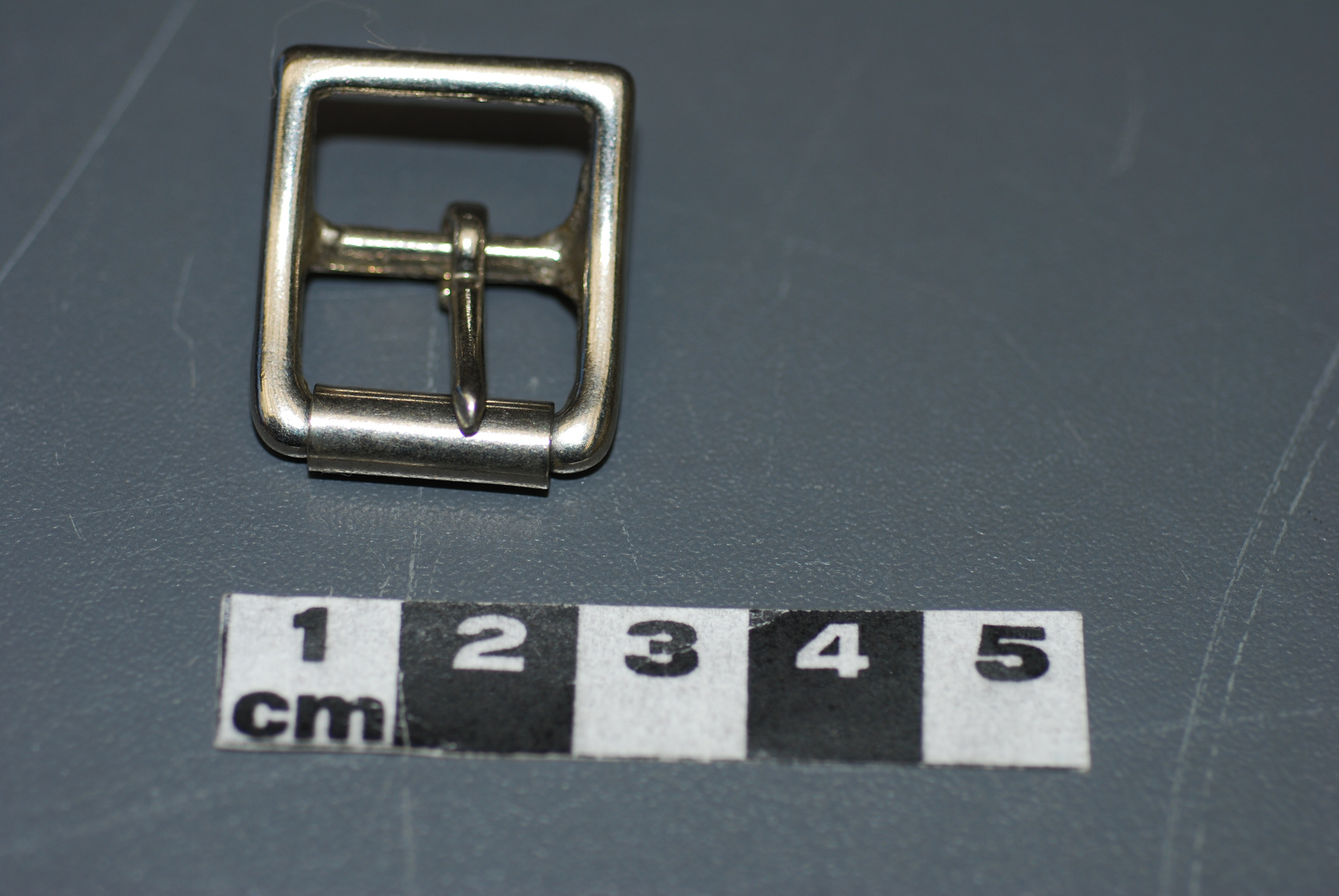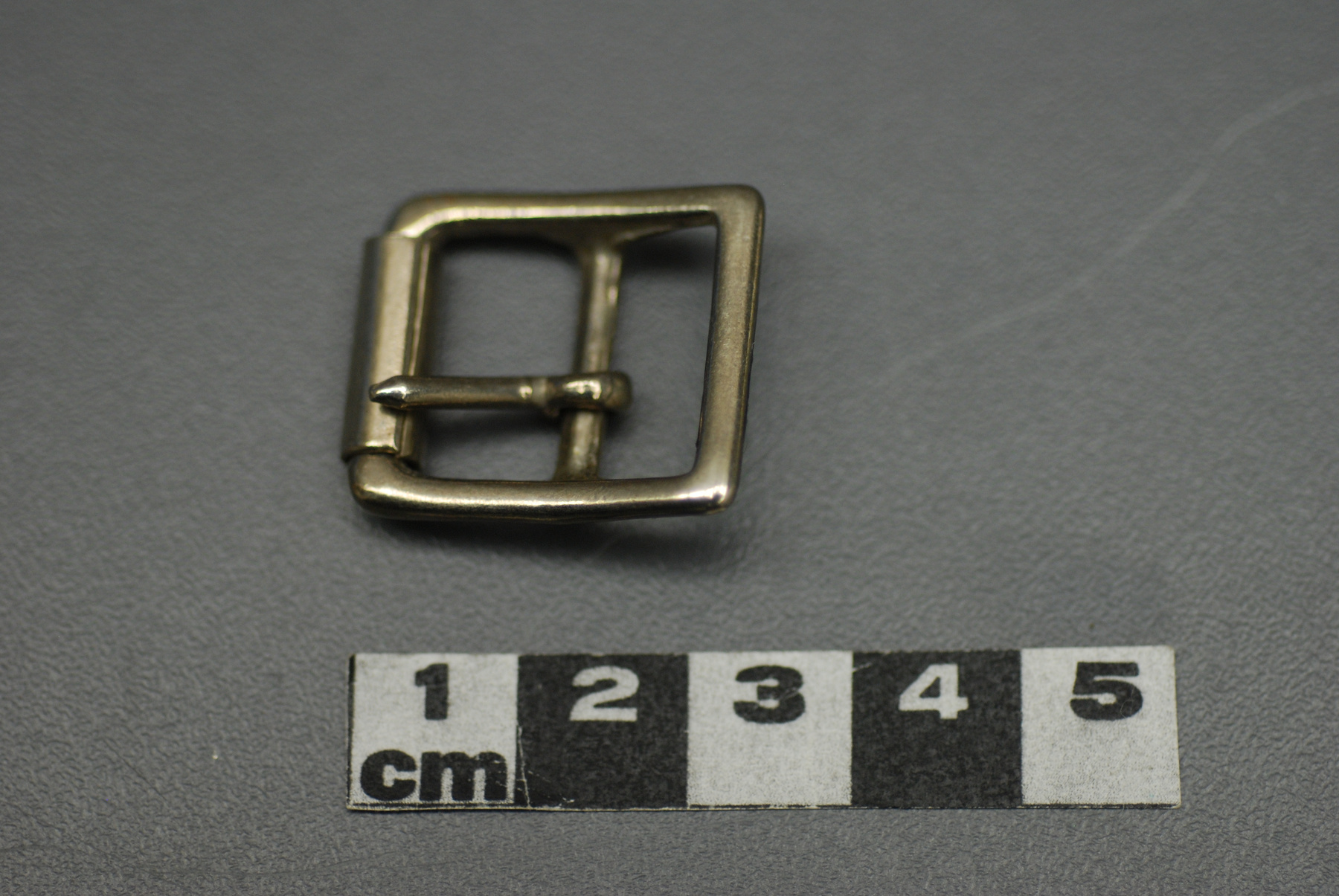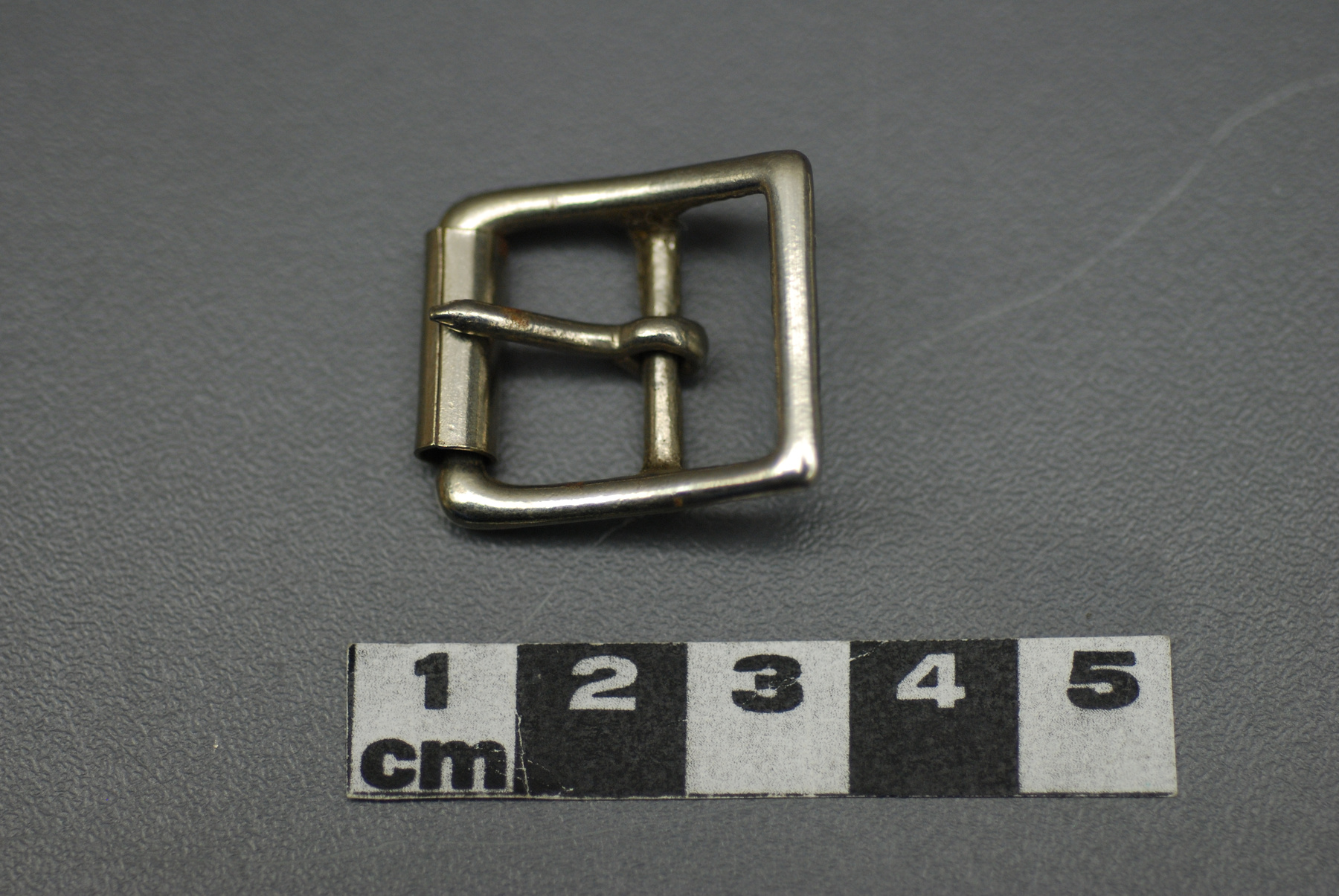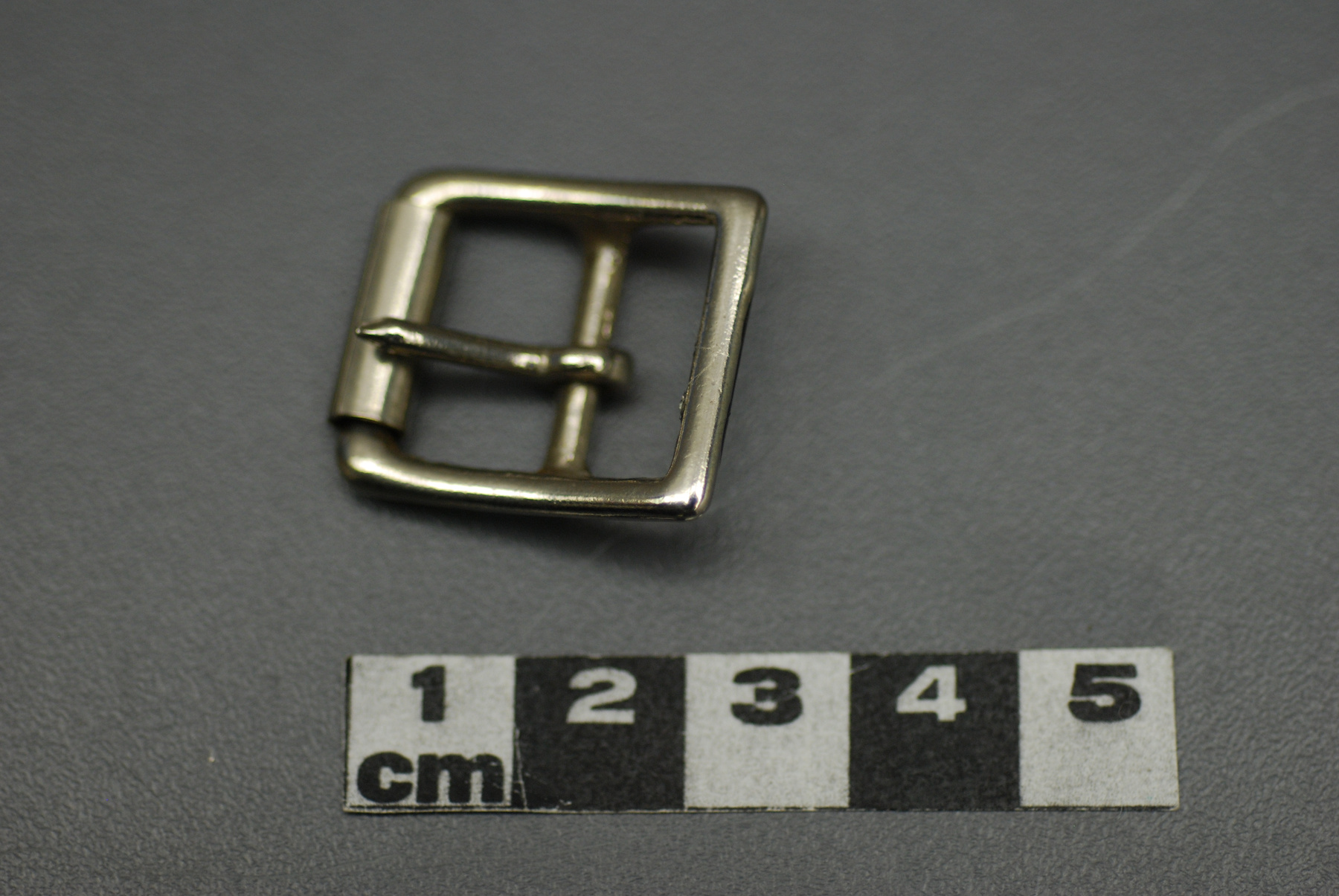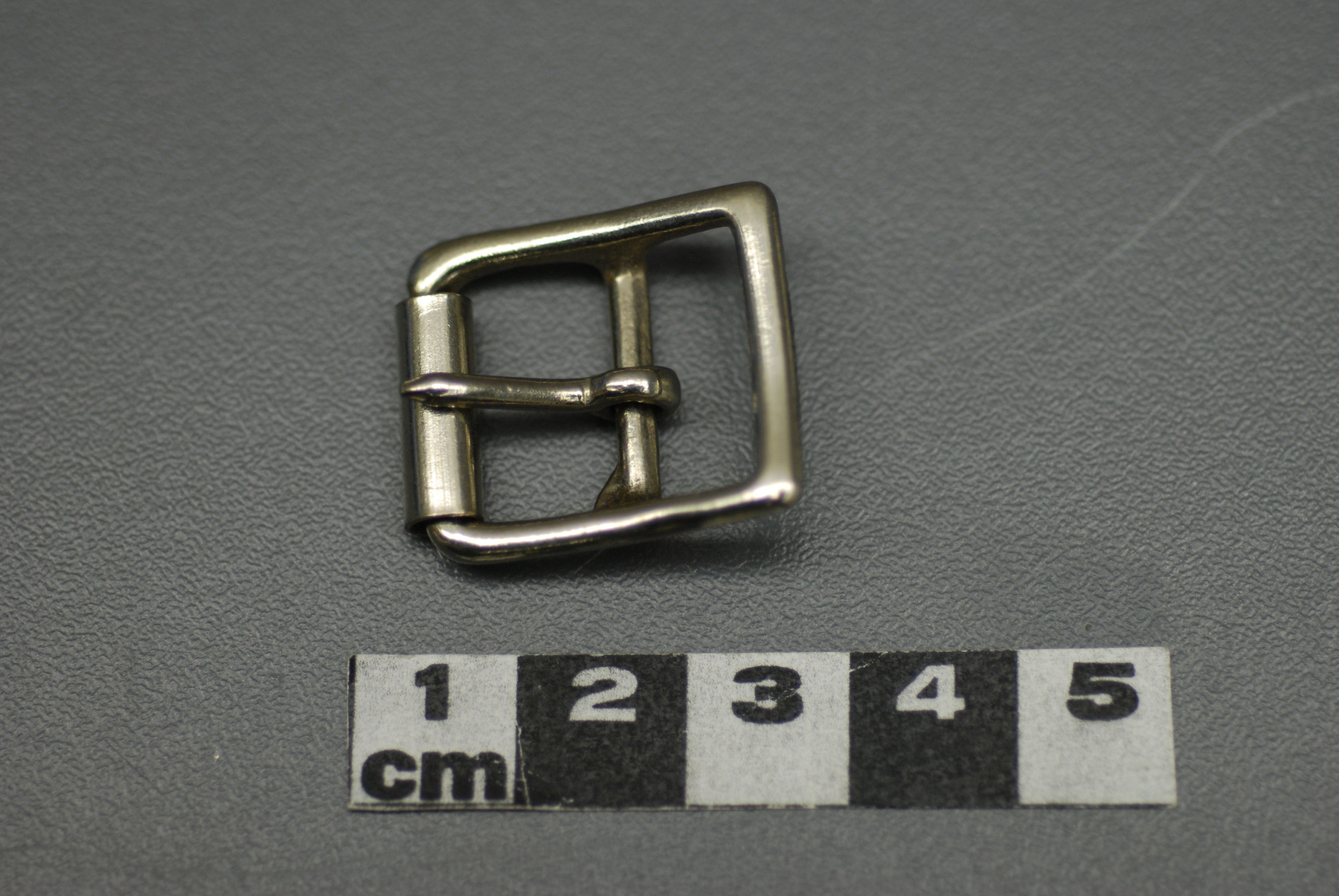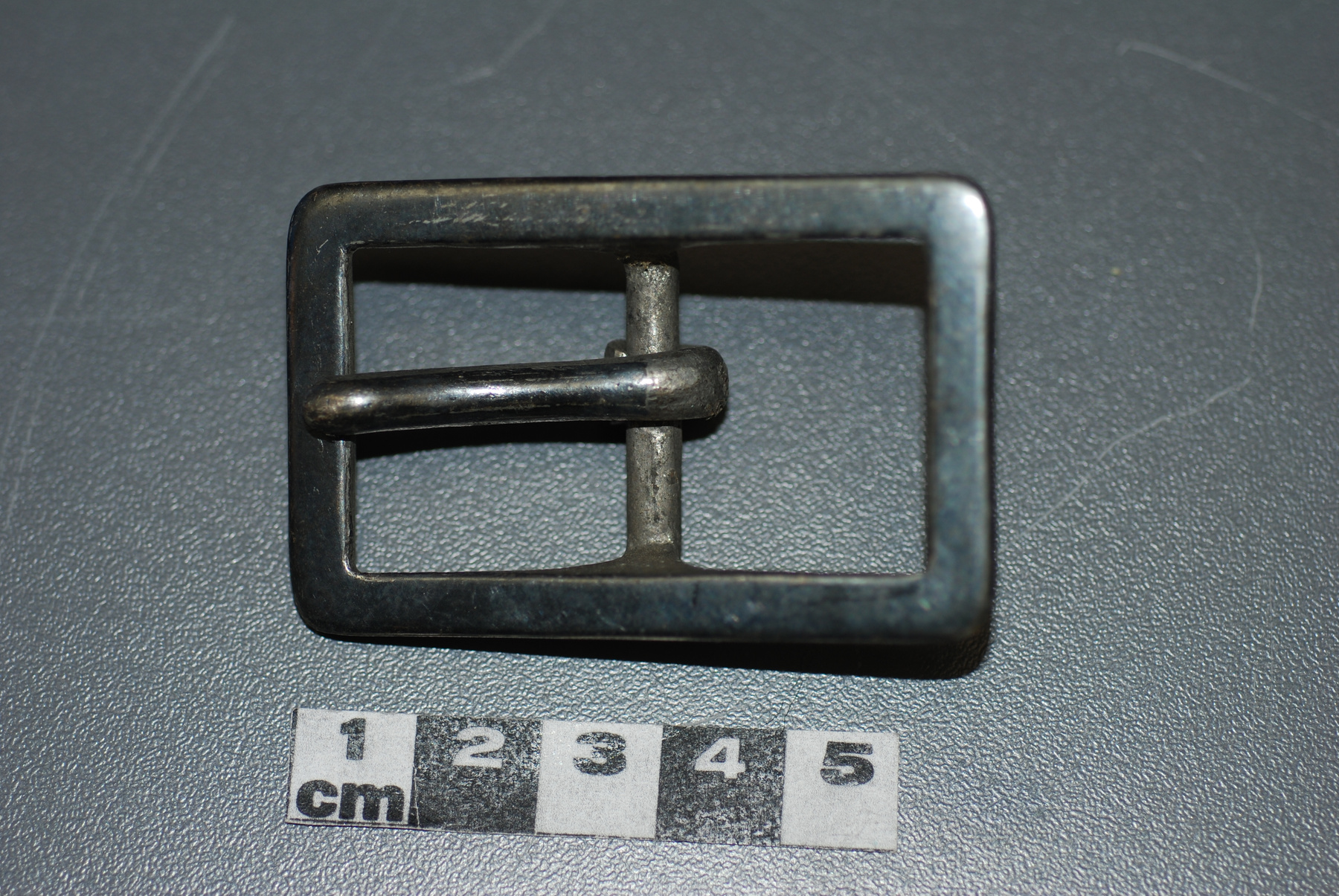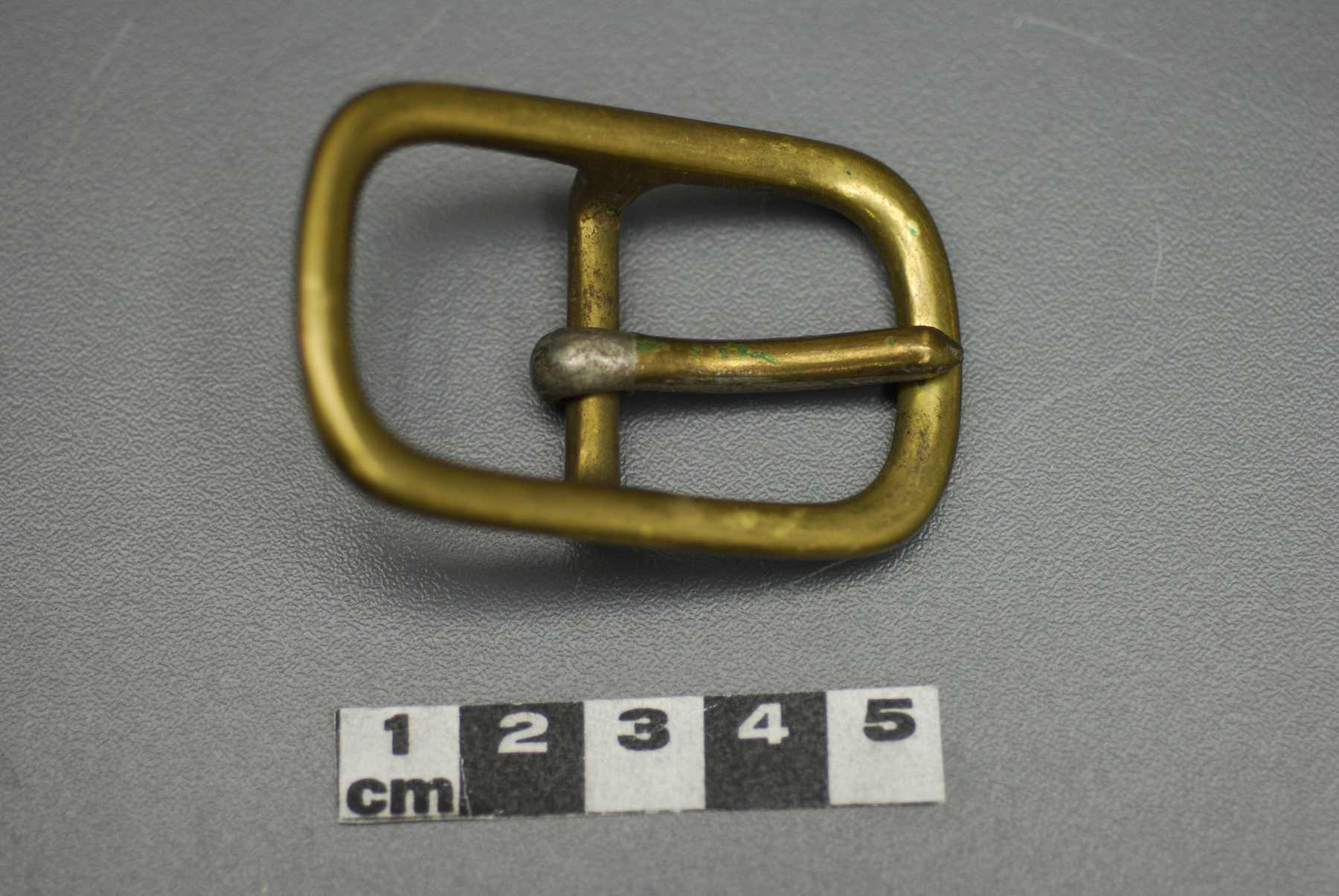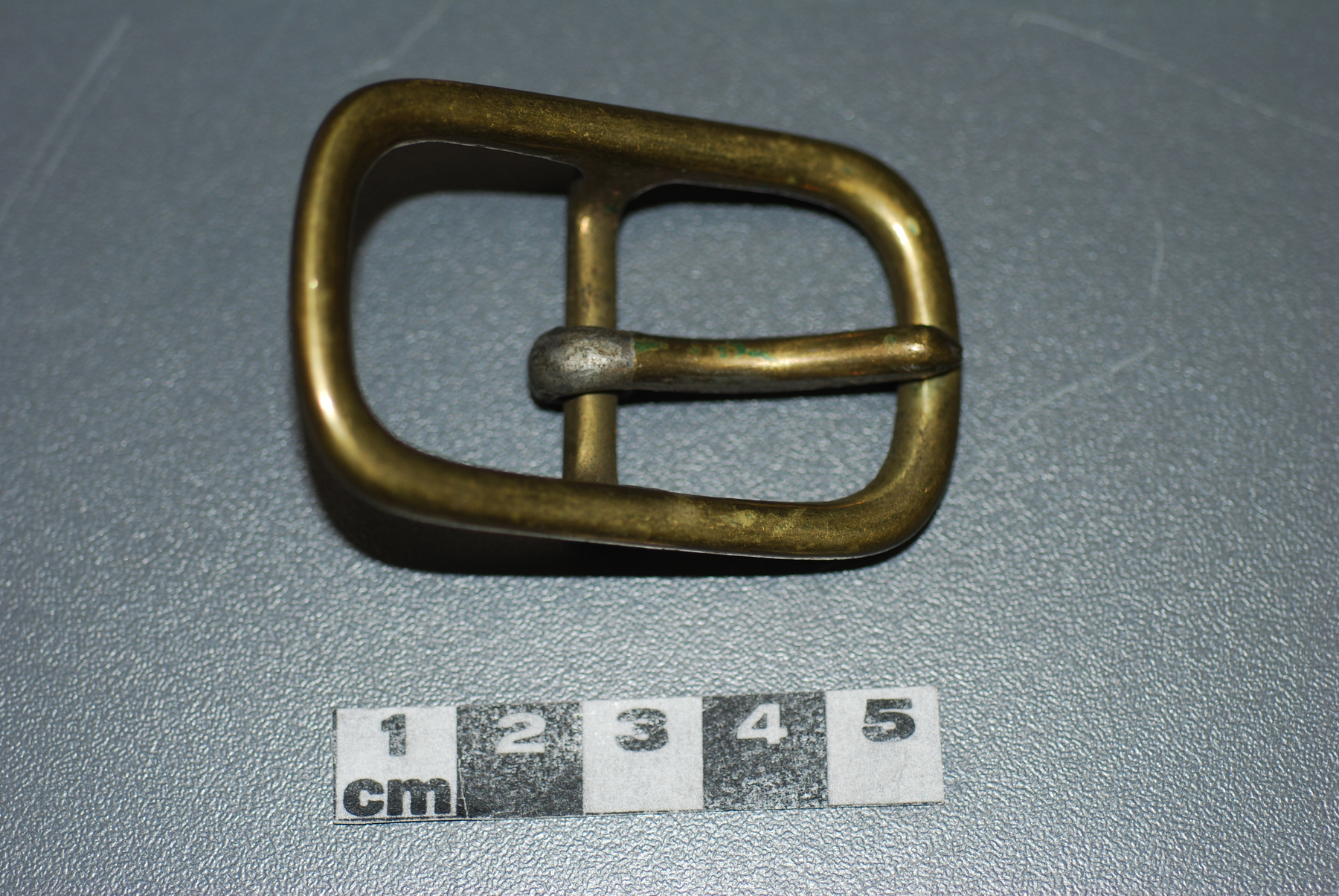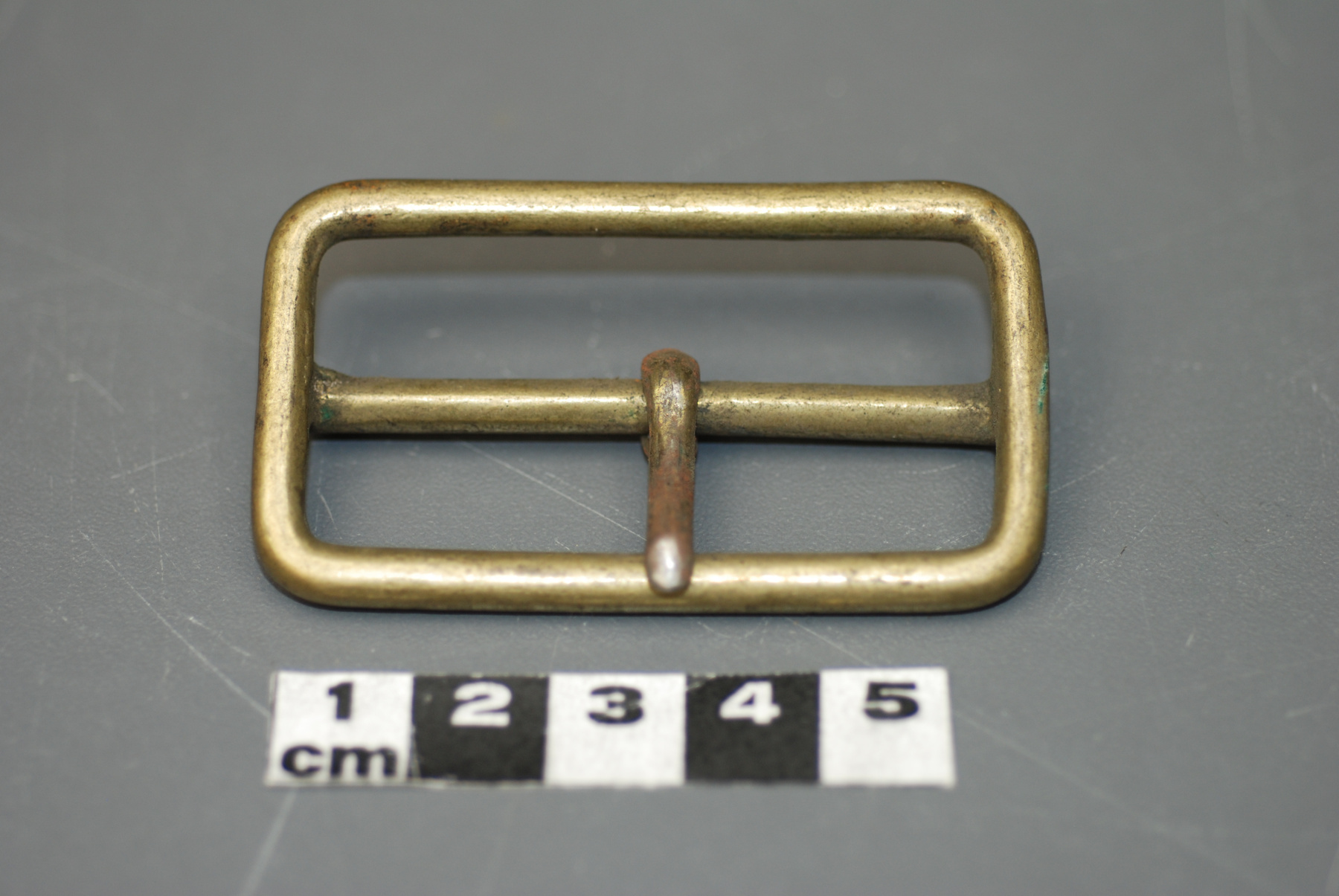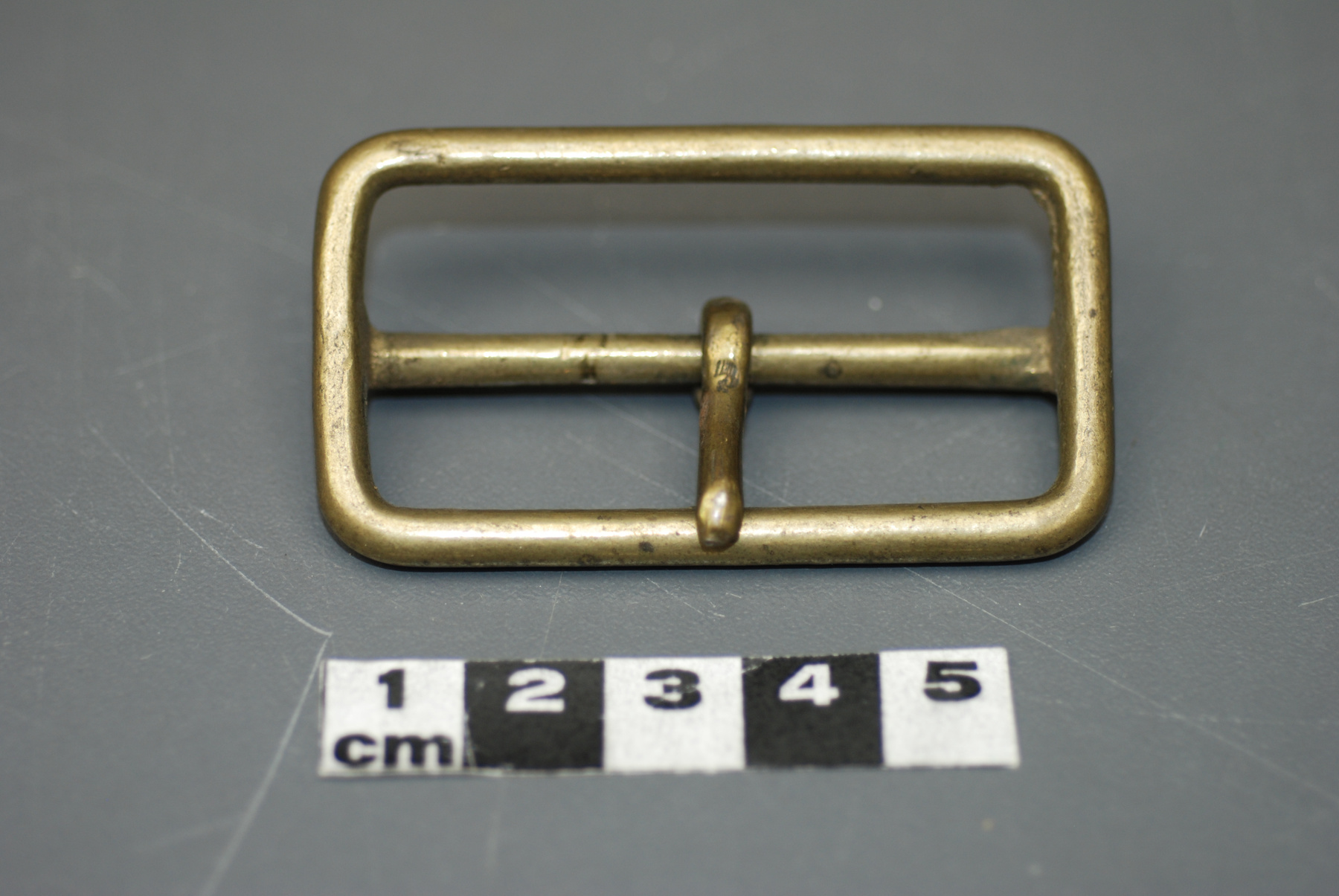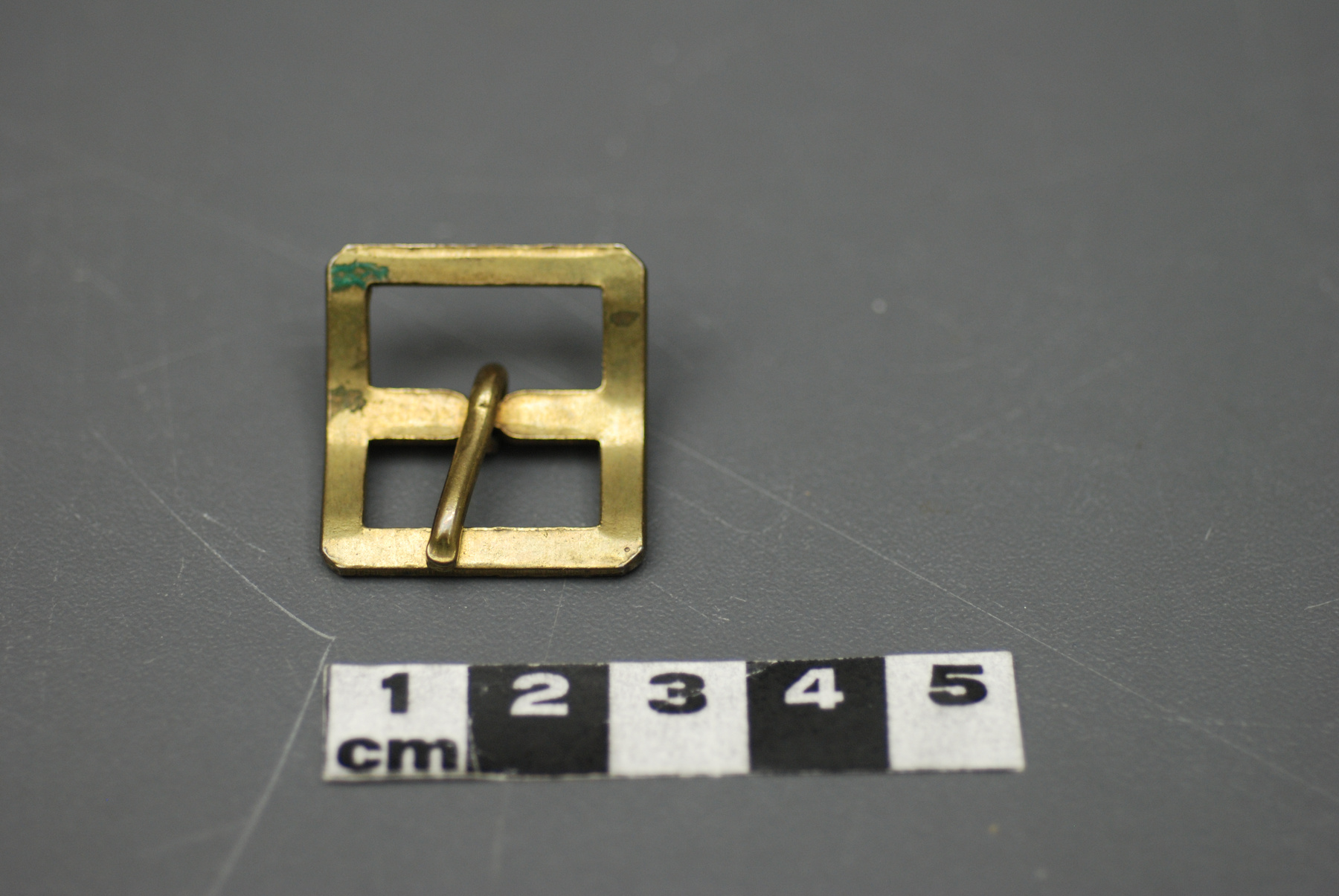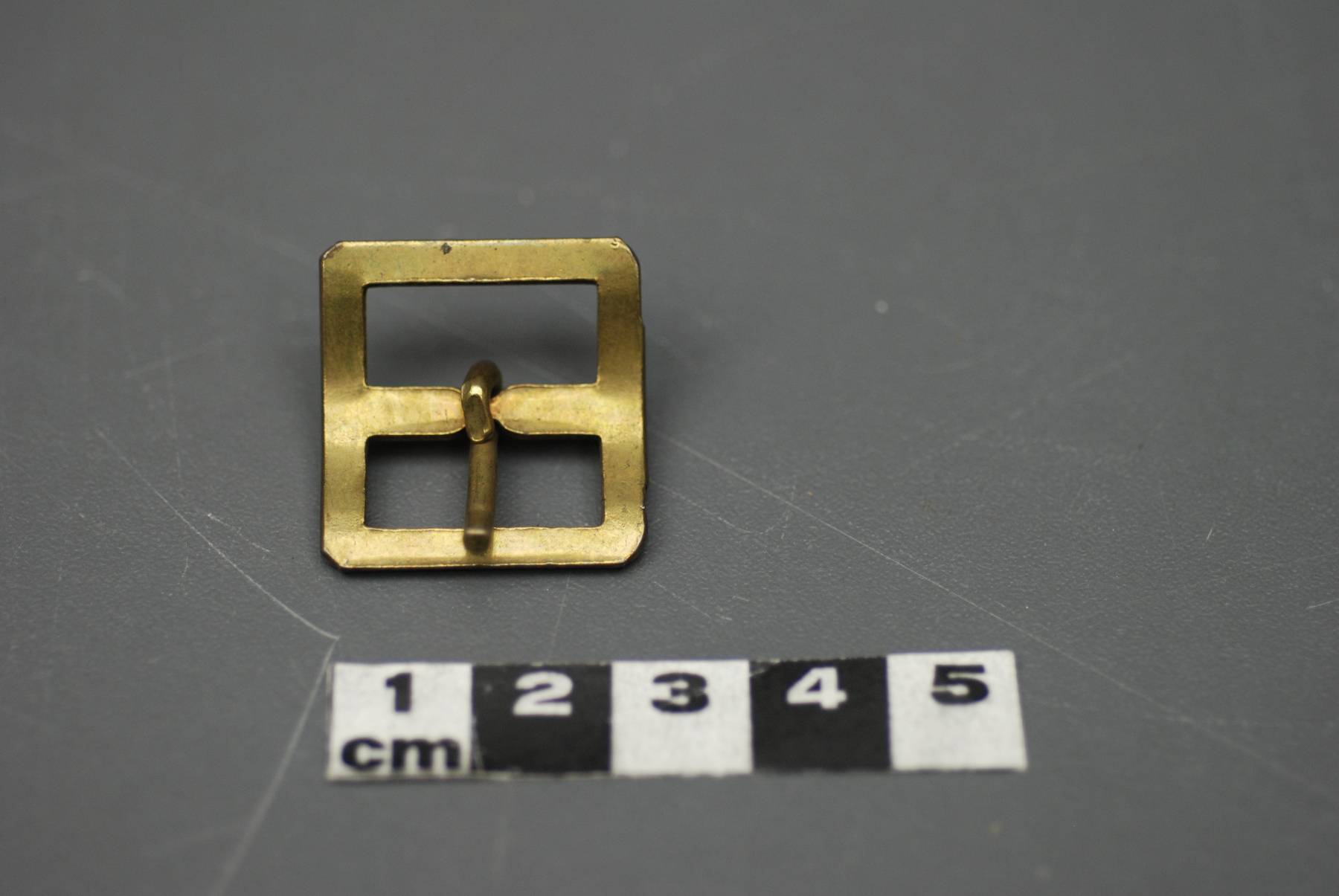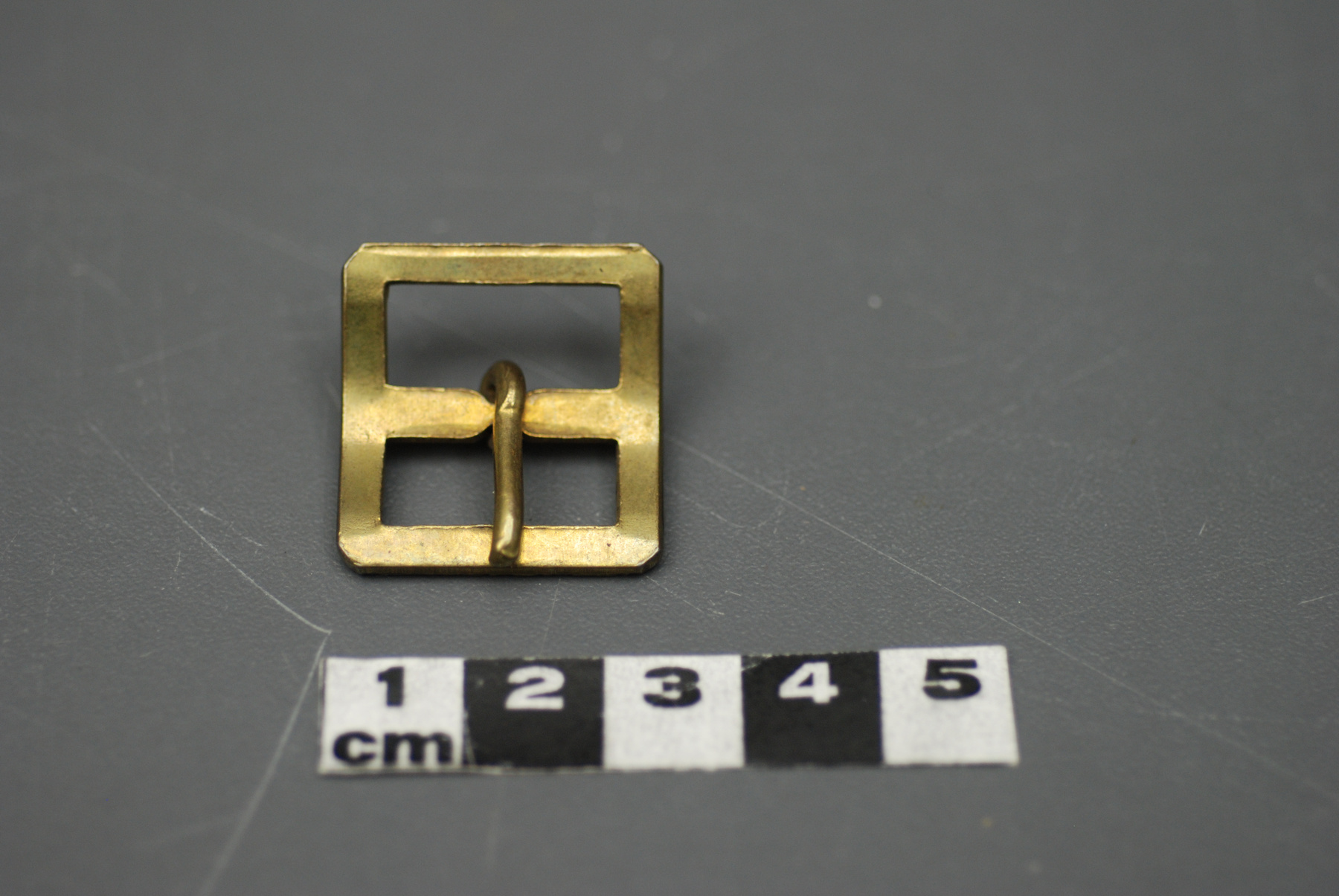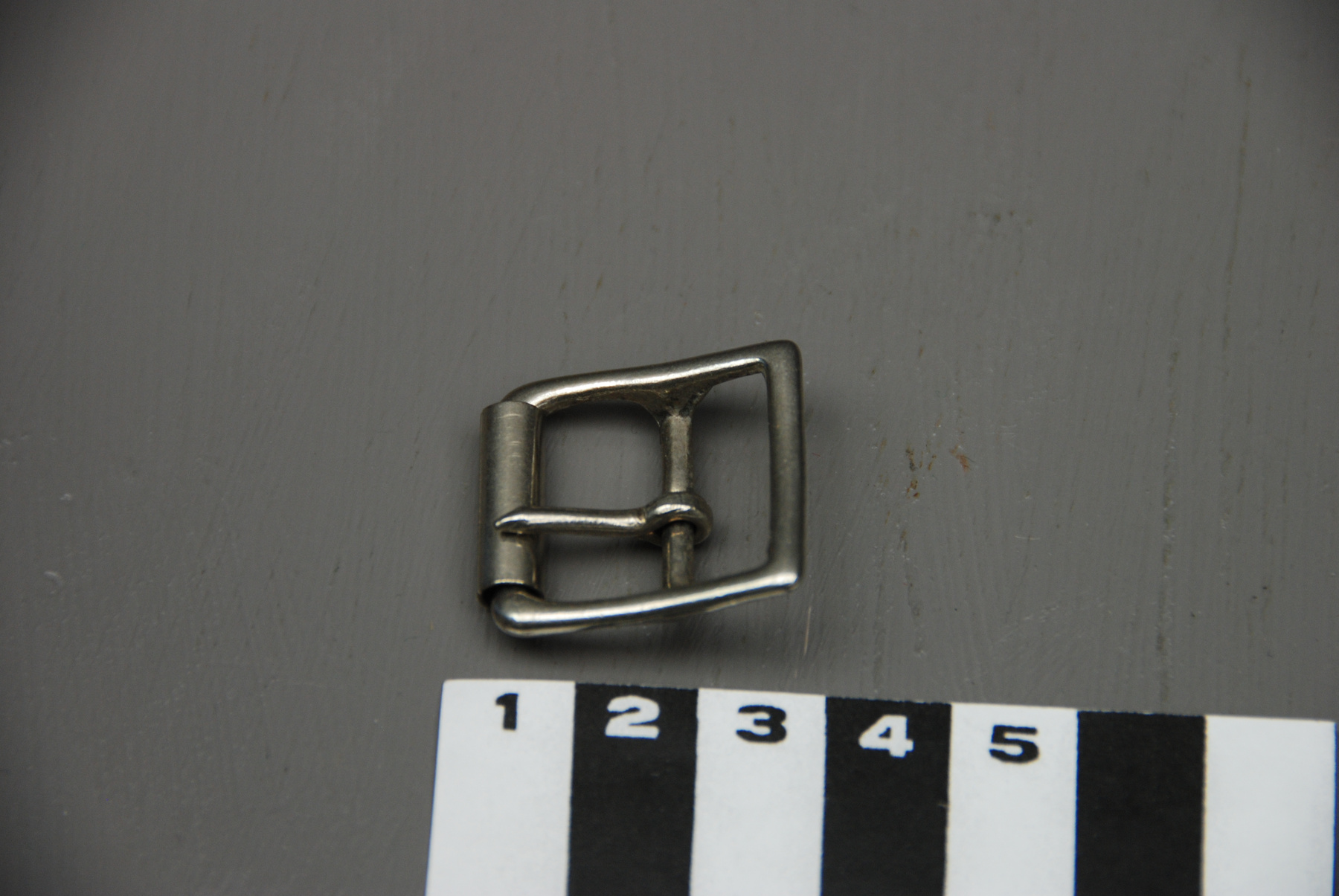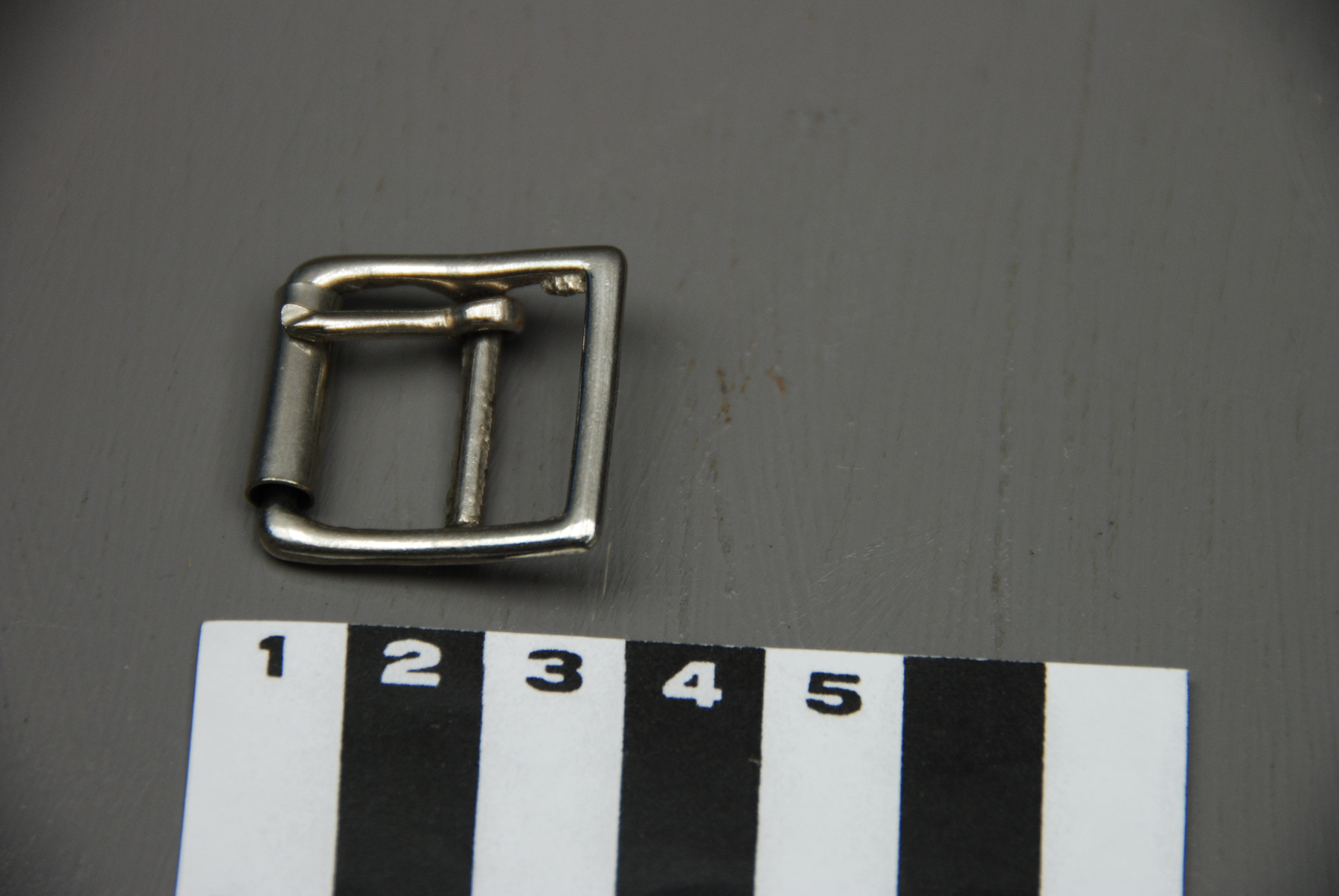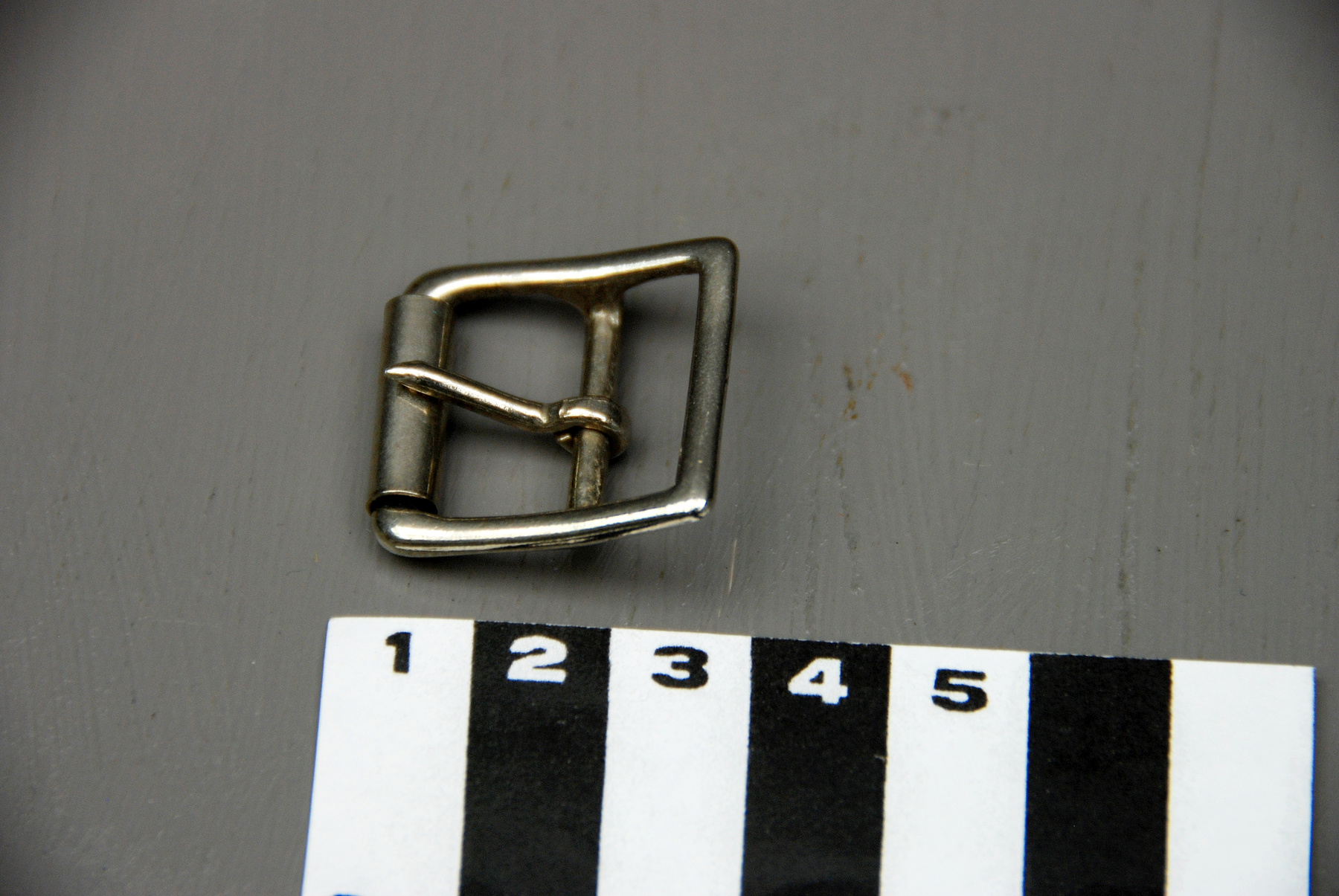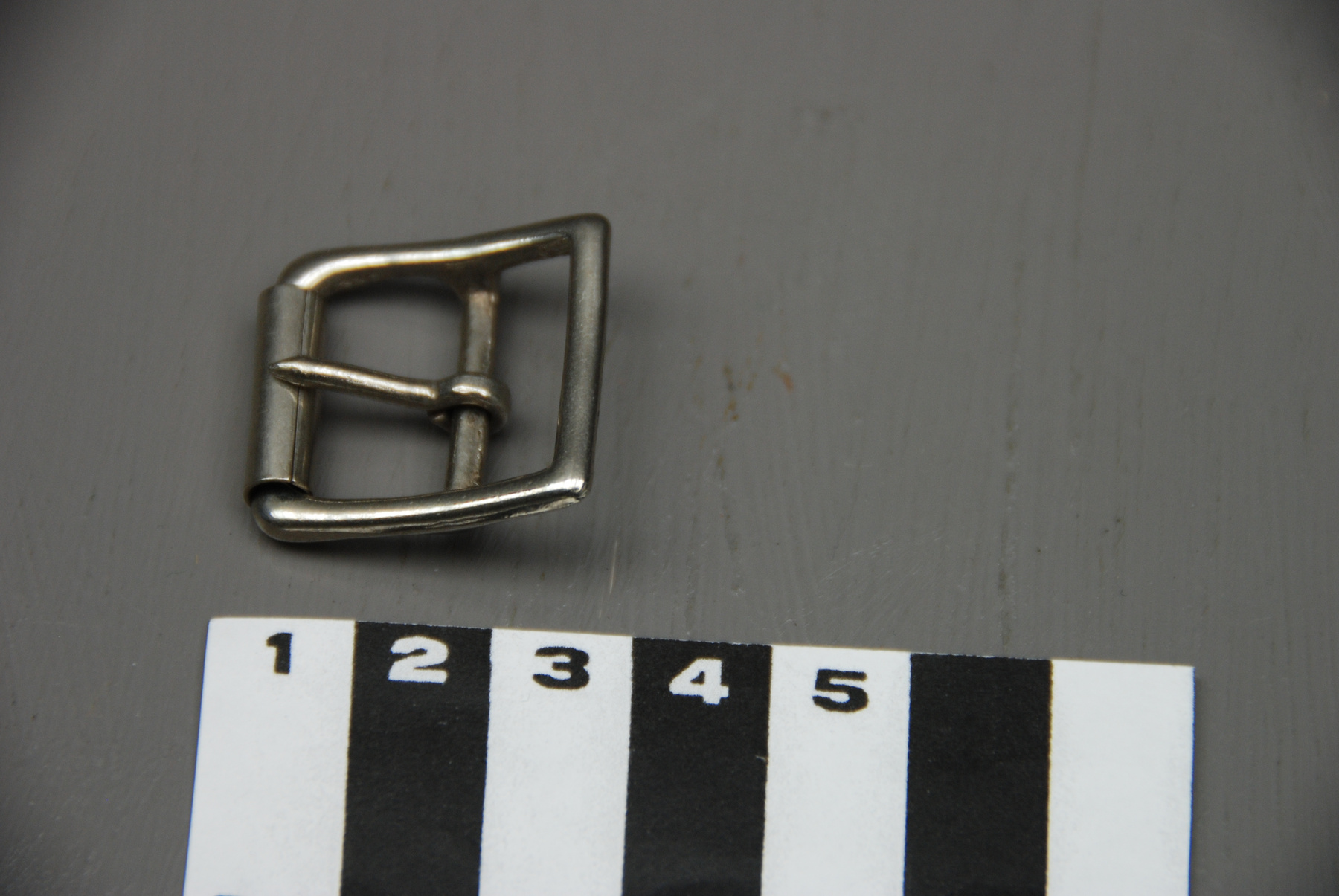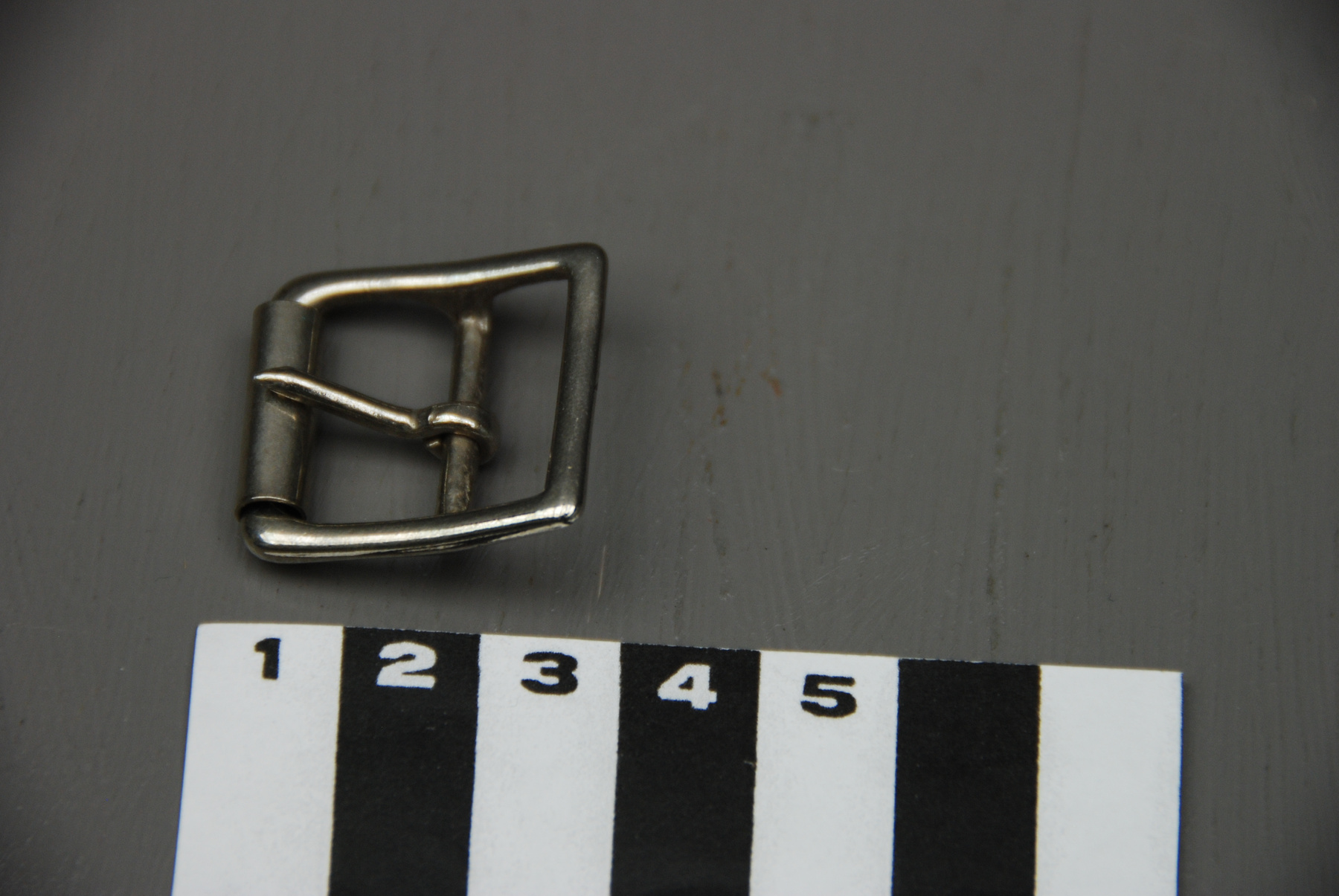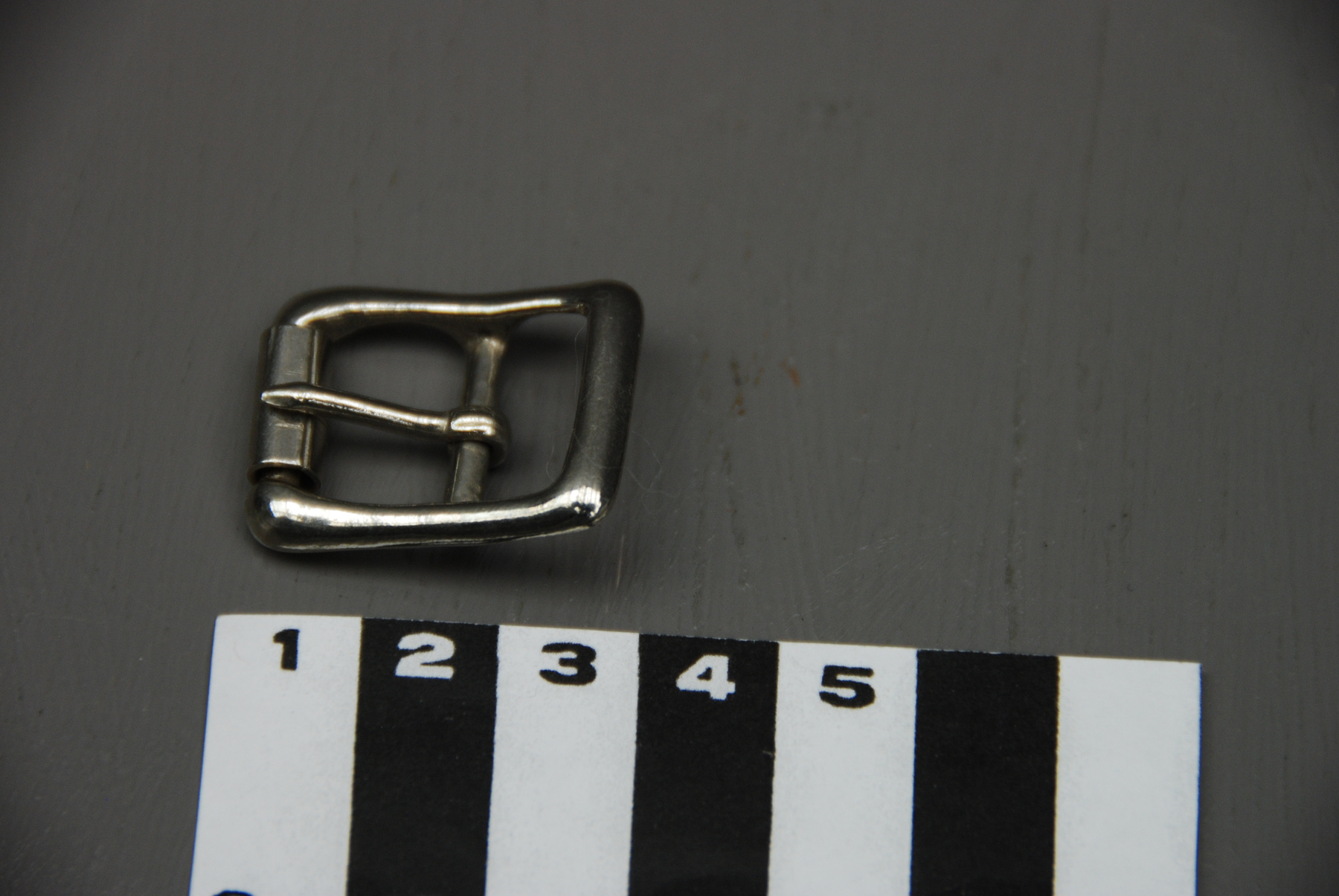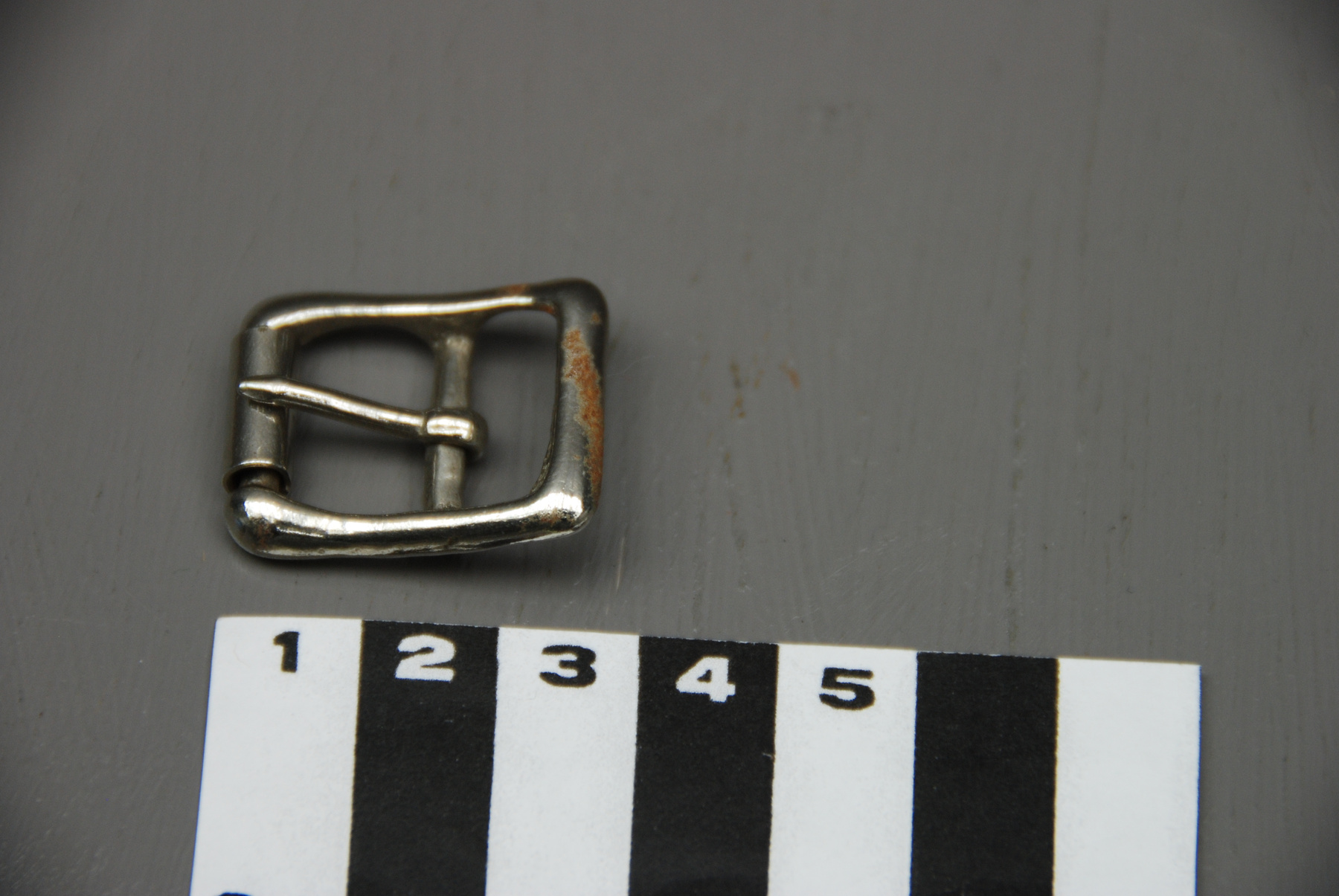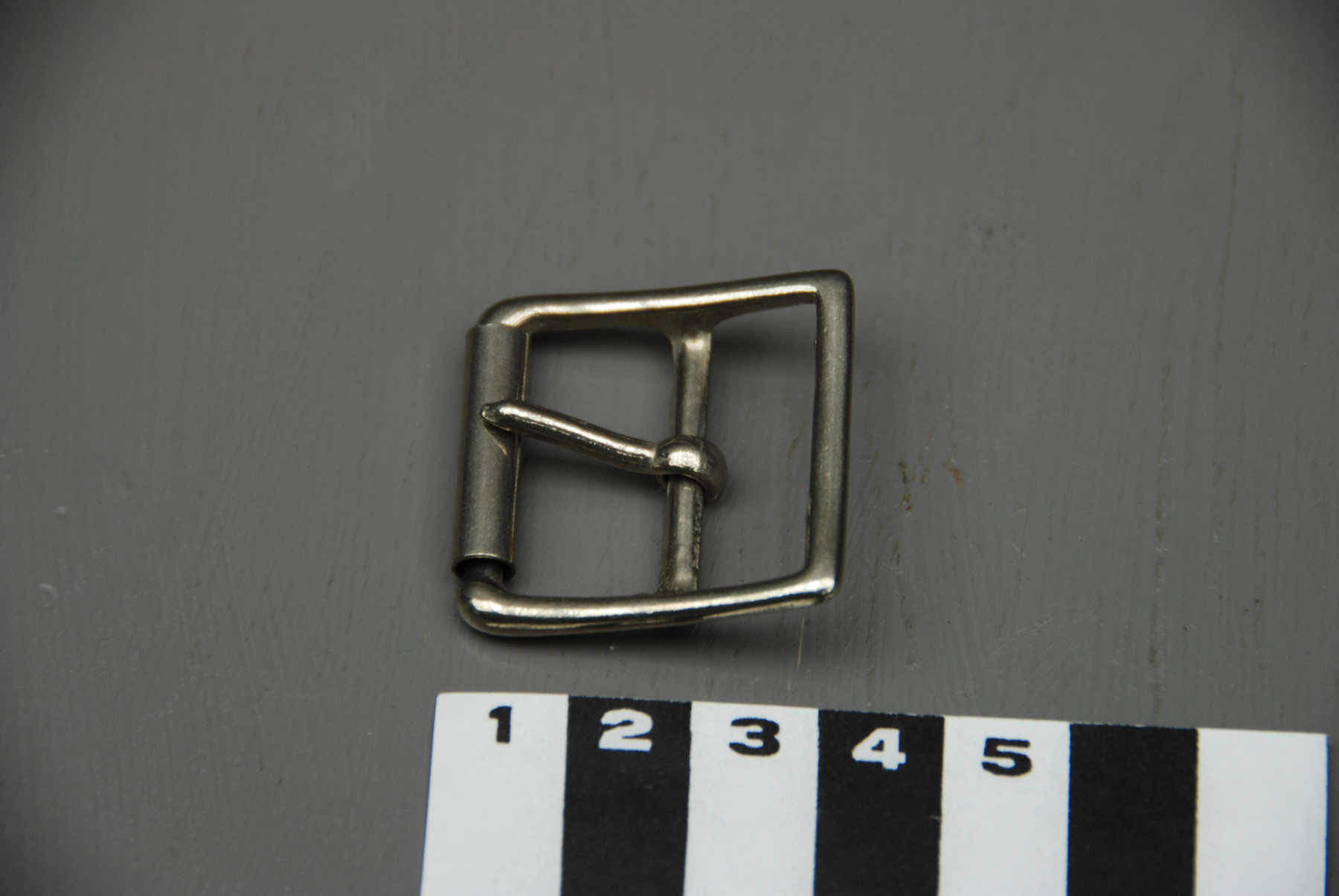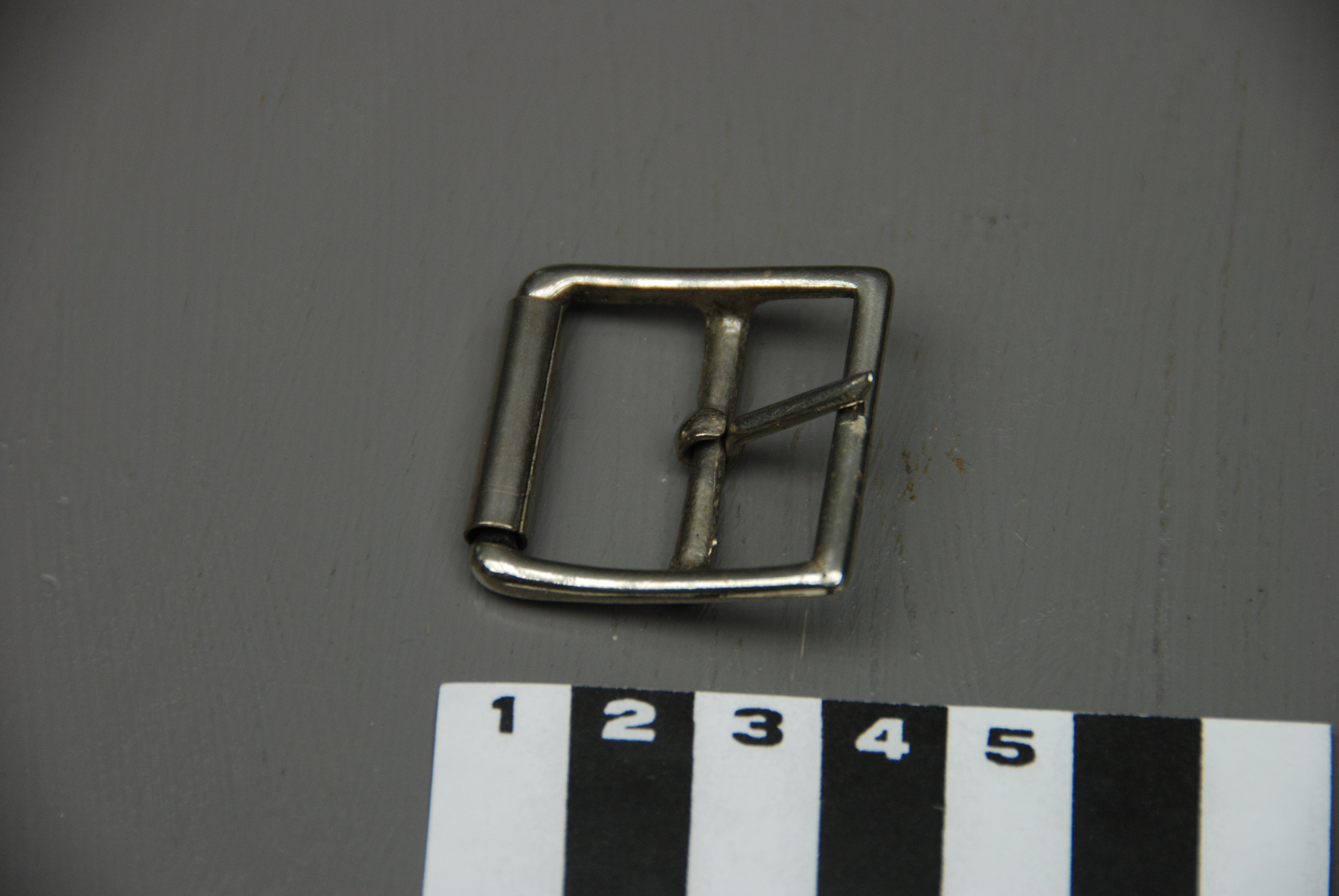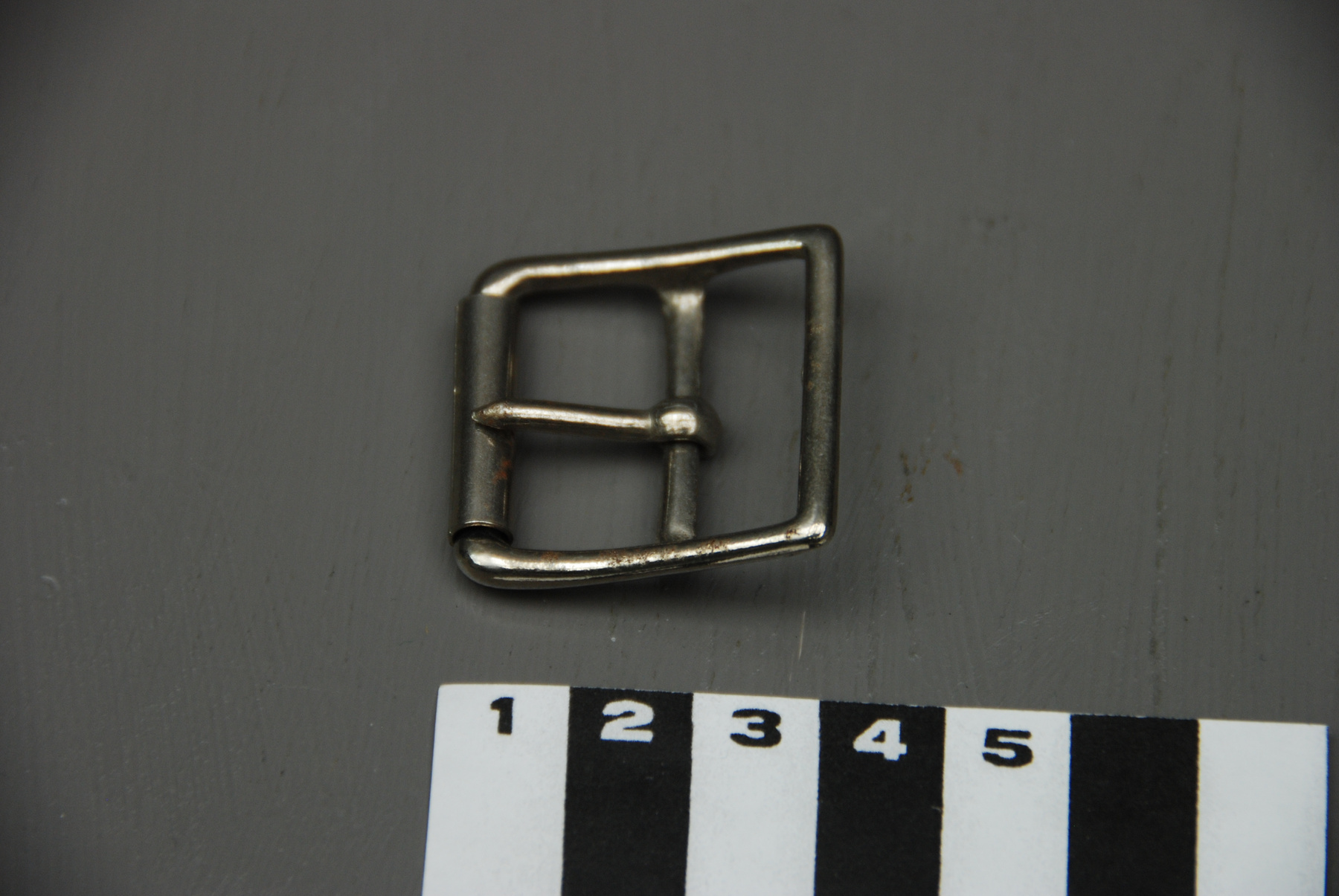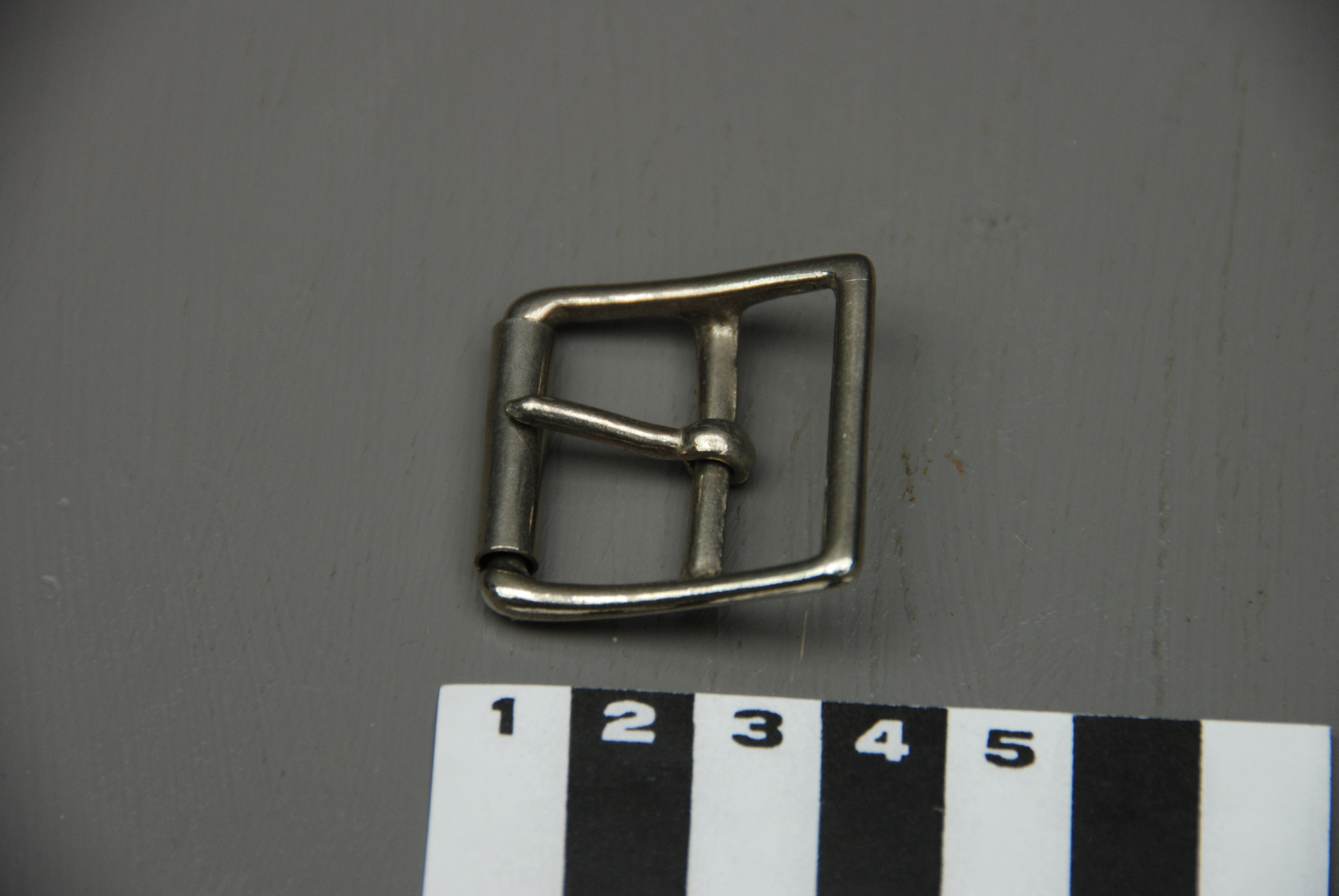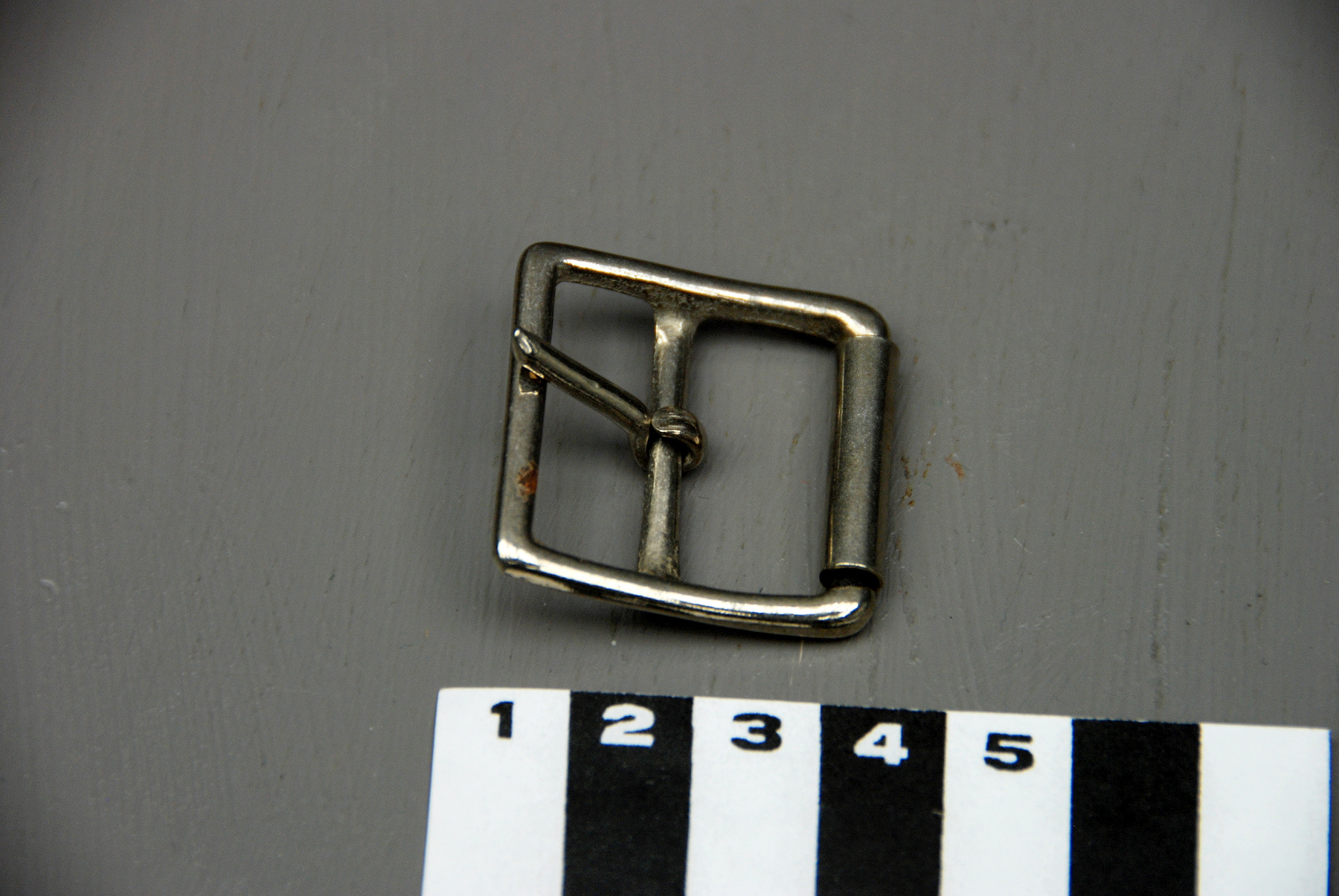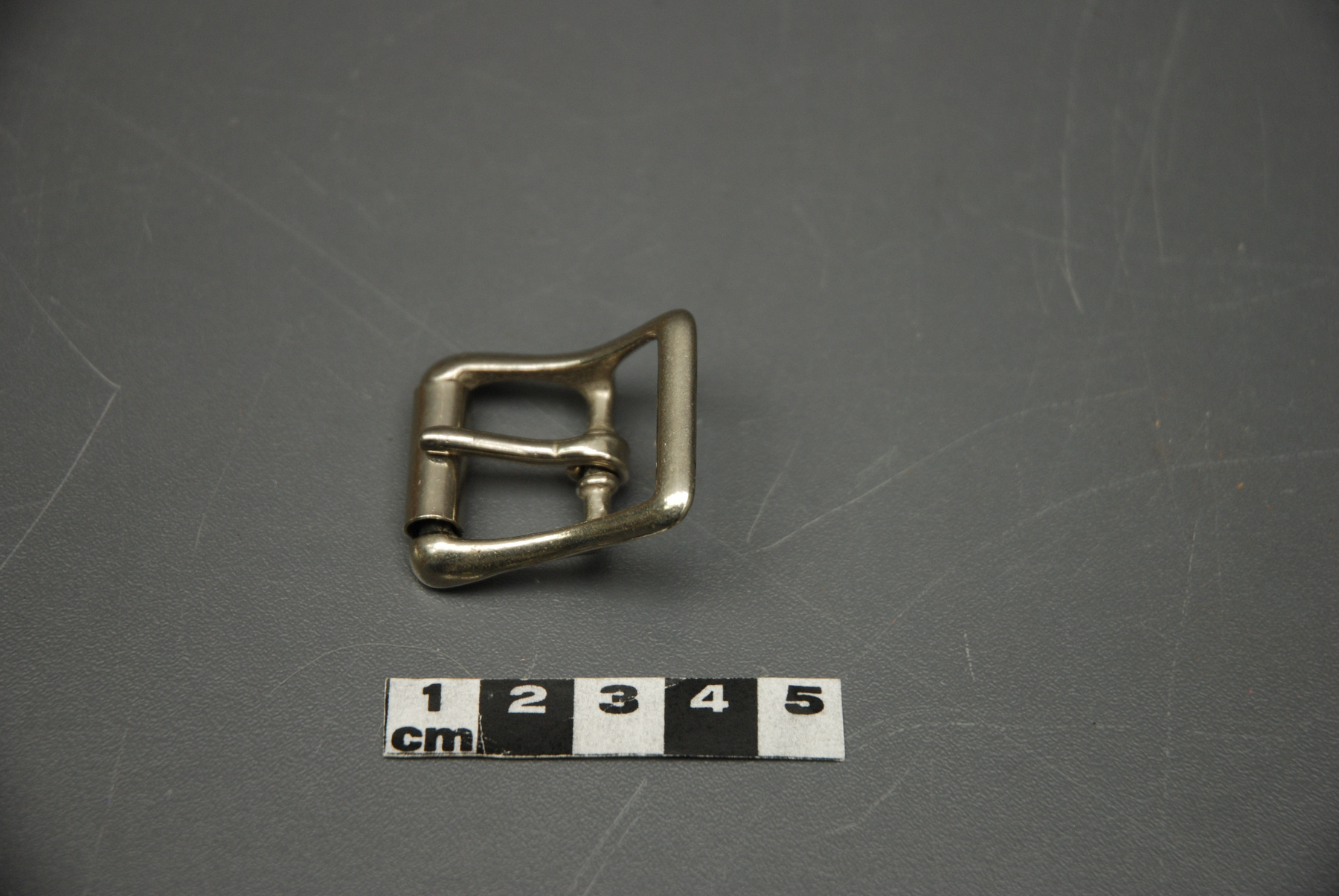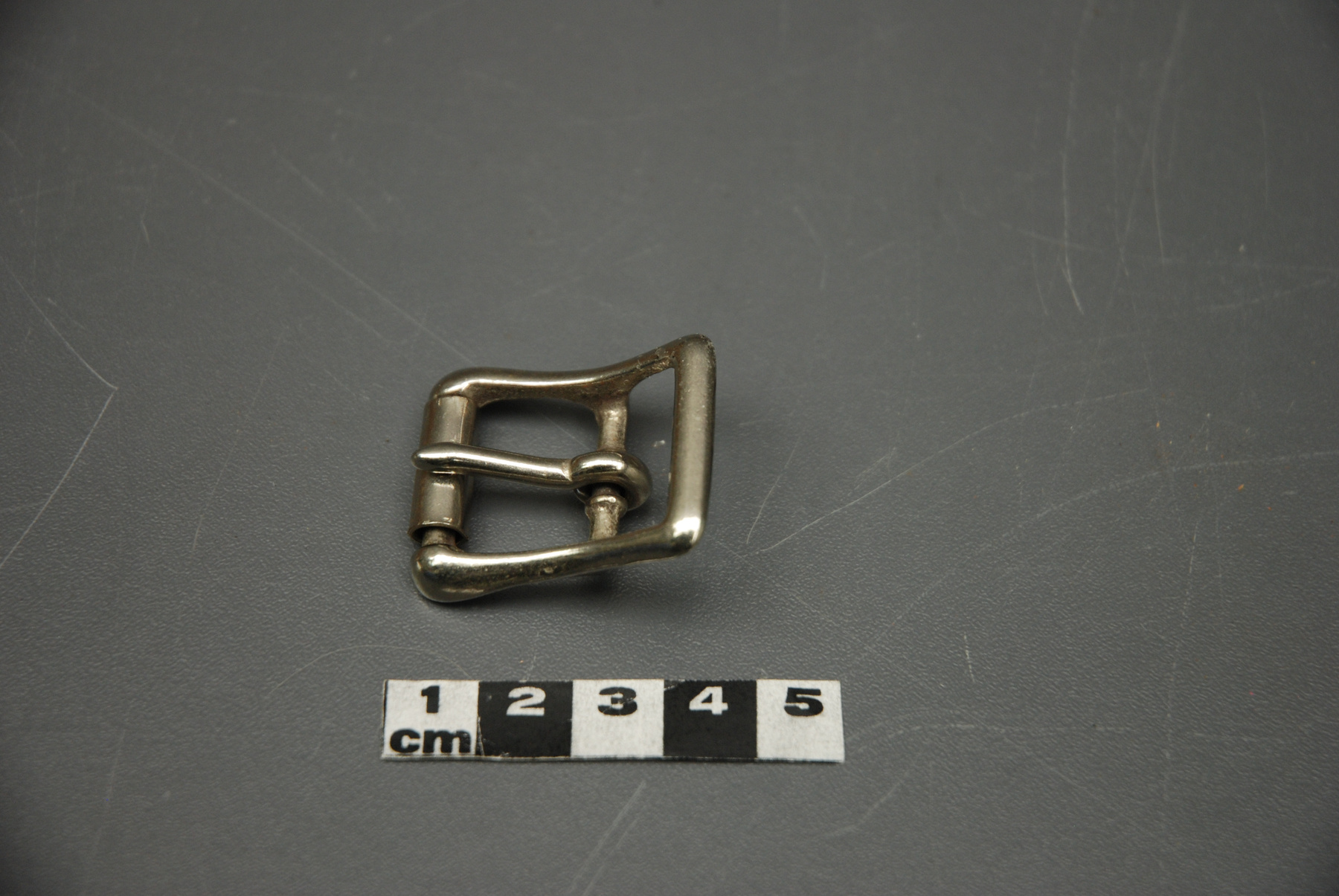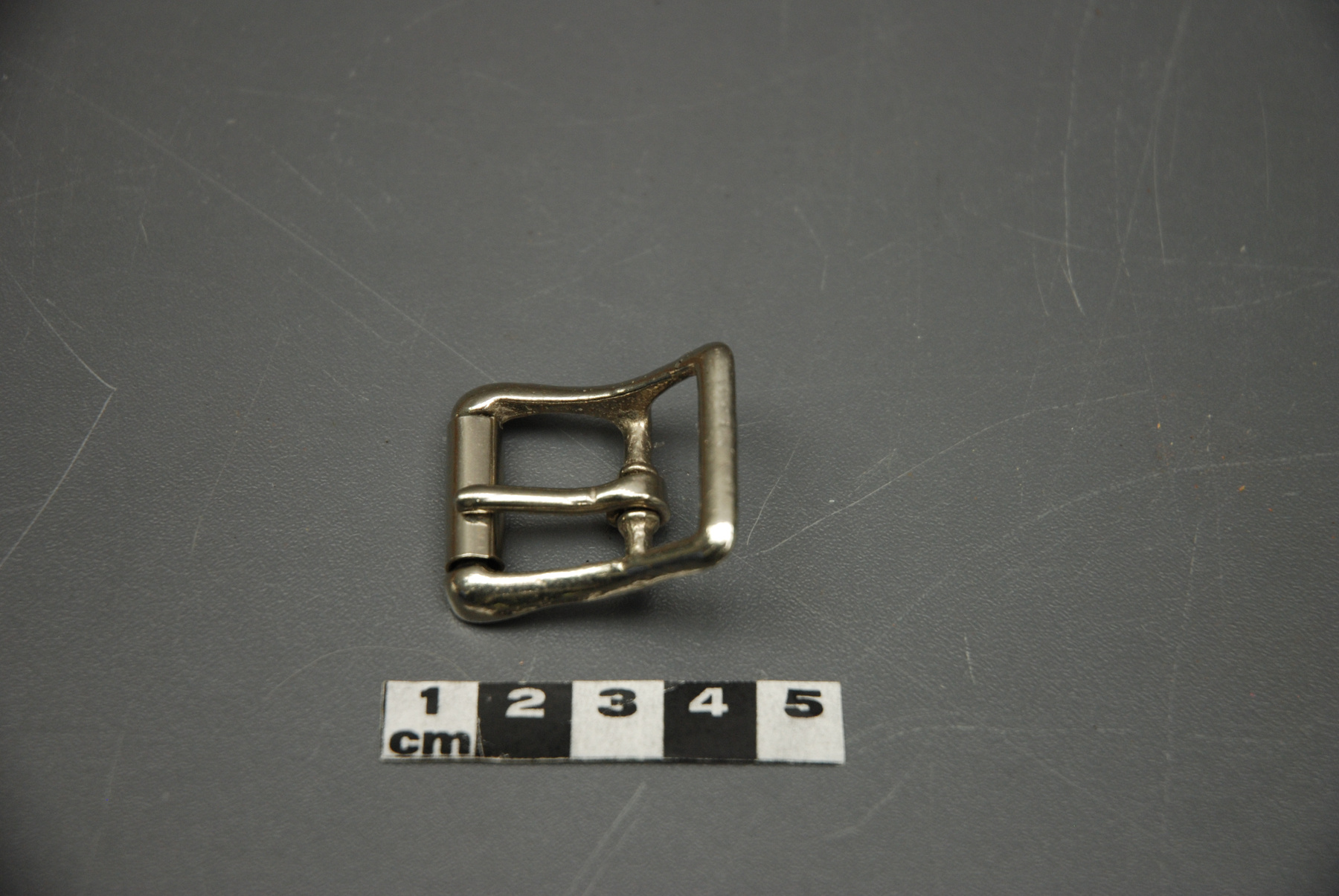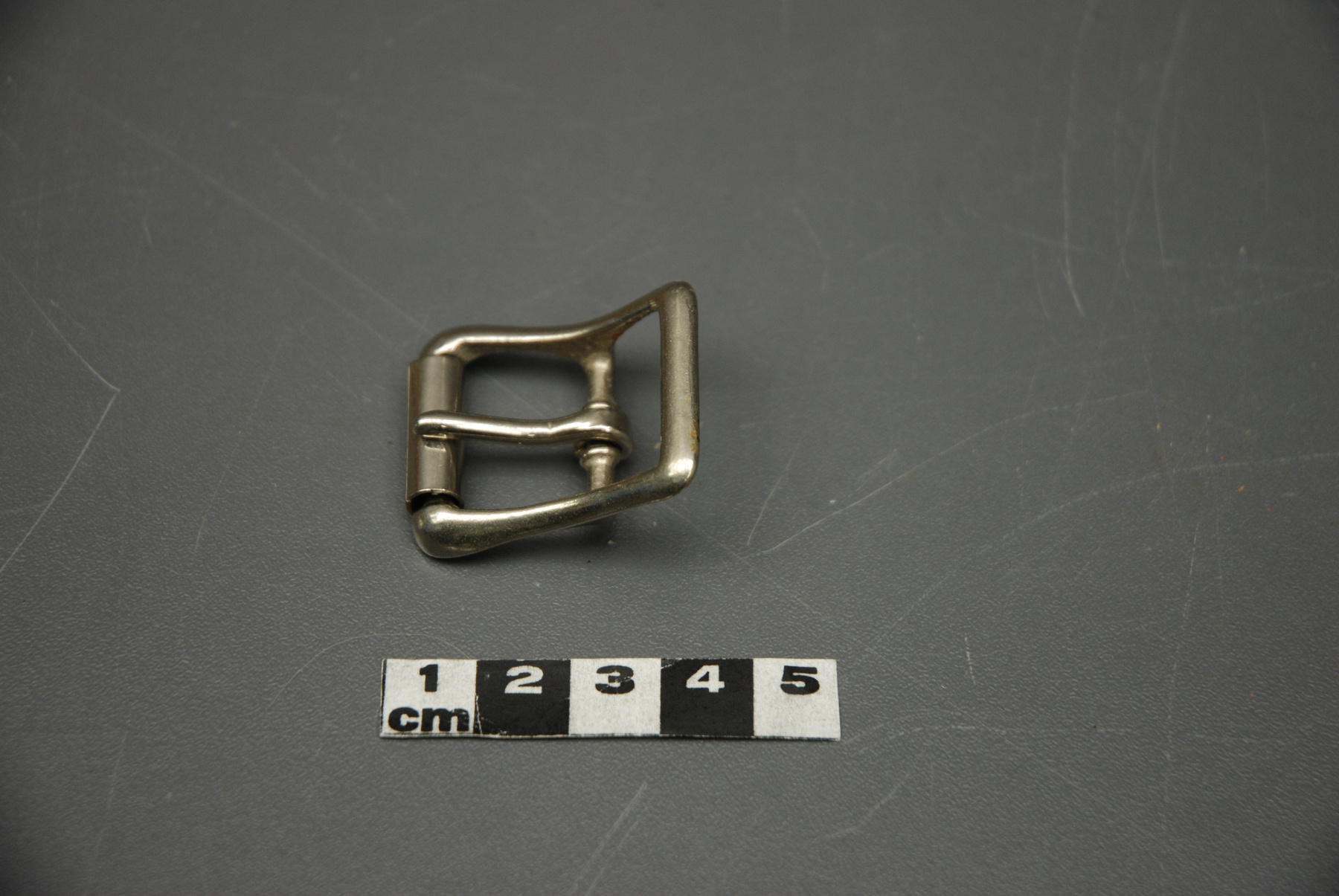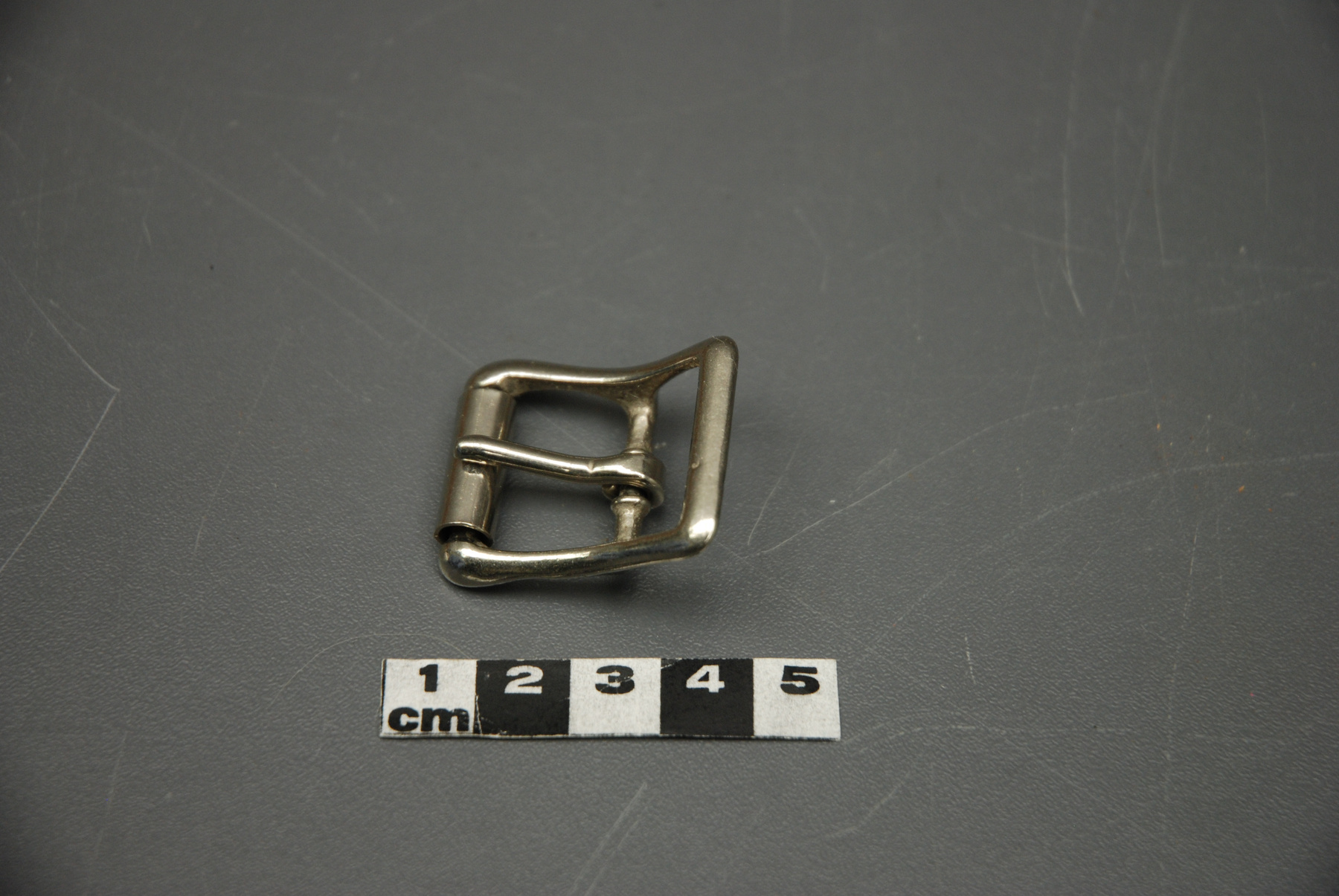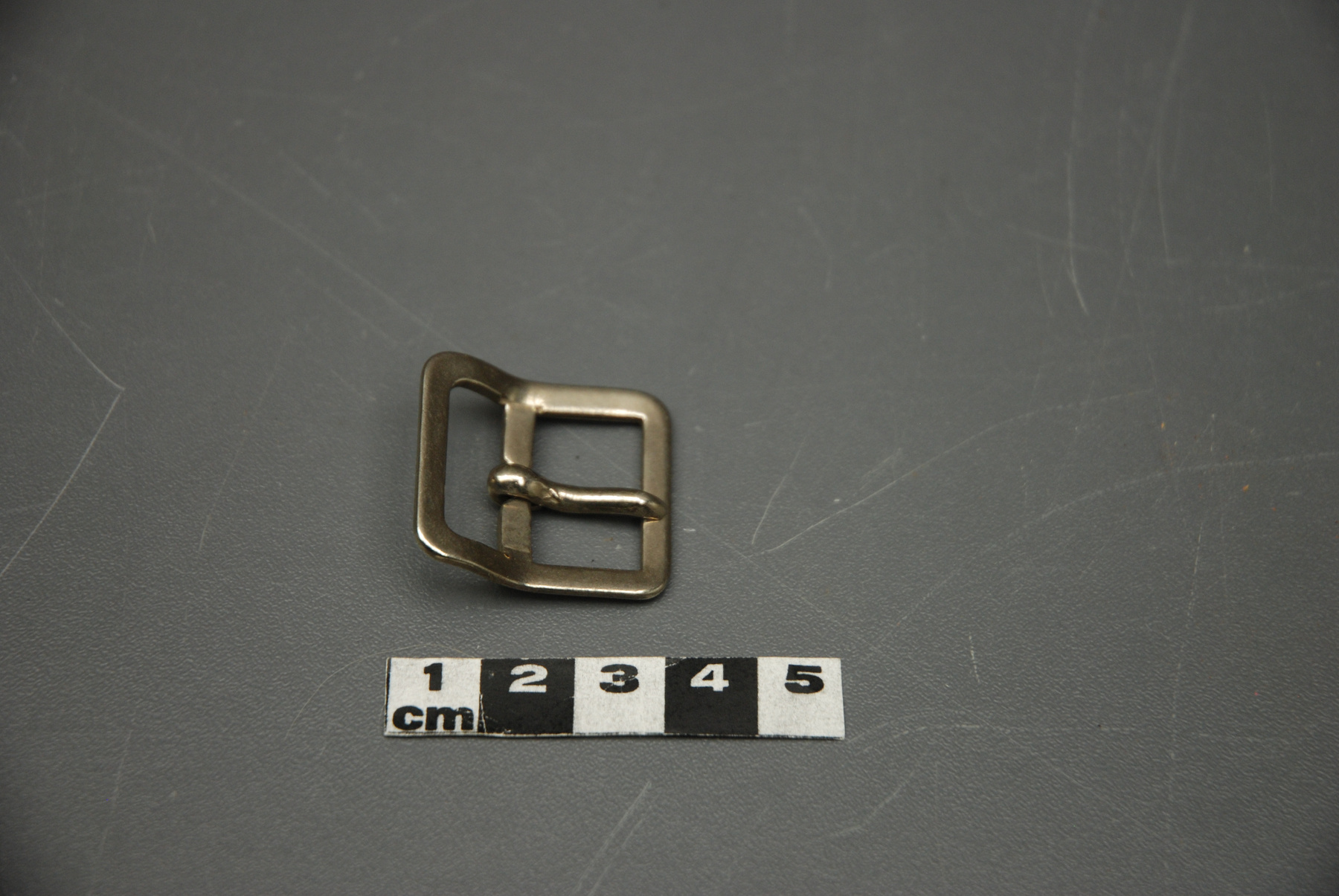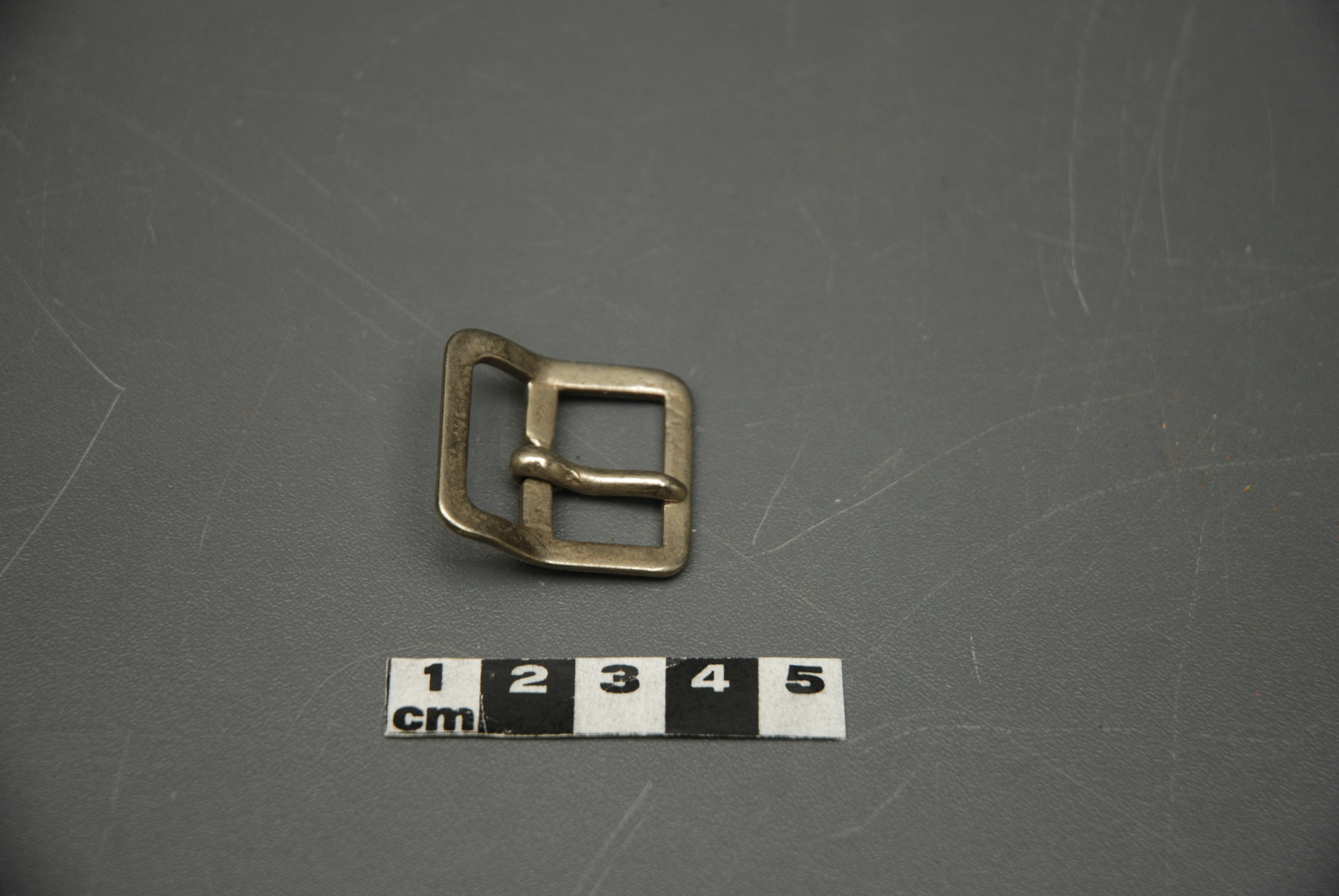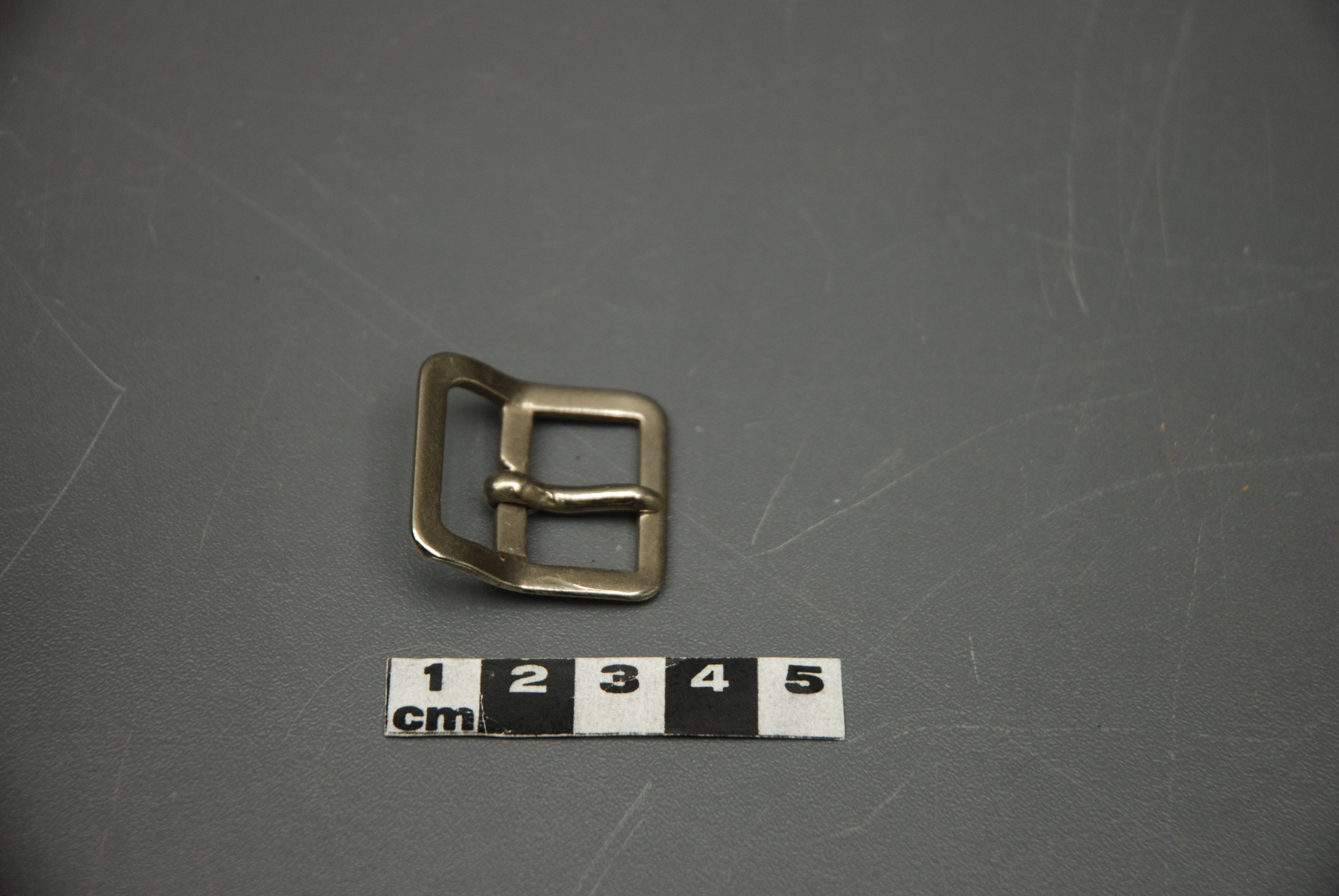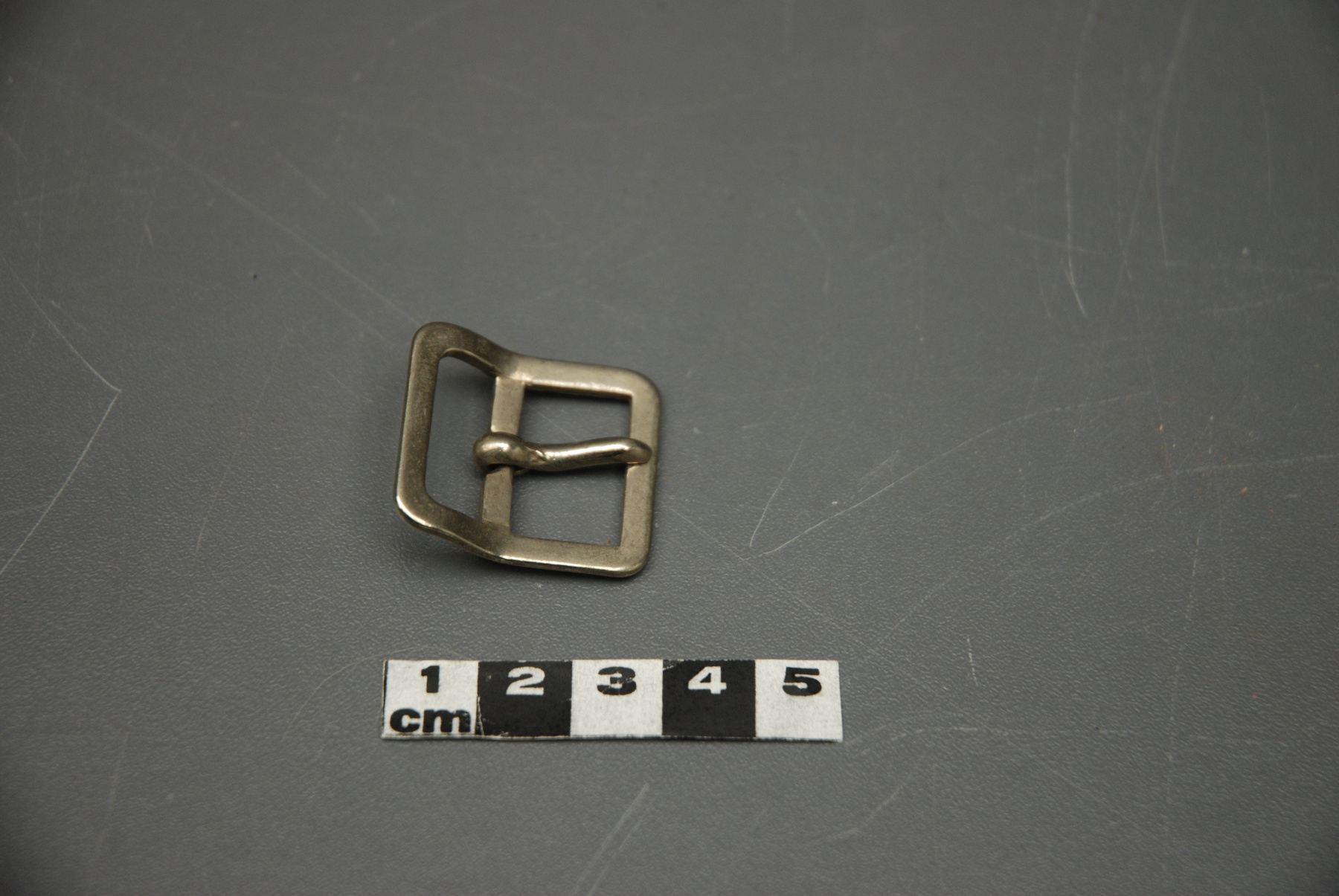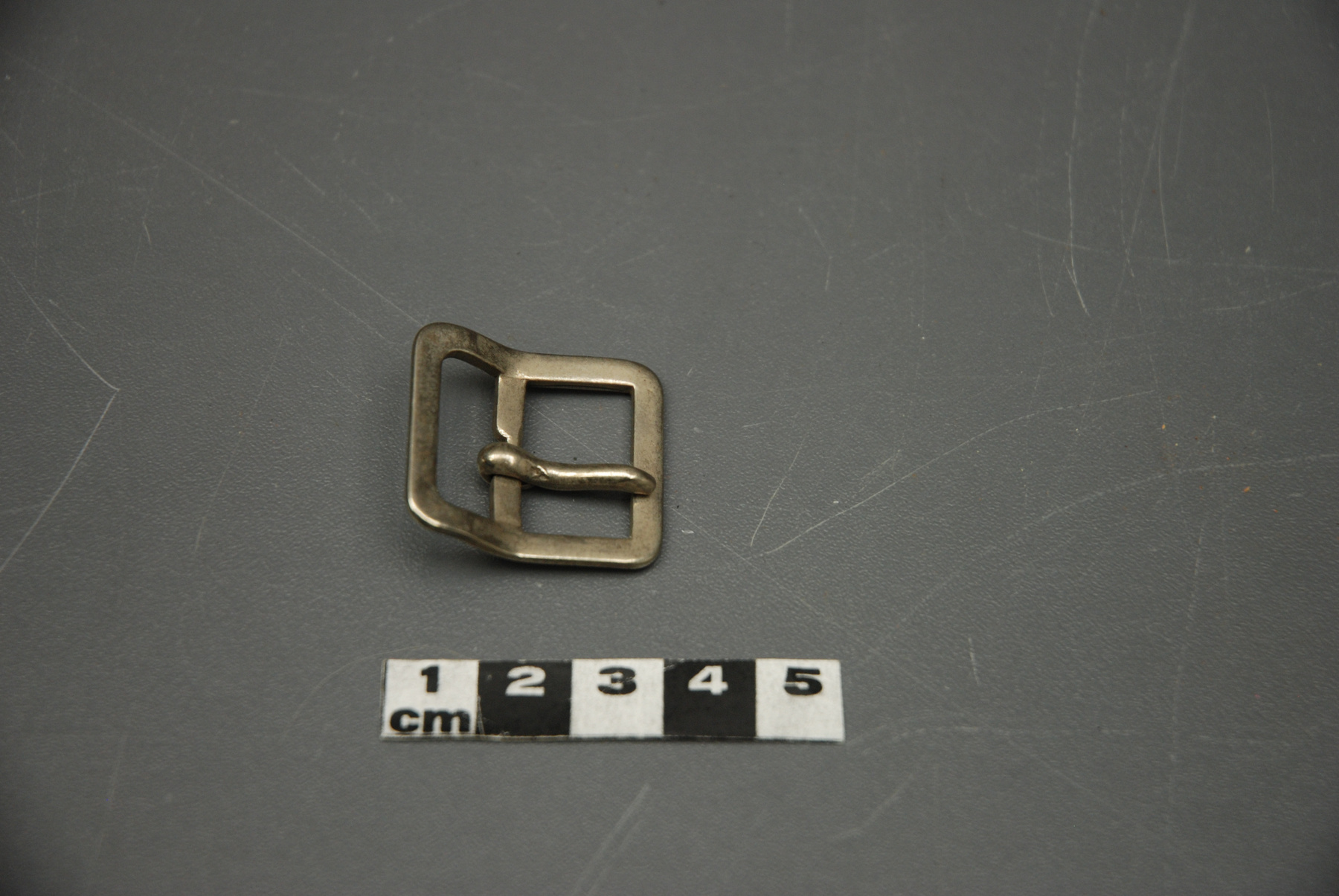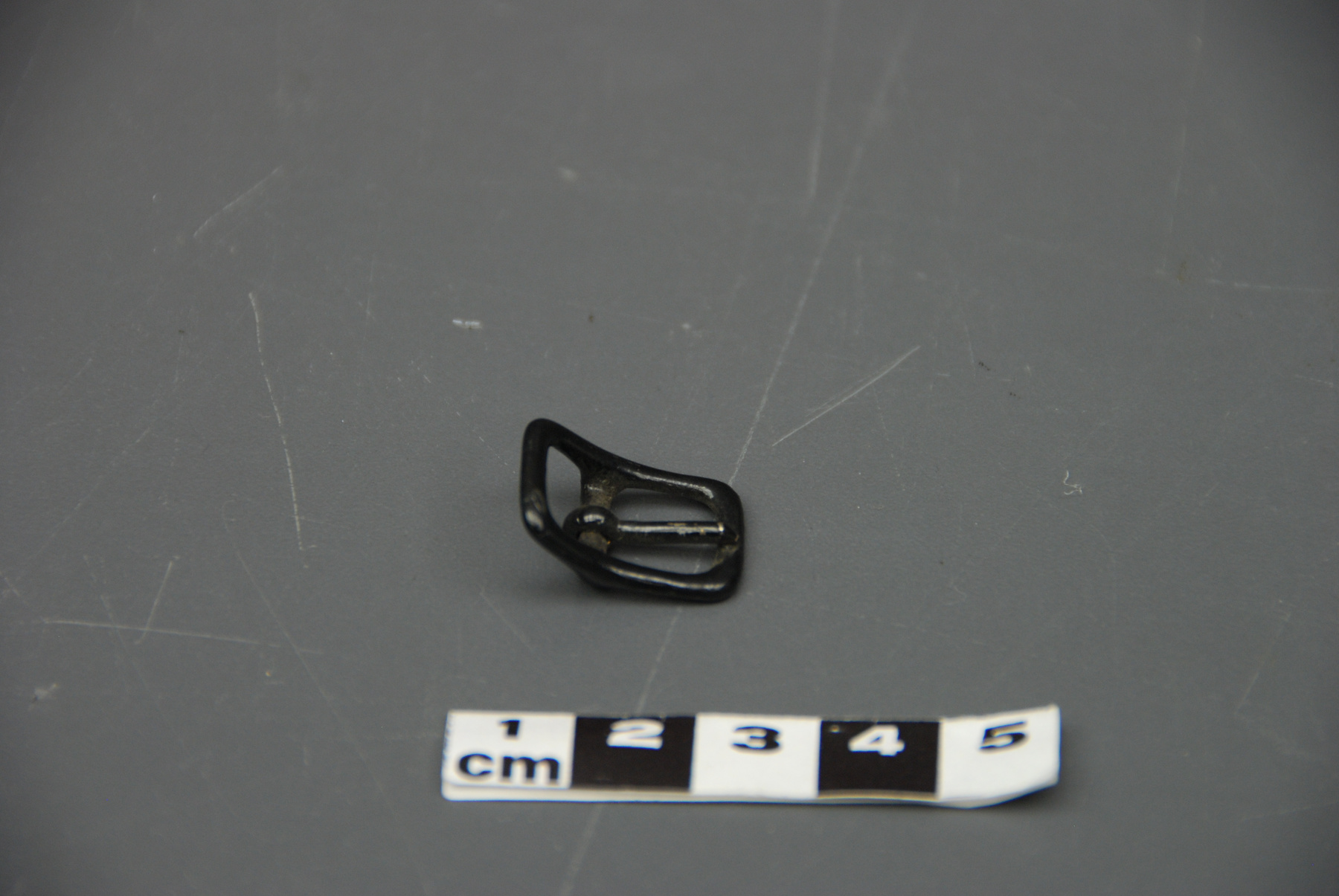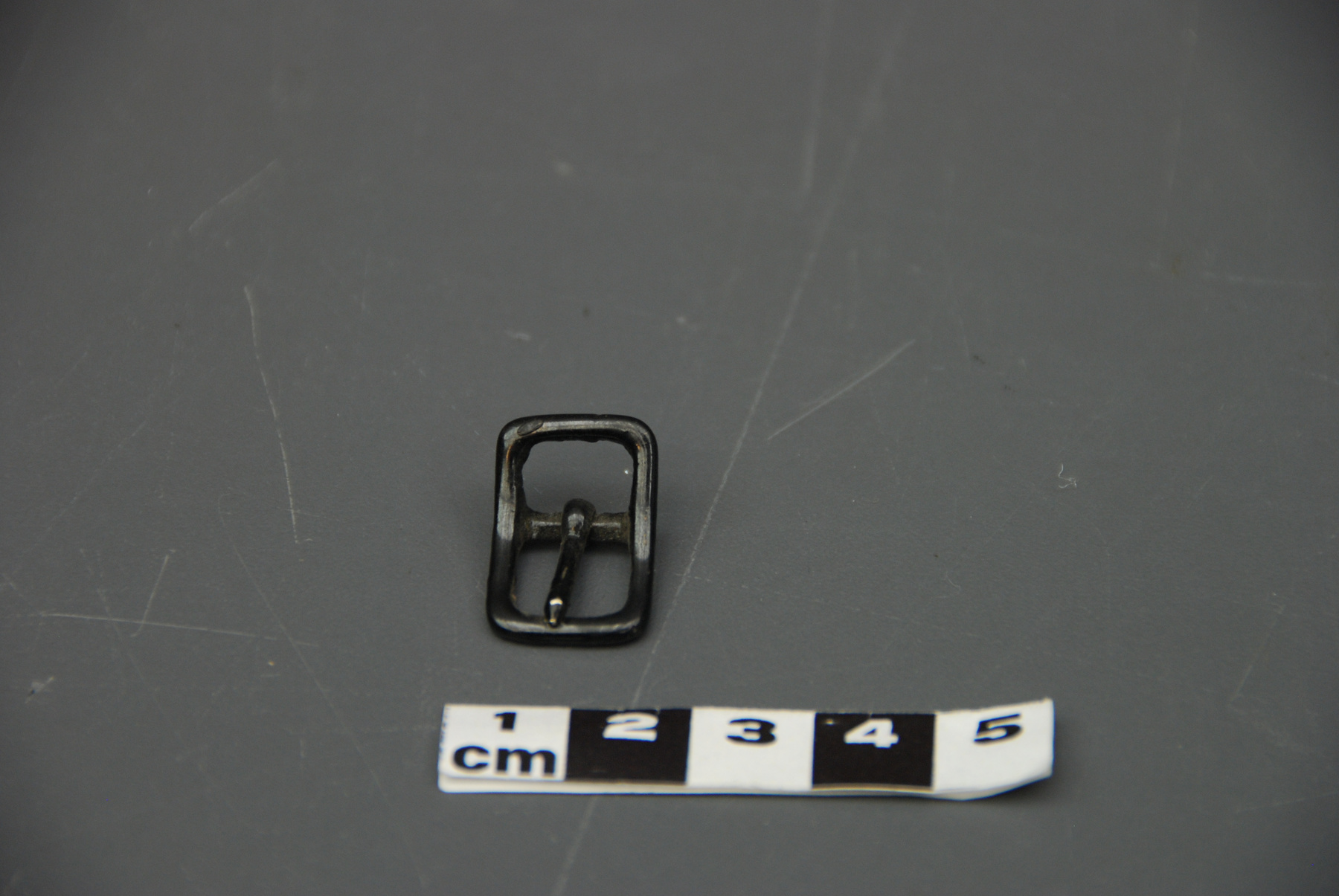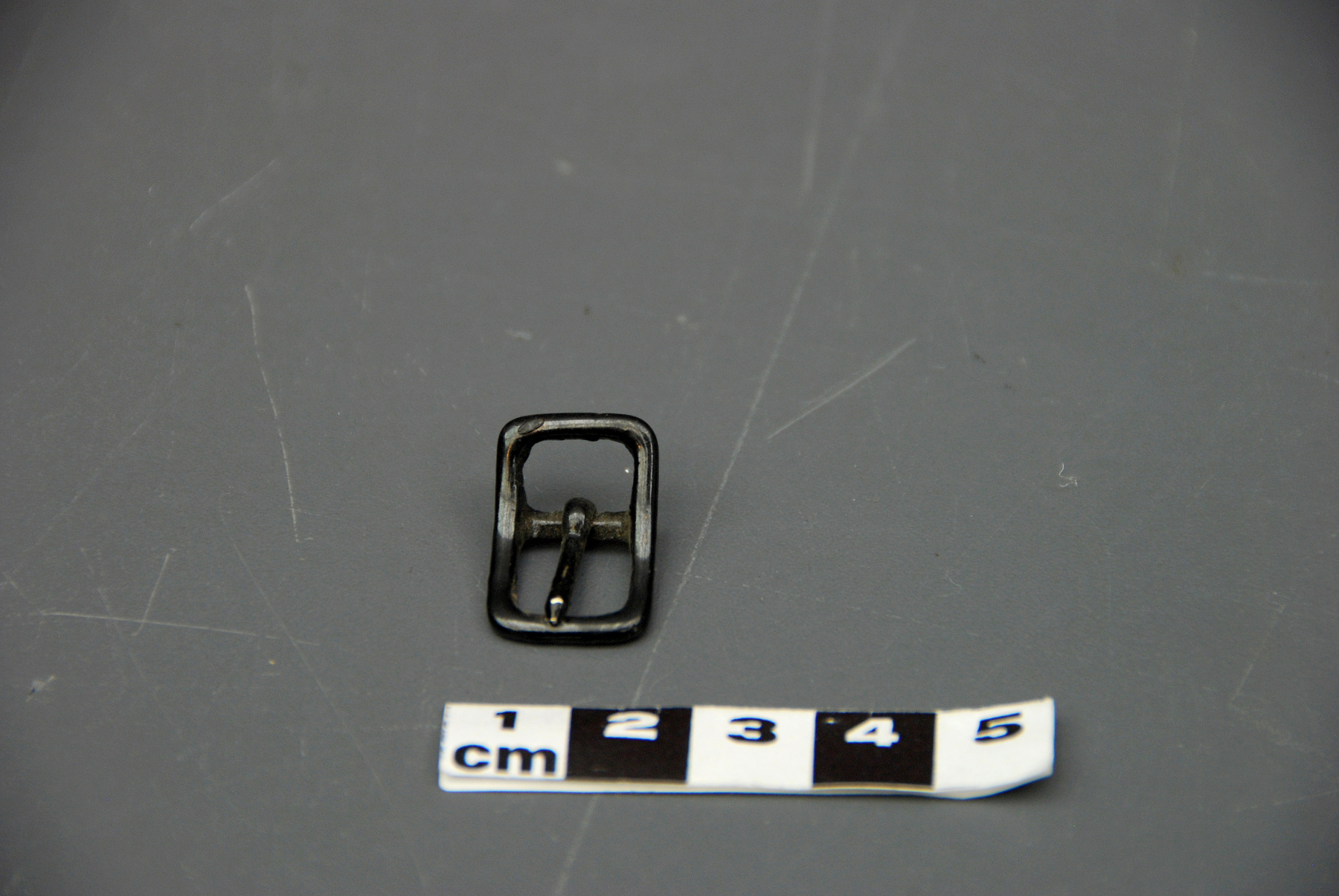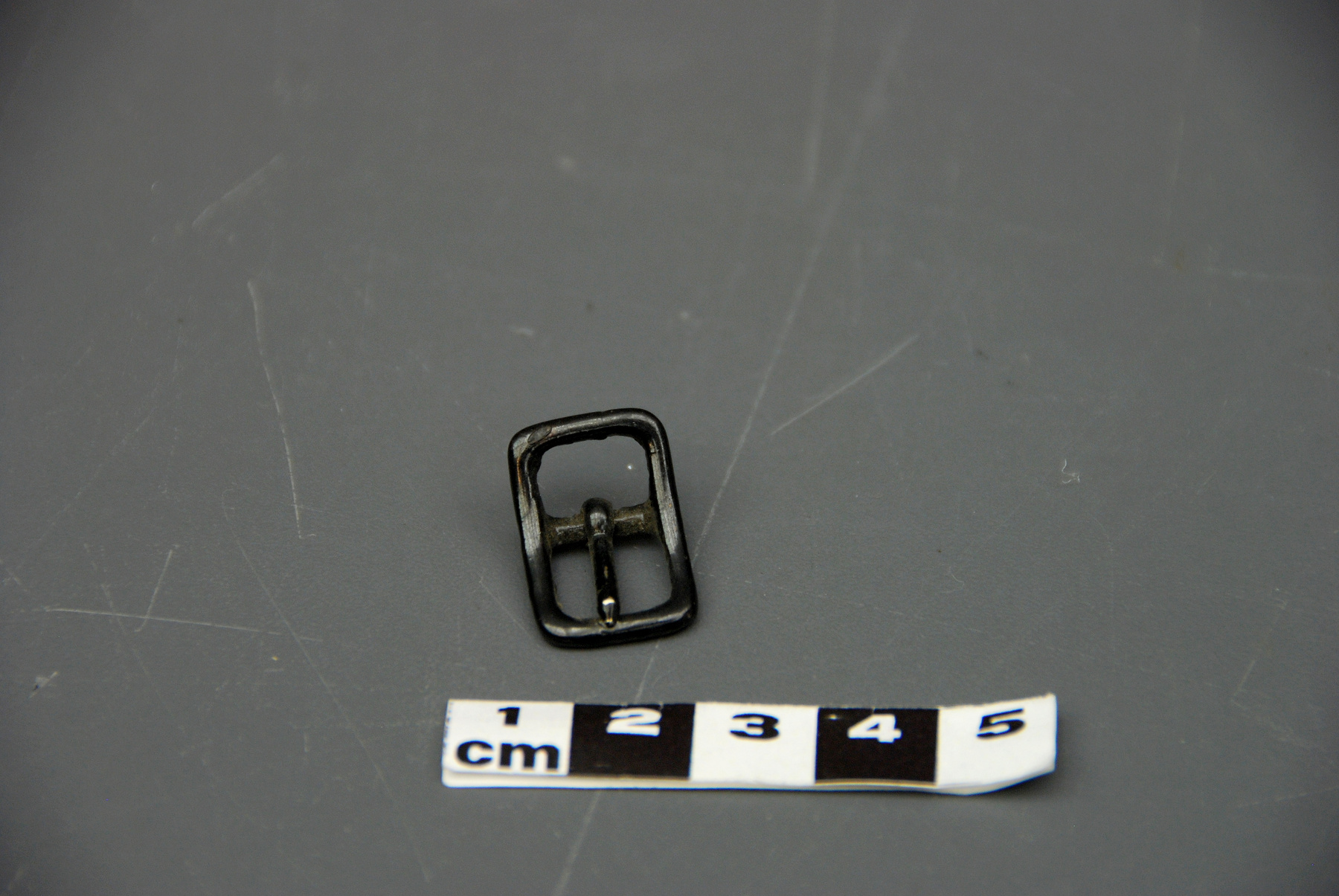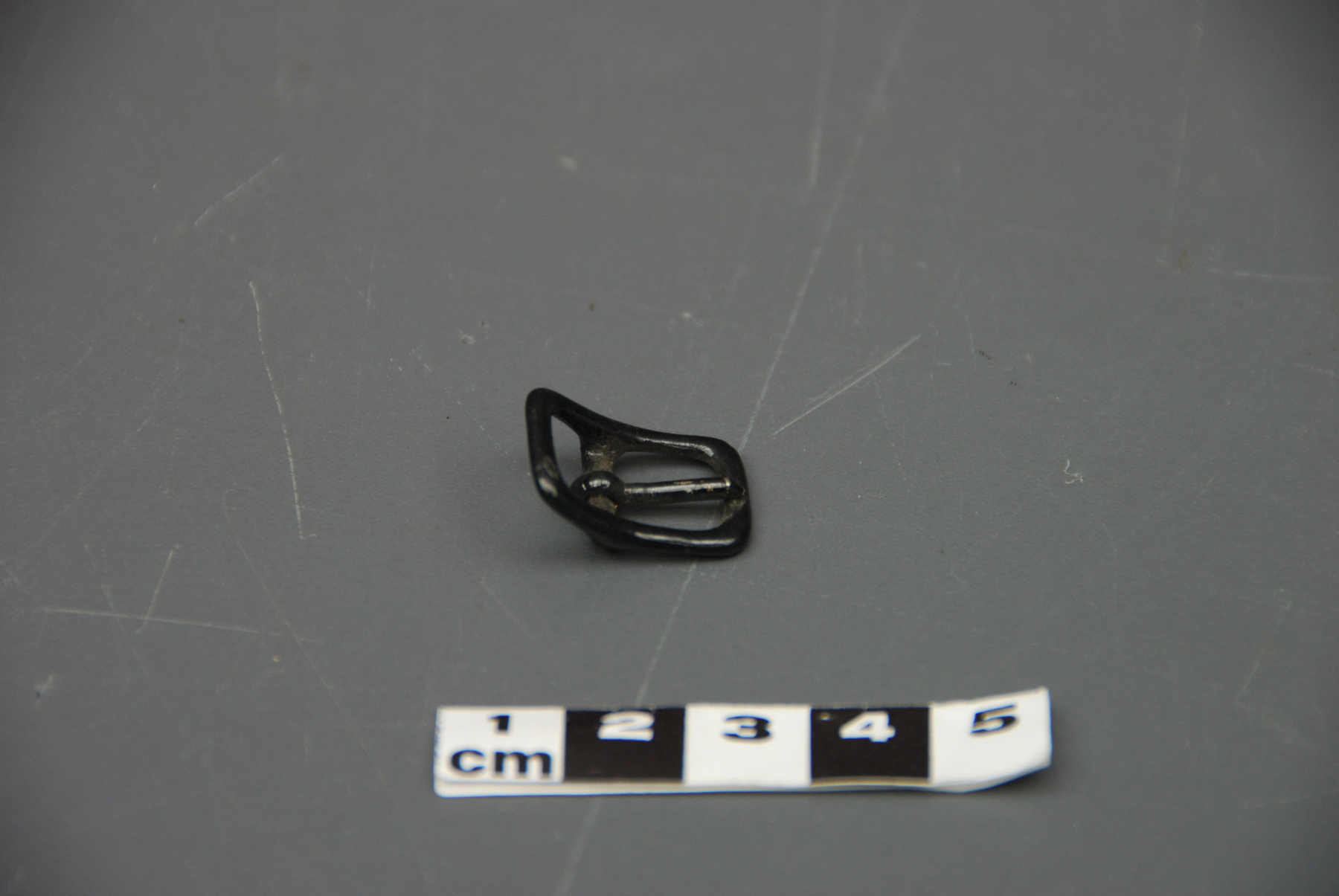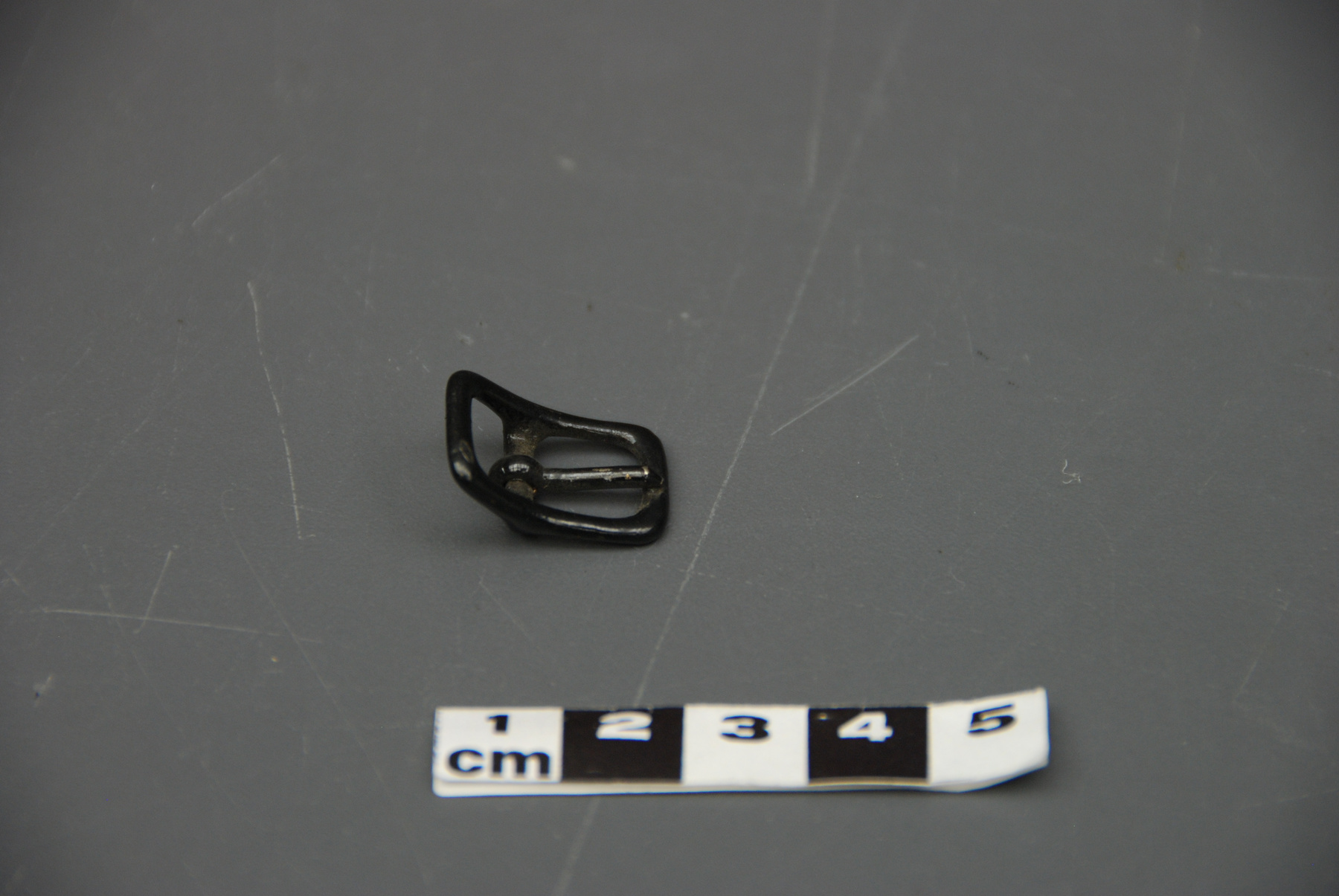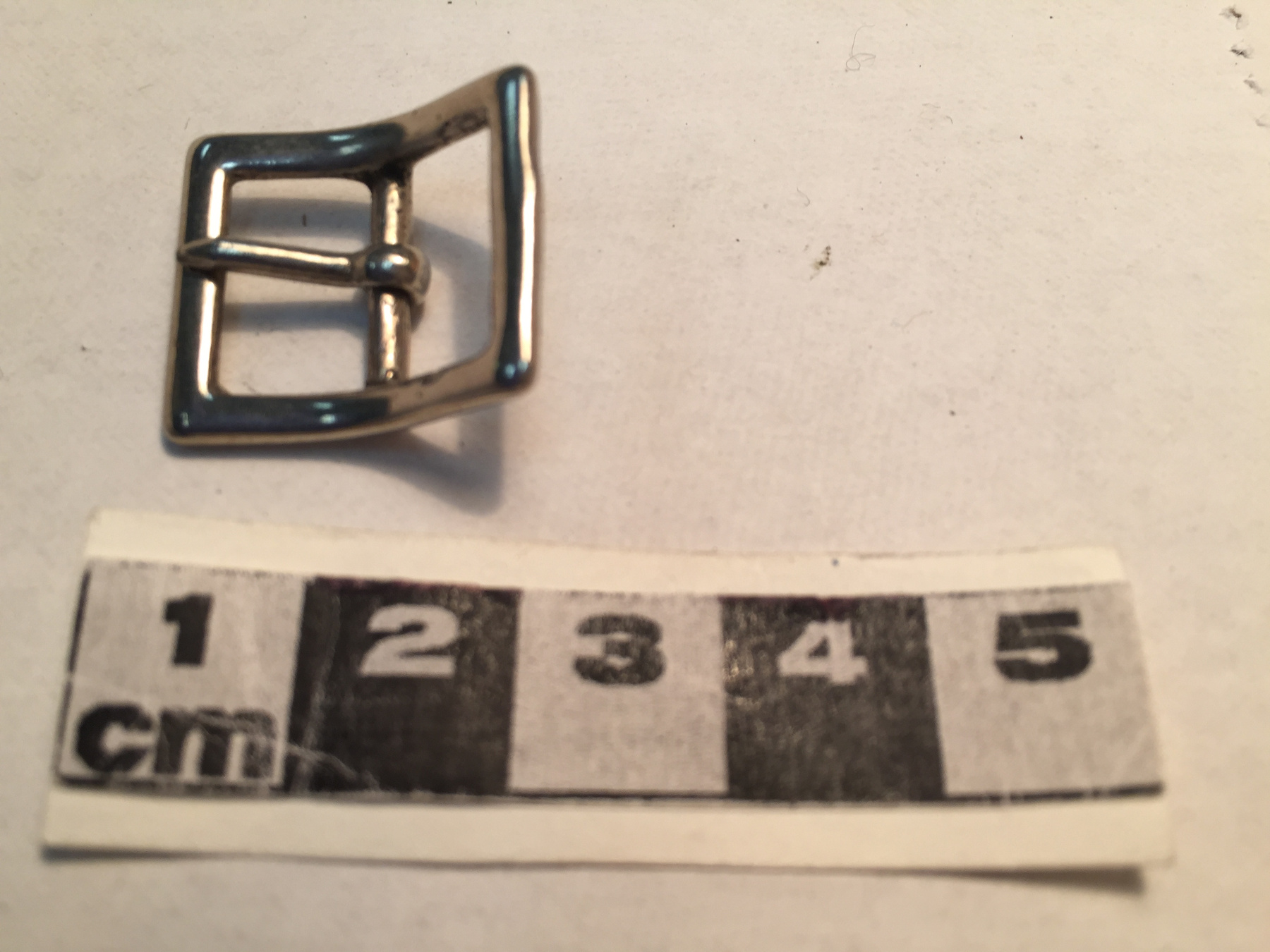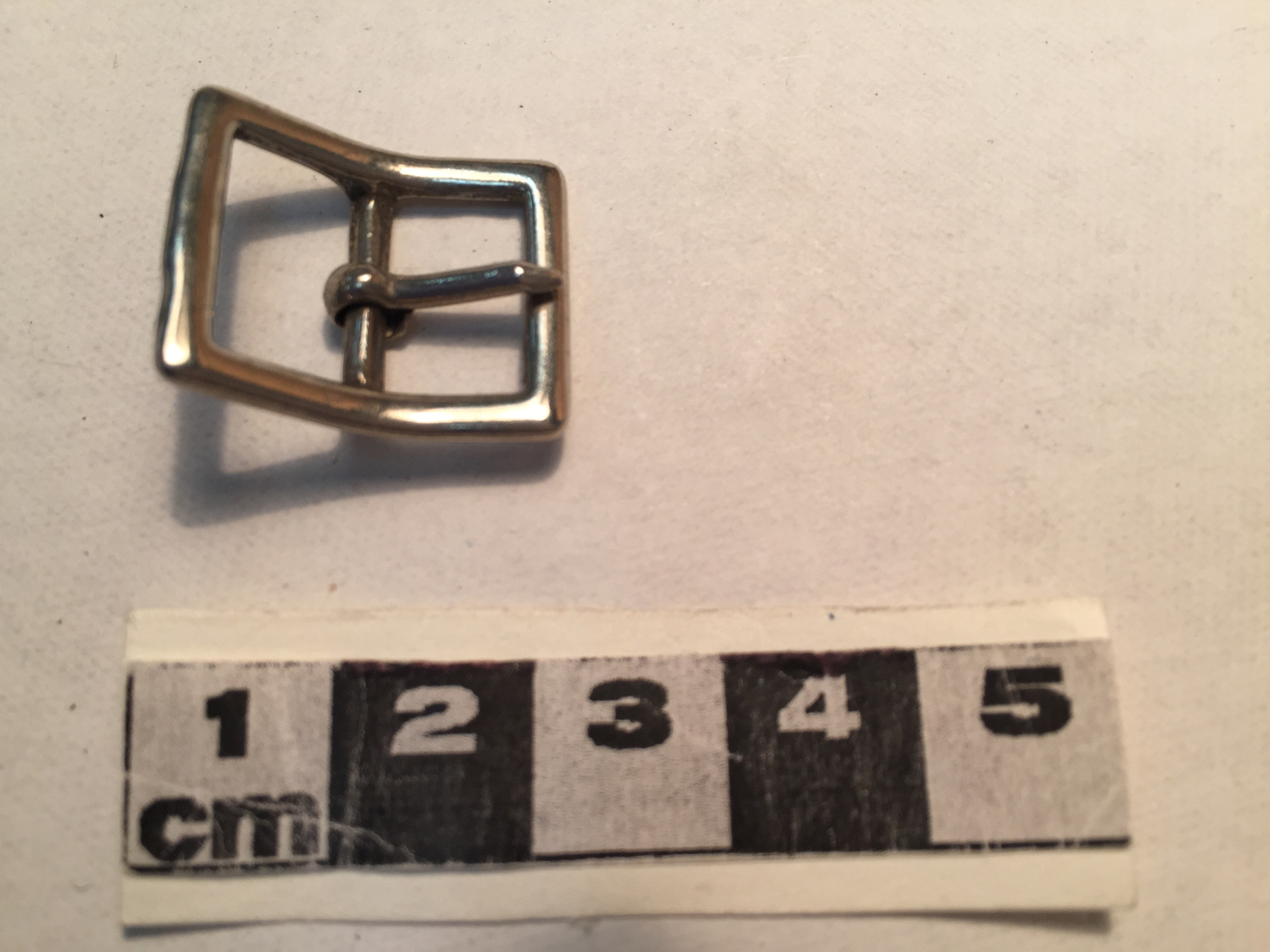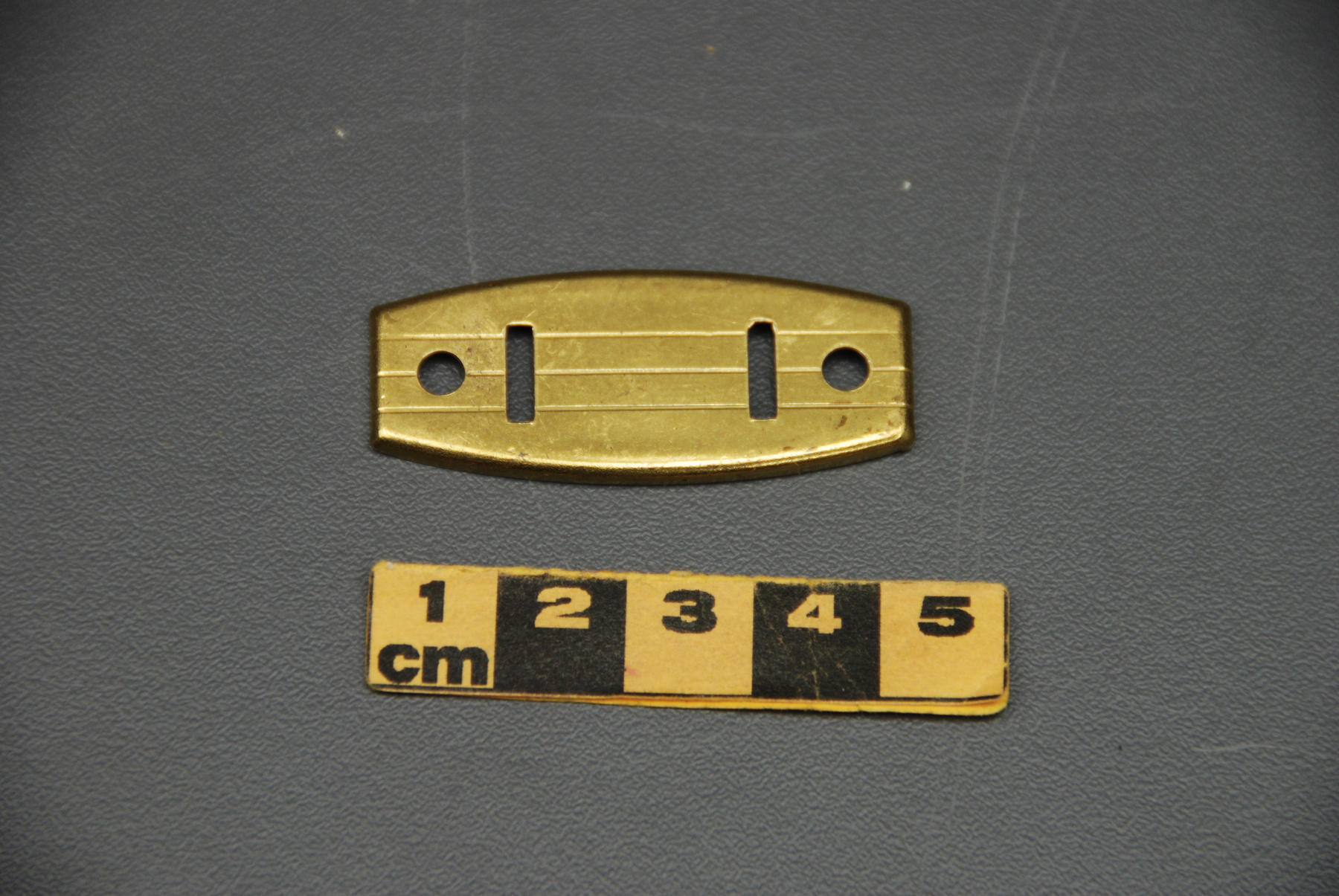Post, handle
Use this image
Can I reuse this image without permission? Yes
Object images on the Ingenium Collection’s portal have the following Creative Commons license:
Copyright Ingenium / CC BY-NC-ND (Attribution-NonCommercial 4.0 International (CC BY-NC 4.0)
ATTRIBUTE THIS IMAGE
Ingenium,
2010.0805.006
Permalink:
Ingenium is releasing this image under the Creative Commons licensing framework, and encourages downloading and reuse for non-commercial purposes. Please acknowledge Ingenium and cite the artifact number.
DOWNLOAD IMAGEPURCHASE THIS IMAGE
This image is free for non-commercial use.
For commercial use, please consult our Reproduction Fees and contact us to purchase the image.
- OBJECT TYPE
- rivet
- DATE
- 1900–1950
- ARTIFACT NUMBER
- 2010.0805.006
- MANUFACTURER
- Seymour Products Co.
- MODEL
- Unknown
- LOCATION
- Unknown
More Information
General Information
- Serial #
- N/A
- Part Number
- 6
- Total Parts
- 12
- AKA
- N/A
- Patents
- N/A
- General Description
- Brass plated metal
Dimensions
Note: These reflect the general size for storage and are not necessarily representative of the object's true dimensions.
- Length
- 4.3 cm
- Width
- 1.8 cm
- Height
- N/A
- Thickness
- N/A
- Weight
- N/A
- Diameter
- N/A
- Volume
- N/A
Lexicon
- Group
- Industrial Technology
- Category
- Tools & equipment-trades
- Sub-Category
- N/A
Manufacturer
- AKA
- Seymour
- Country
- Unknown
- State/Province
- Unknown
- City
- Unknown
Context
- Country
- Canada
- State/Province
- Quebec
- Period
- 1900's - 1950's
- Canada
-
Taken from acquisition proposal, Reference 1: Through the Bithell story we see the cohesiveness of Montreal’s English-speaking enclaves at the turn of the 20th century. Joseph Bithell’s first store was located on Beaver Hall Hill at the outer edge of the “Square Mile,” the home of Montreal’s Anglophone elite who headed many of Canada’s major businesses and institutions. His clientele most likely included many of the area’s residents who, as Margaret Westley notes, preferred to “shop at stores owned and operated by fellow Scots and Englishmen” and who’s favourite past time included horse riding, horse driving, polo and frequenting the Montreal Hunt Club. The relocation of their various businesses across the city also reflected this cohesion as they tended to set up their shops in, or in close proximity to, these Anglophone enclaves. The story tells us about Montreal at a time when it was the industrial and commercial centre of Canada and from the perspective of skilled tradesmen who worked in what was quickly becoming a dying trade. The adoption of the automobile redefined personal transportation as its increasing popularity began reducing the need for horses and buggies and, consequently, the need for saddle and harness makers. In this way, the Bithells were part of an important aspect of Canada’s economical, social and cultural history. - Function
-
Used to attach a handle to luggage, briefcase or bag. - Technical
-
Taken from acquisition proposal, Reference 1: In the 1850s many industries started to transition from craft production to small-scale manufacturing to mechanized industry, which saw the use of heavy, costly machinery rather than smaller hand tools. At this time Montreal’s leather industry was starting to grow exponentially and by the 1890s the Montreal market for leather goods was considered one of the largest in Canada, dominated largely by shoe production. At this time, the leather industry consisted of different modes of production that co-existed. The most predominant were artisanal production, “putting-out”, where men and women did stitching work from home, and factory production. Leather production in artisanal shops, such as those in Montreal’s tanning district of Saint Henri, started to give way to “putting out” by the 1850s. In the shoe industry both “putting out” and artisanal shoemaking were in decline by the 1870s, replaced by factory or mechanized production. Montreal had dominated Canadian saddle production in particular, with an estimated 23, mostly small and artisanal saddle manufacturers in 1871. The situation changed very little in 1881, as the industry was described as being “stocked with workman.” Gregory Kealey notes that harness and saddle making were less affected by mechanization than other trades such as shoemaking which could explain the relative success of the trade at this time. Saddlery and harness making were also considered prestigious trades compared to other forms of leather work because of the time required to learn and master the trade. By the 1920s, Montreal had begun to loose its status as a preeminent manufacturing centre in Quebec and Canada. Saddle making also began to die off and most of what was left of the industry was centred in Ontario. Nonetheless, by the end of the Second World War the leather industry, along with food, clothing, textile, wood, and tobacco, made up 54.2 per cent of Quebec’s industrial labour force and 48.6 percent of the total value of industrial production in 1950 making it one of the most important industries at that time, although most likely not for saddle and harness making. - Area Notes
-
Unknown
Details
- Markings
- None apparent
- Missing
- N/A
- Finish
- Brass plated plate with incised lines for decoration.
- Decoration
- Incised lines.
CITE THIS OBJECT
If you choose to share our information about this collection object, please cite:
Seymour Products Co., Post, handle, between 1900–1950, Artifact no. 2010.0805, Ingenium – Canada’s Museums of Science and Innovation, http://collection.ingeniumcanada.org/en/id/2010.0805.006/
FEEDBACK
Submit a question or comment about this artifact.
More Like This
